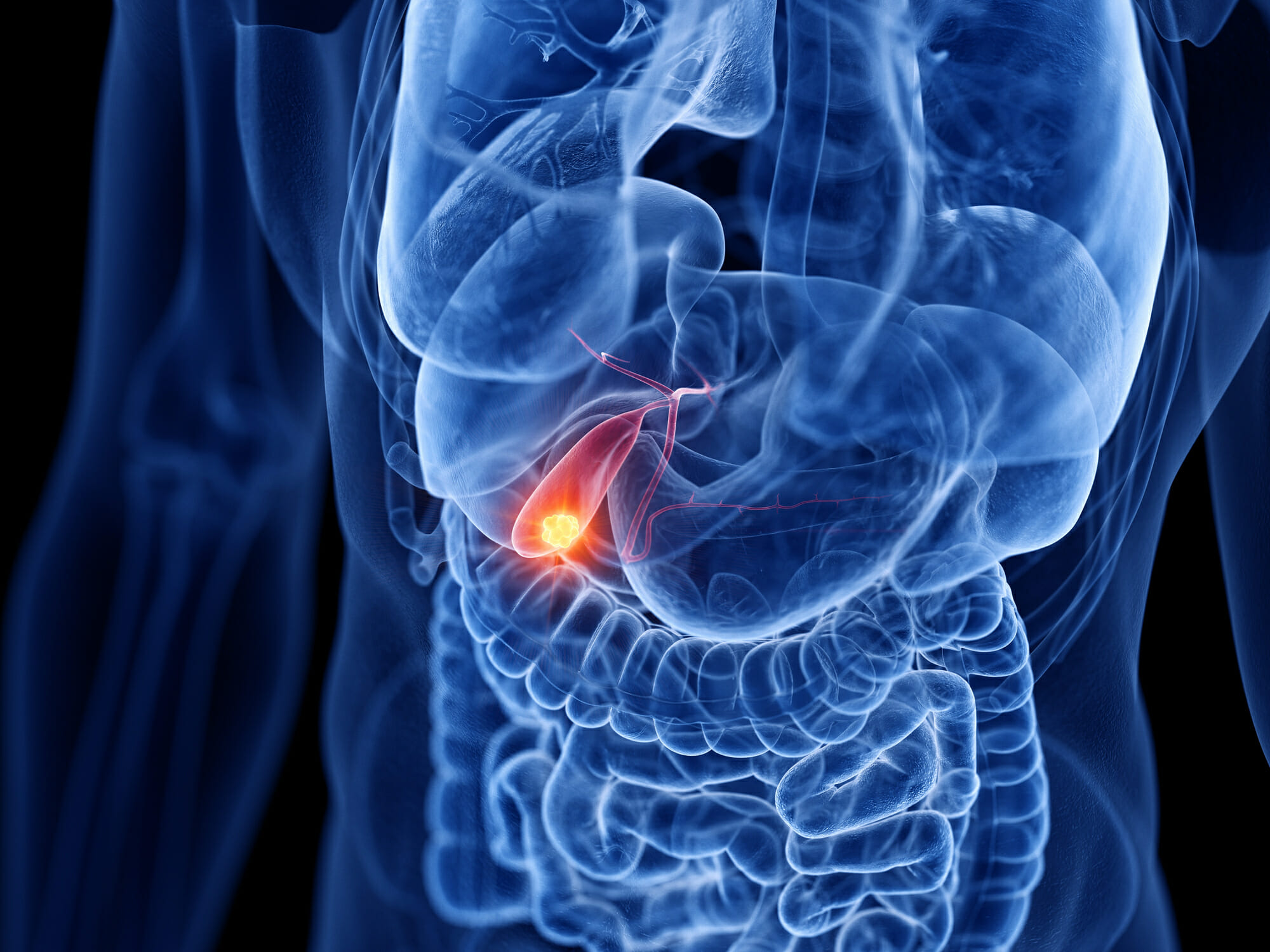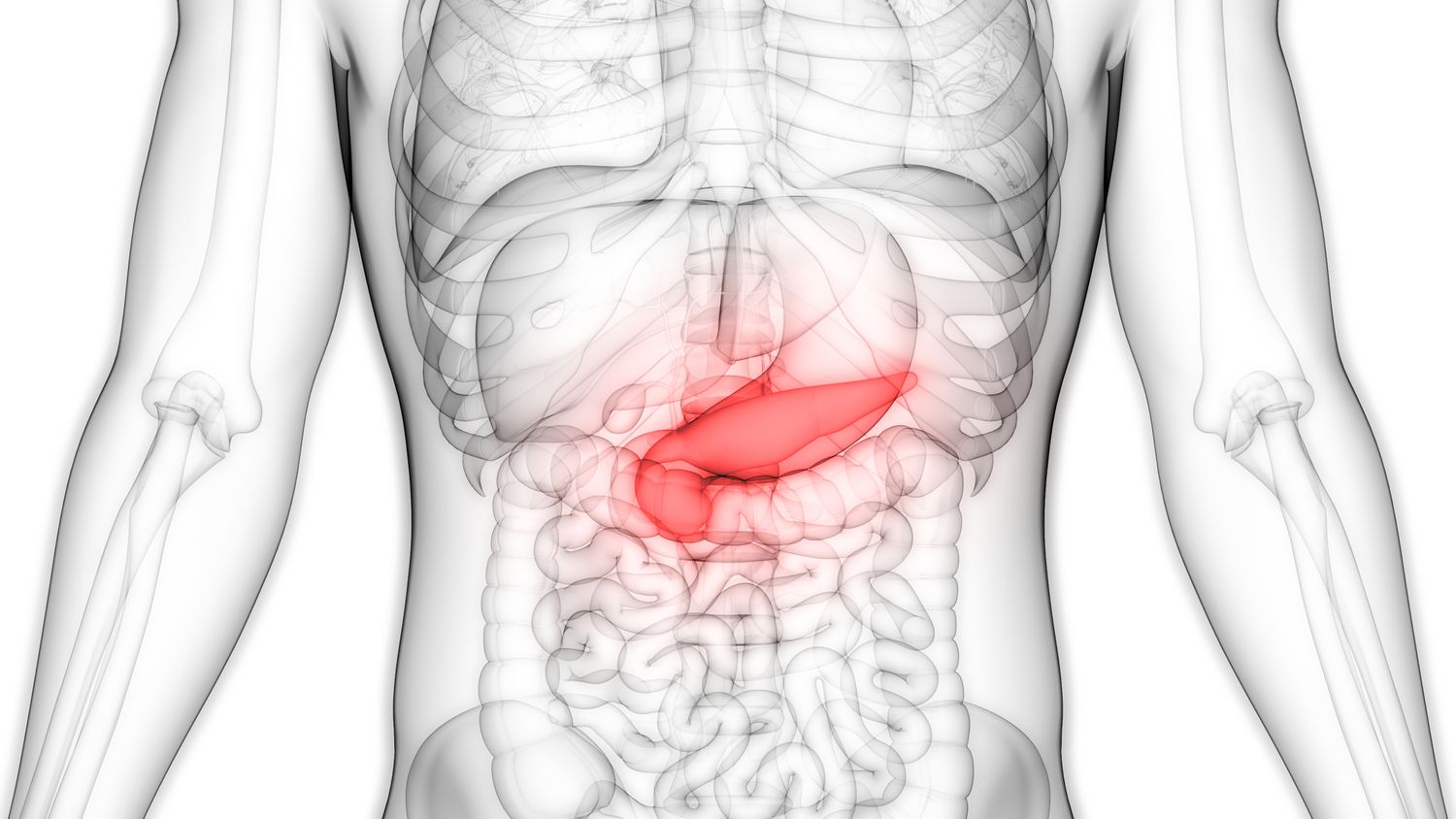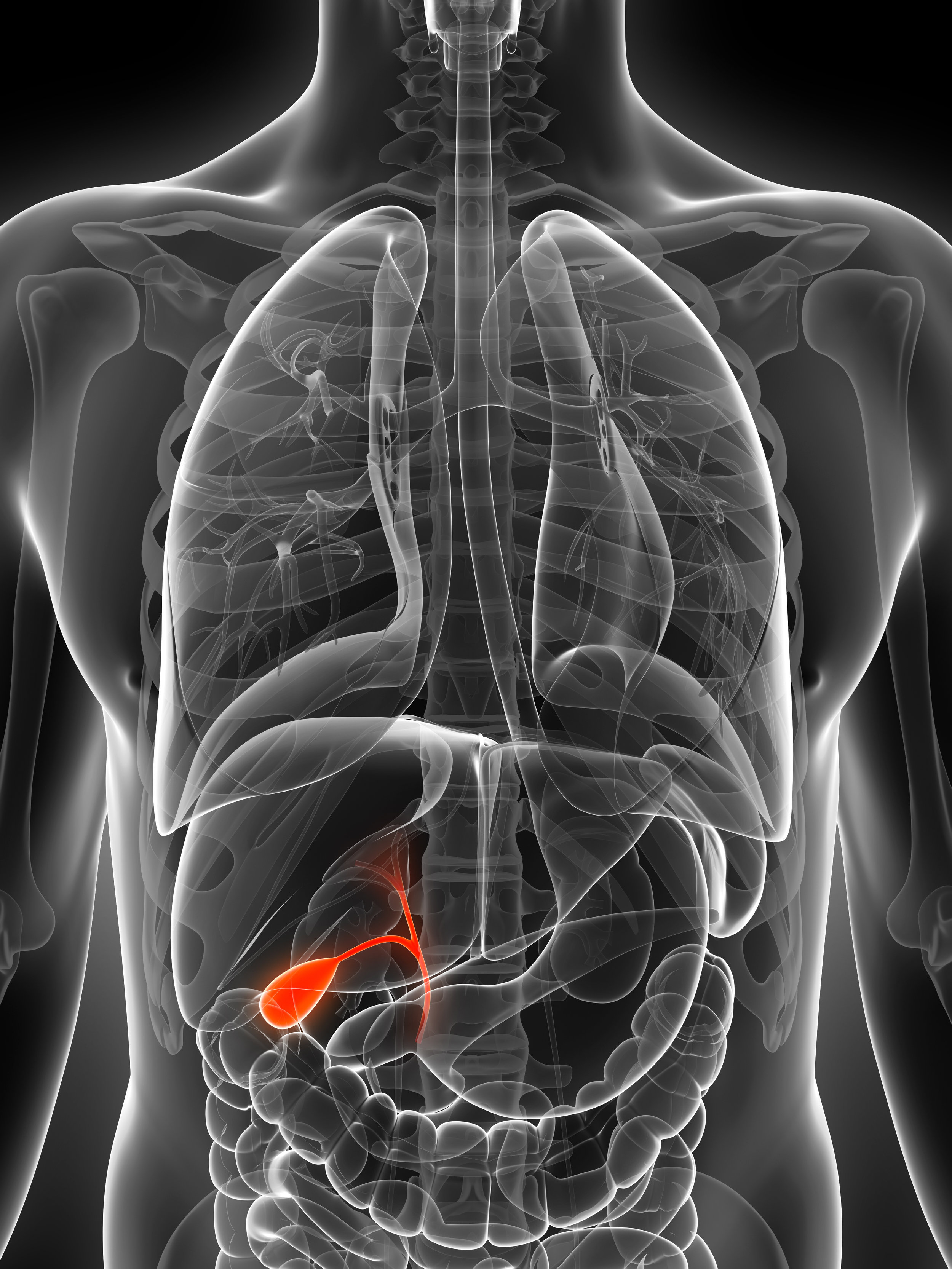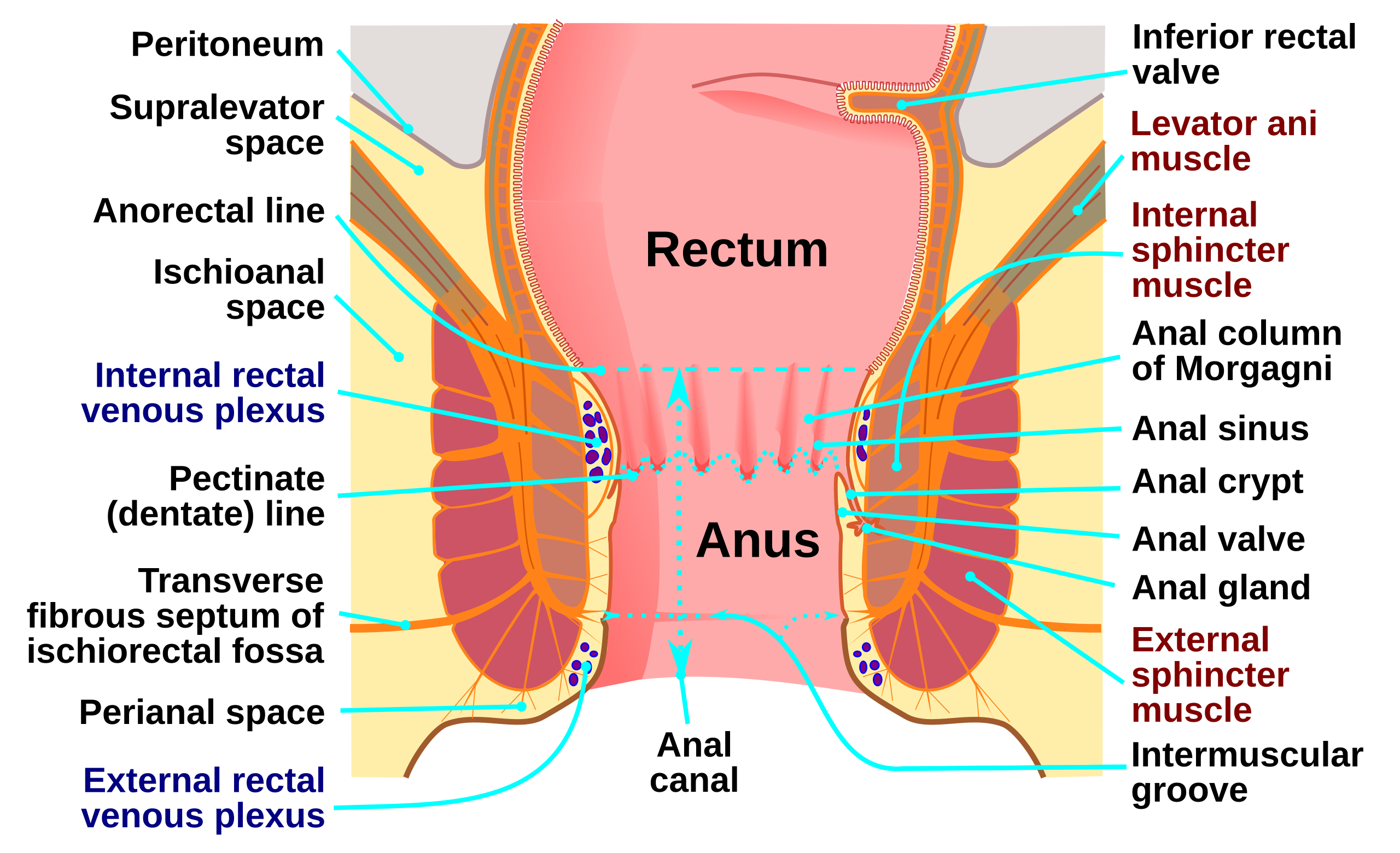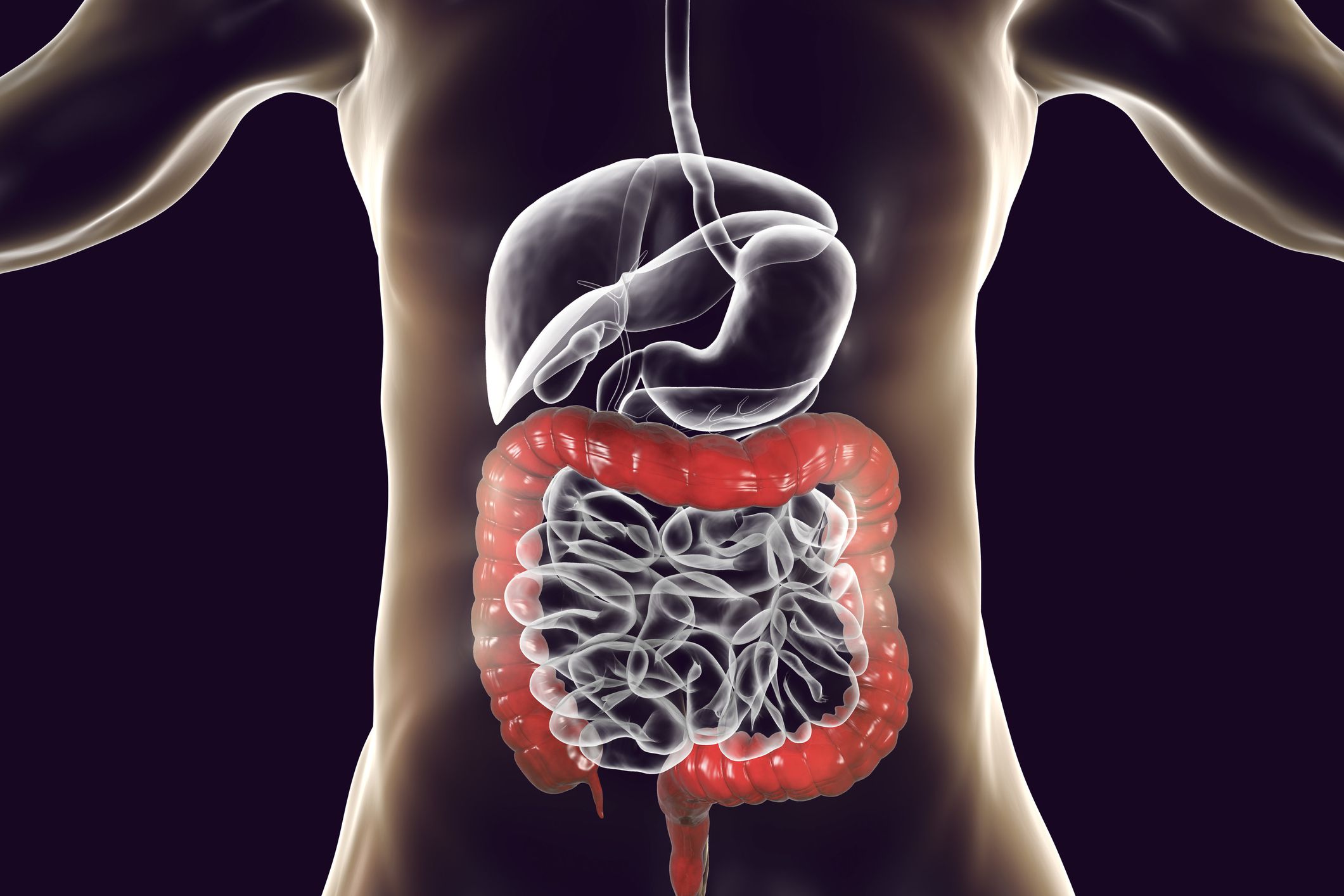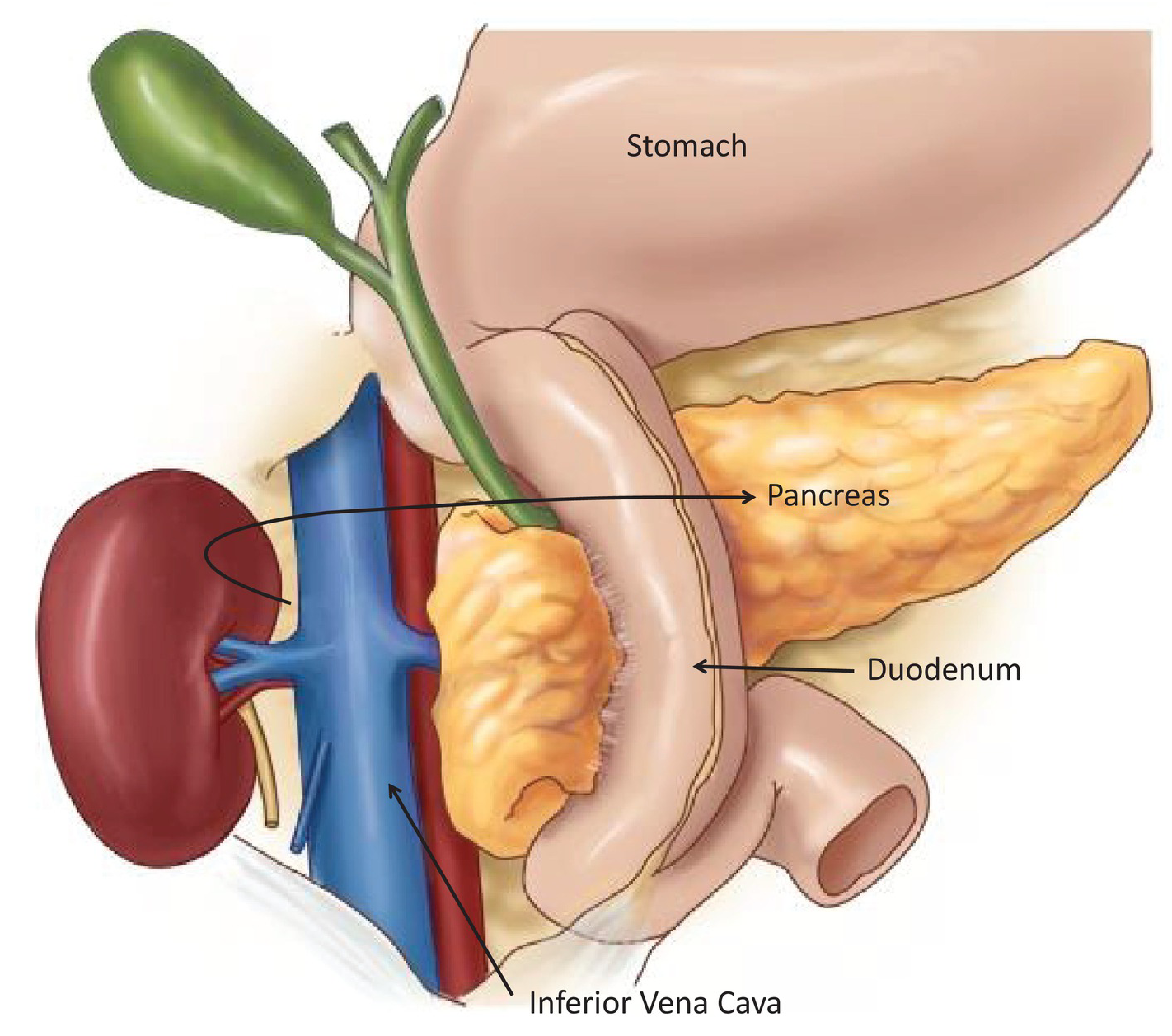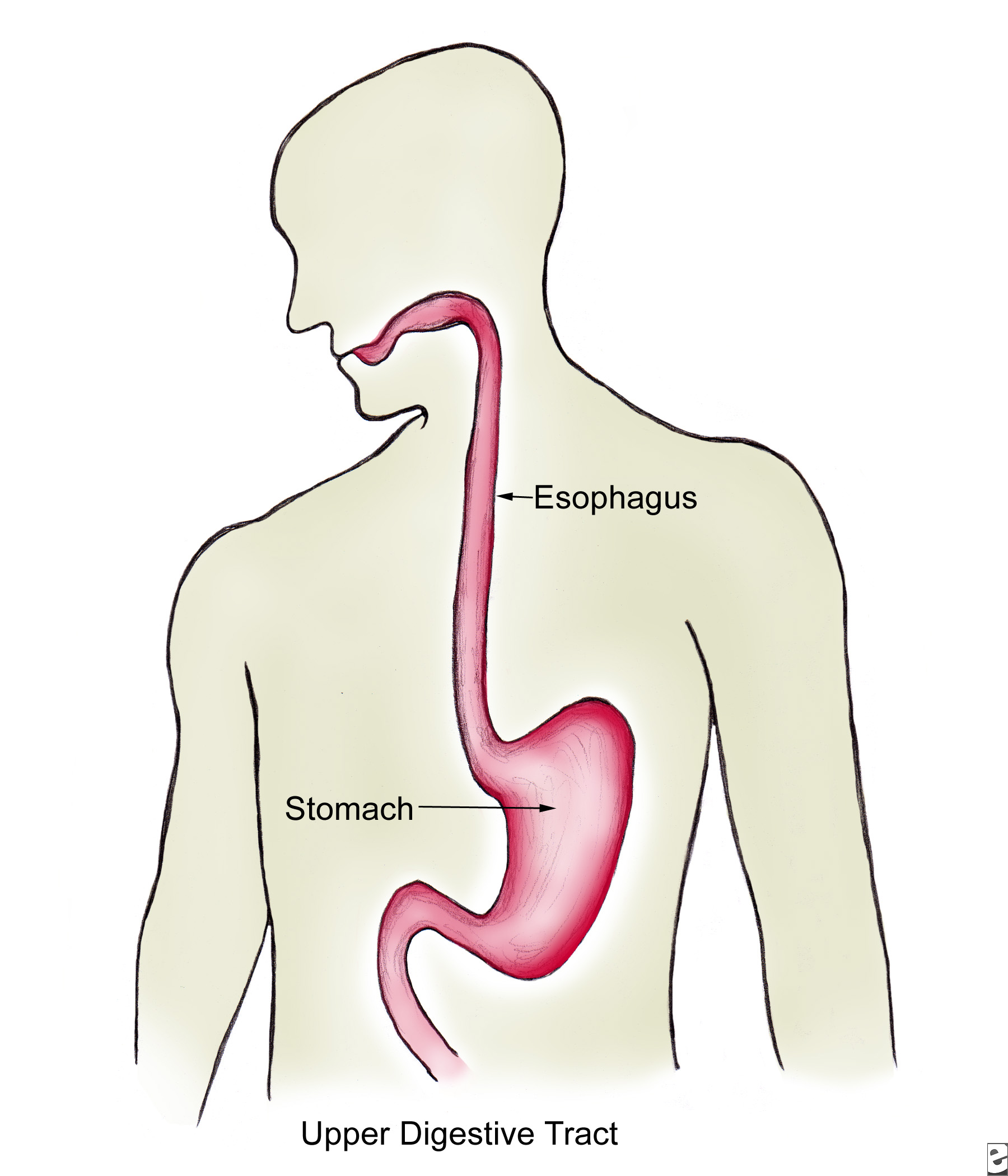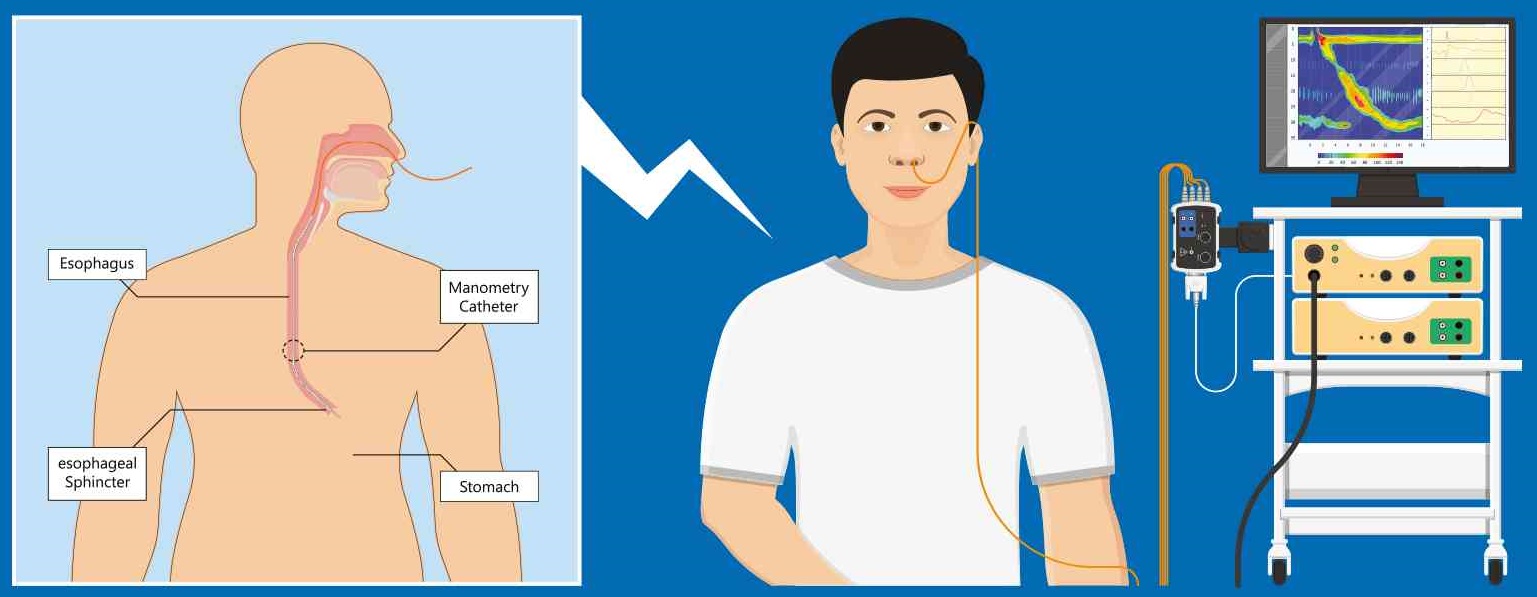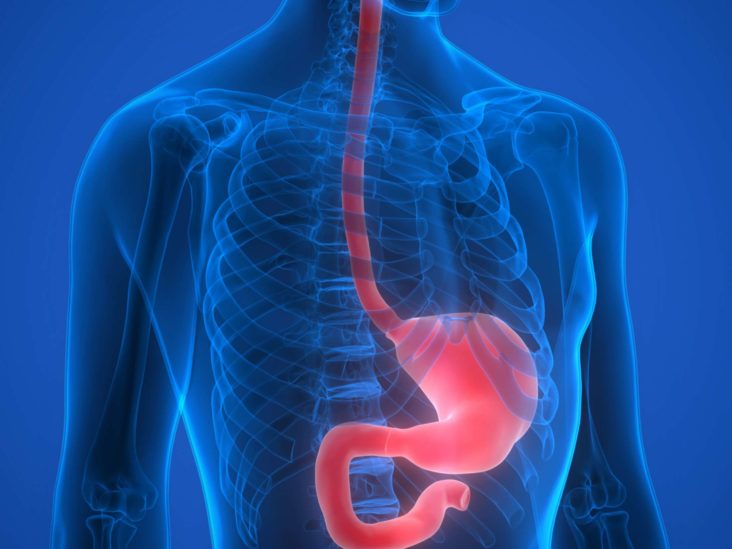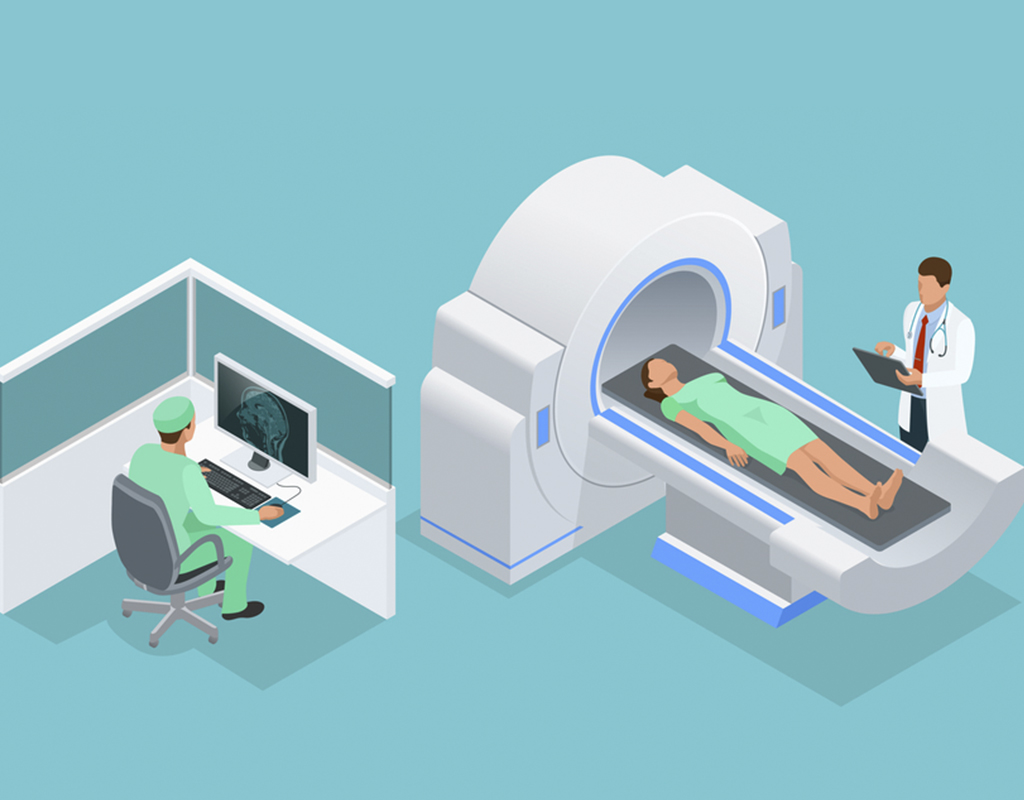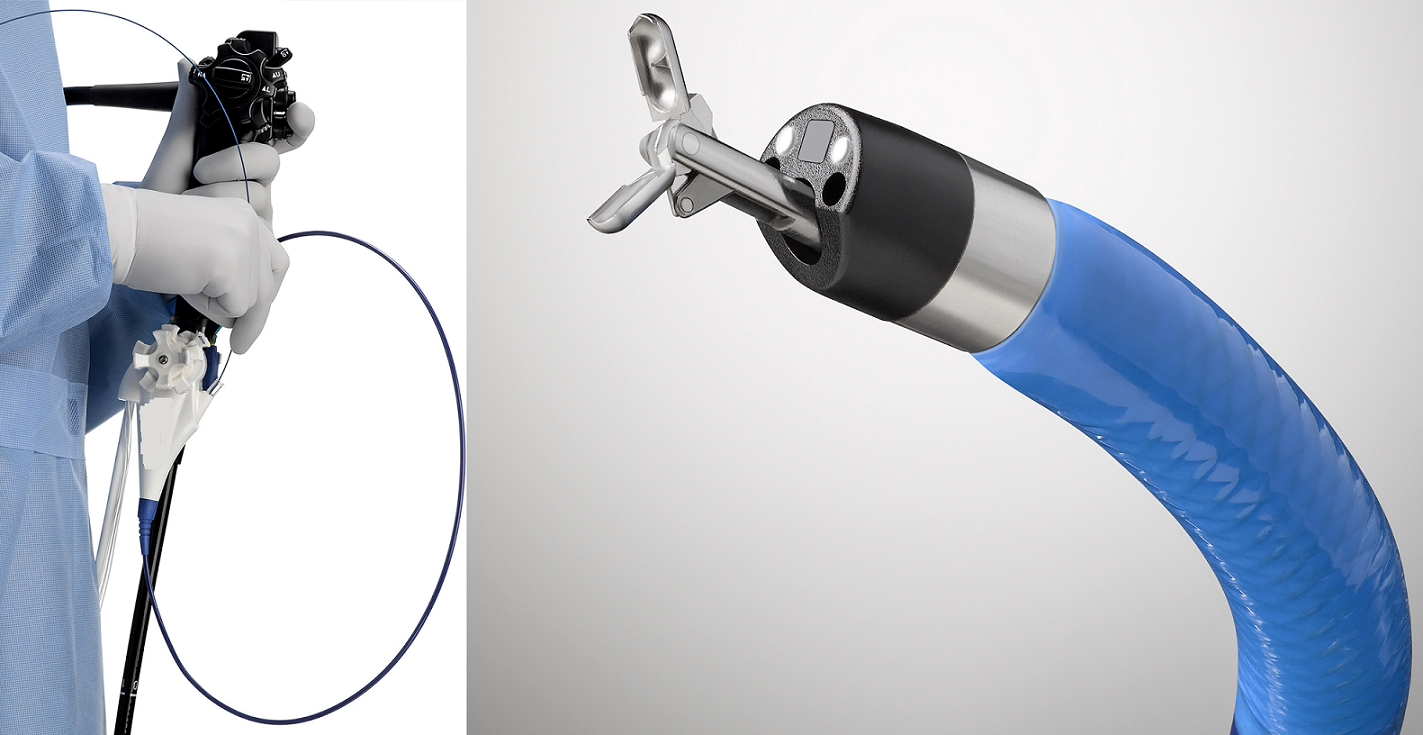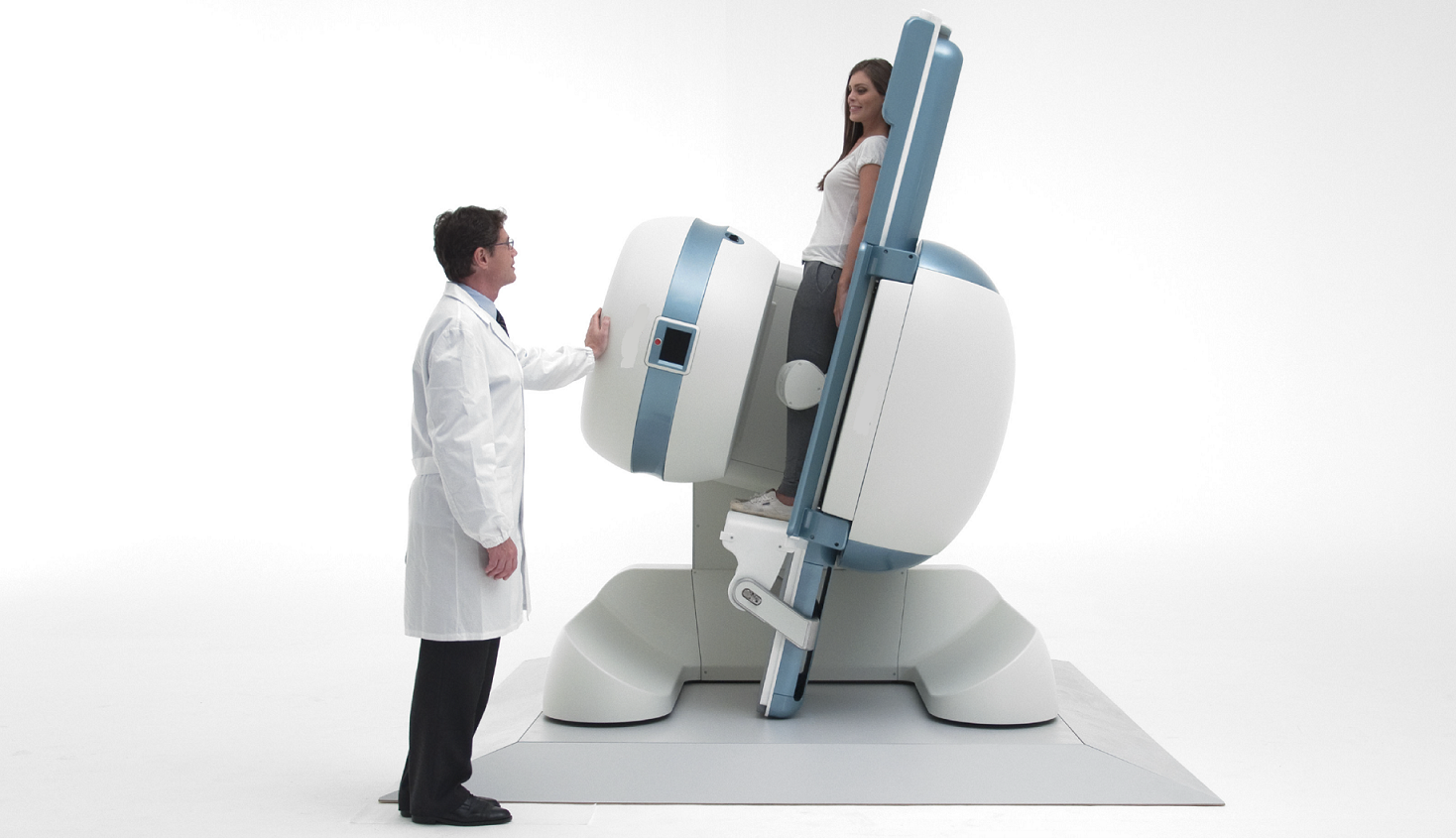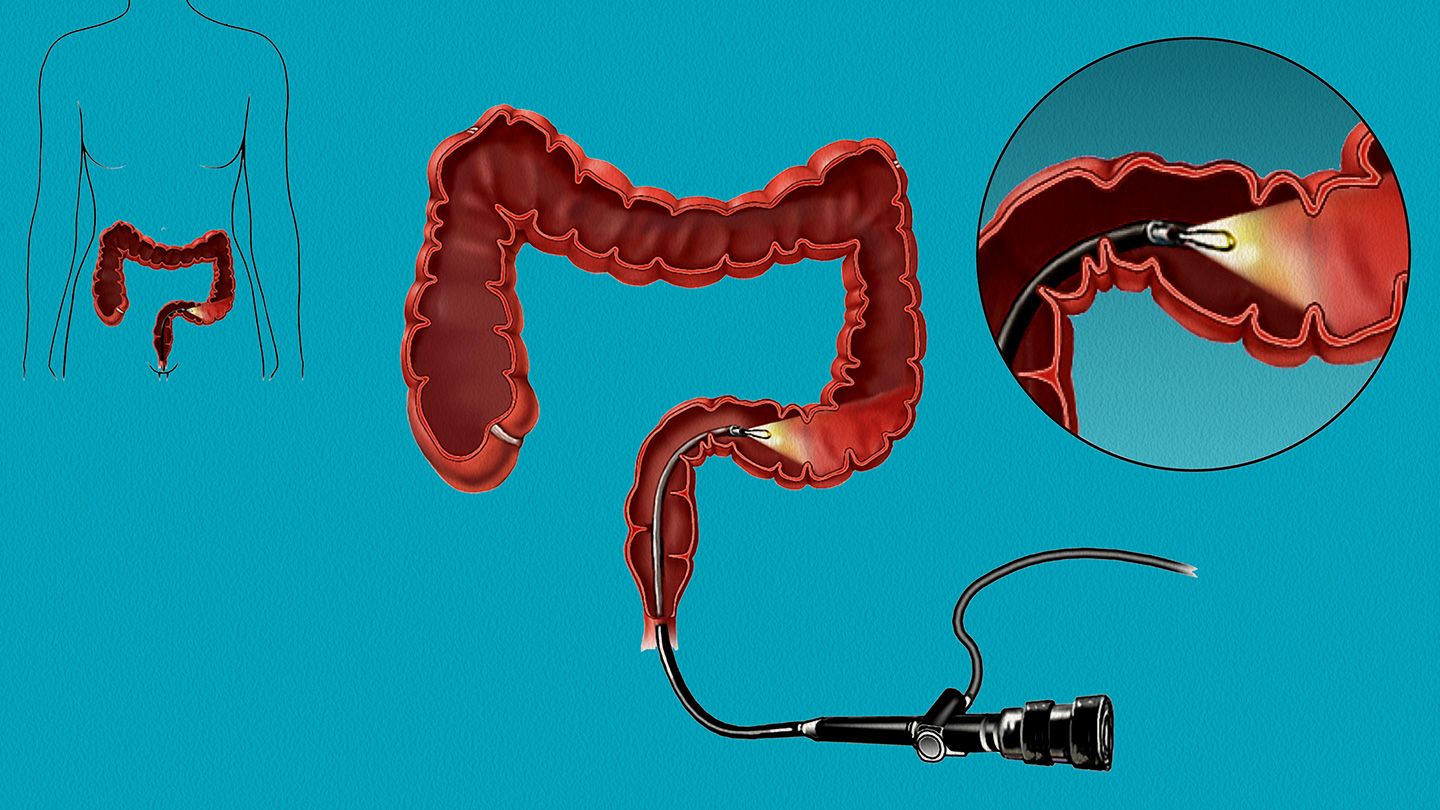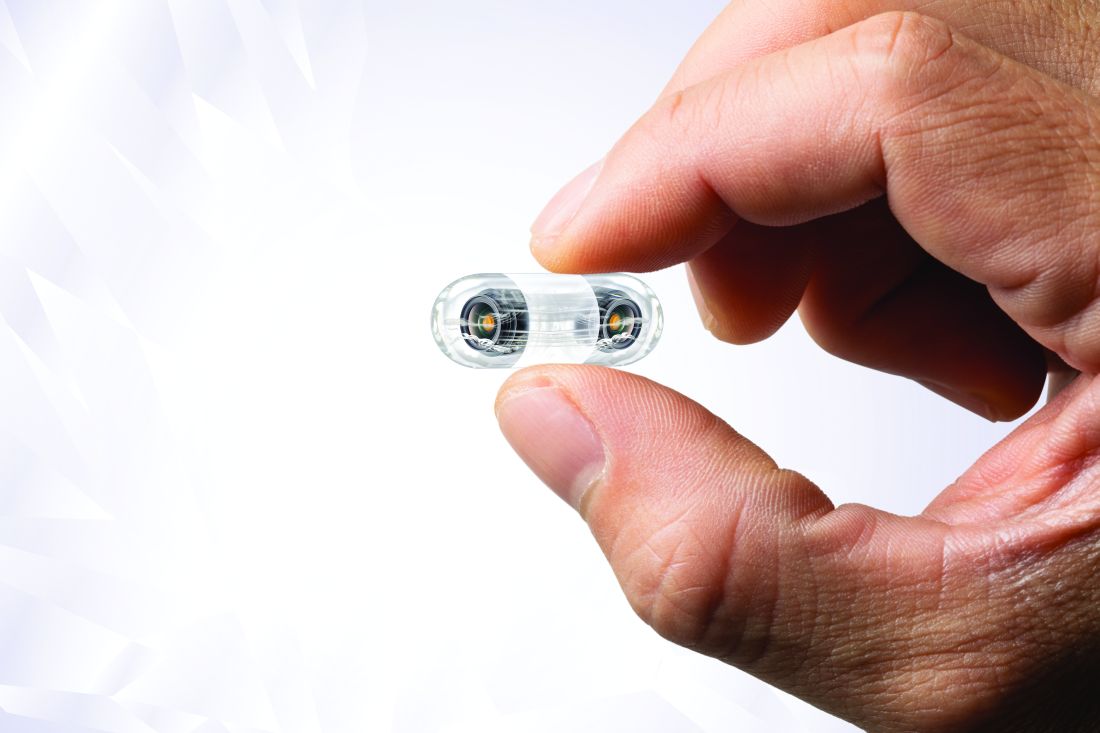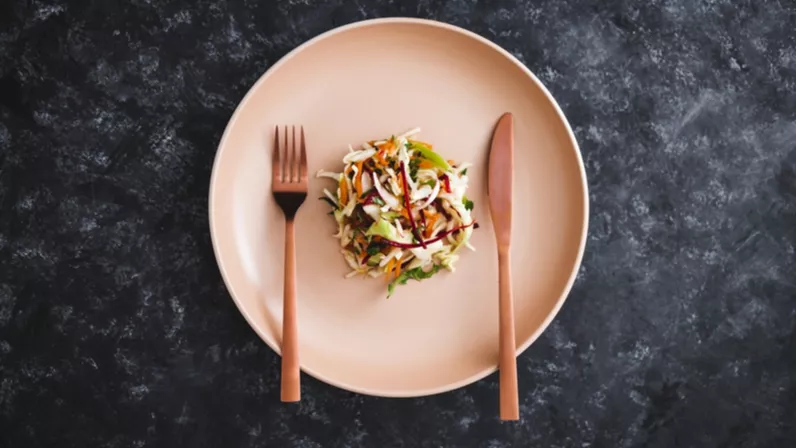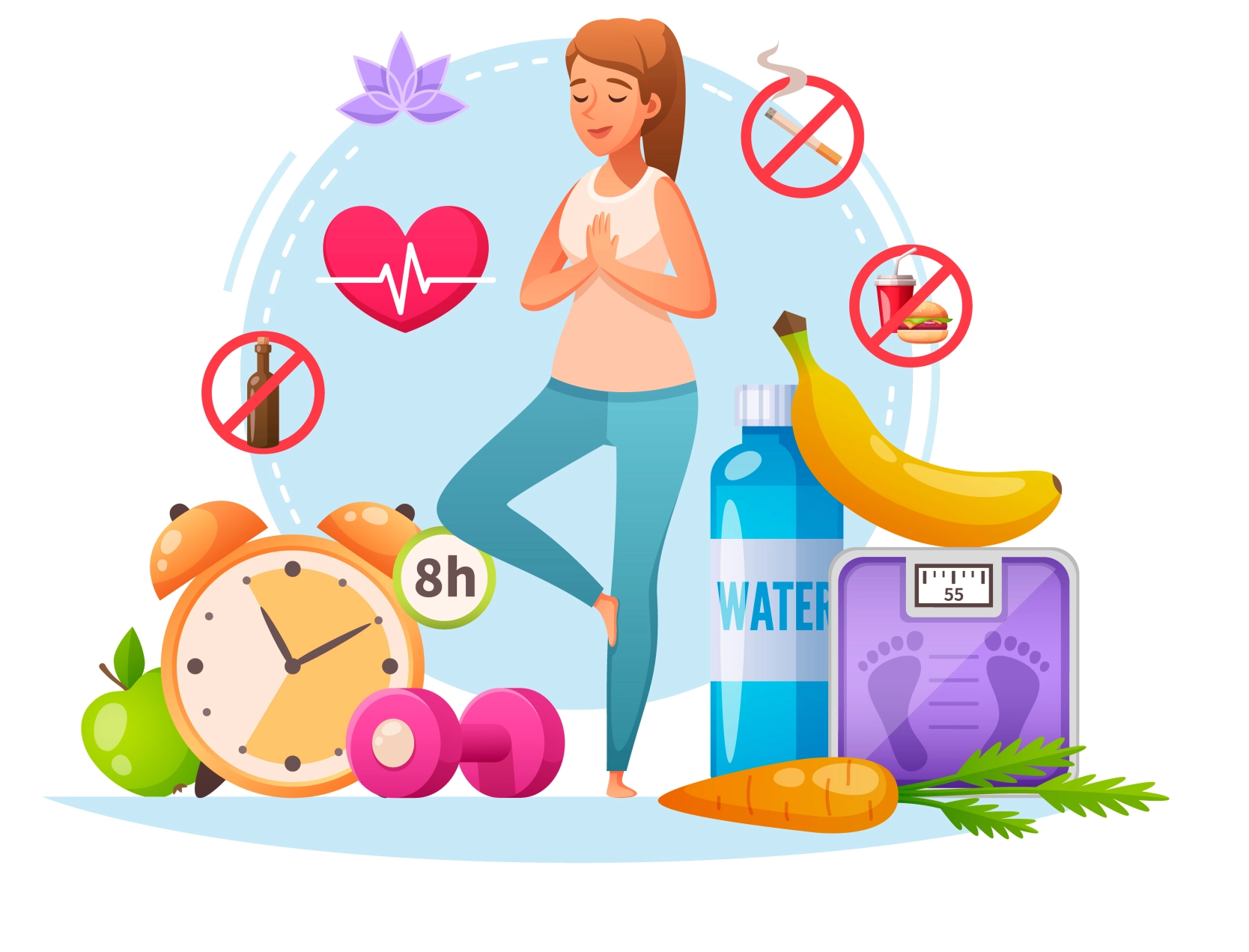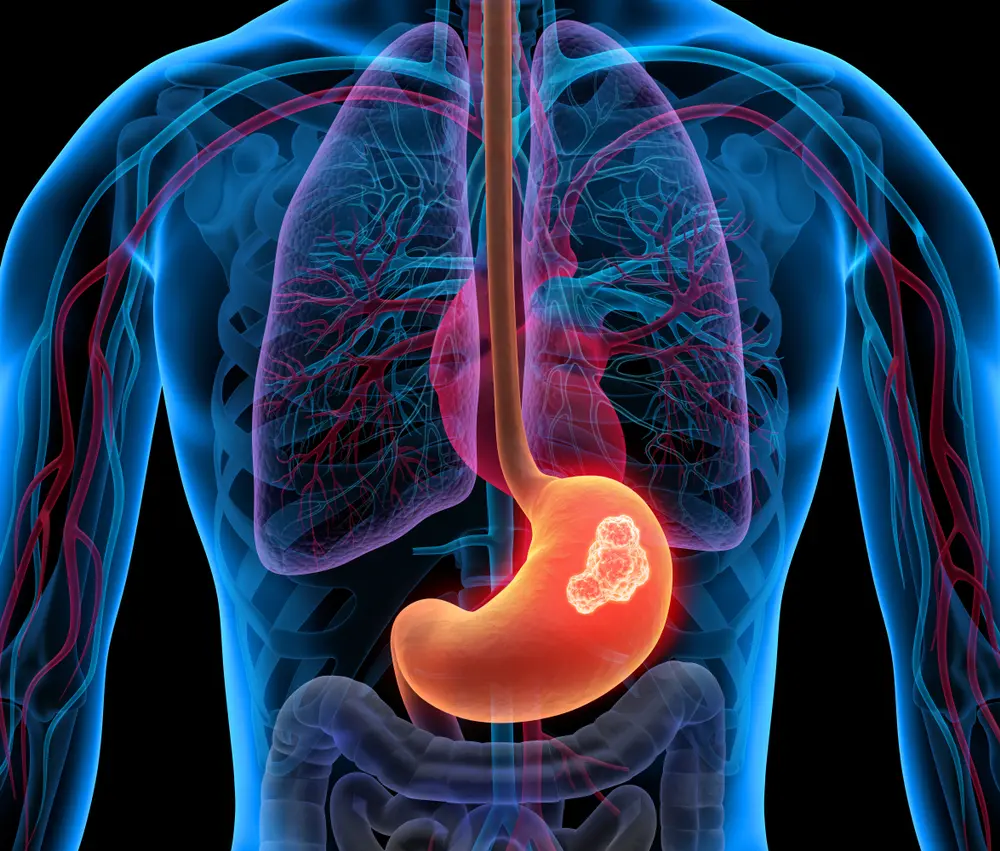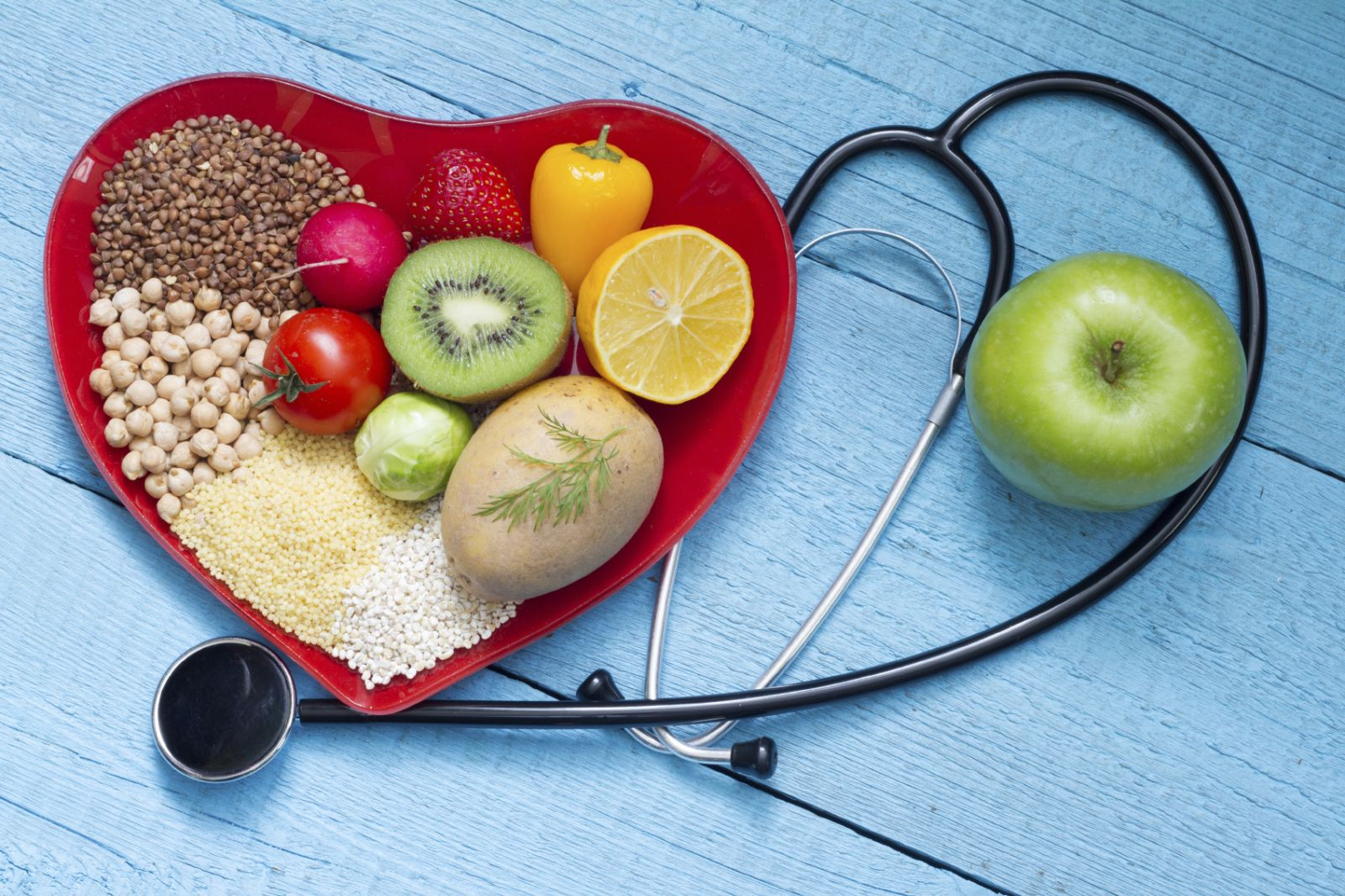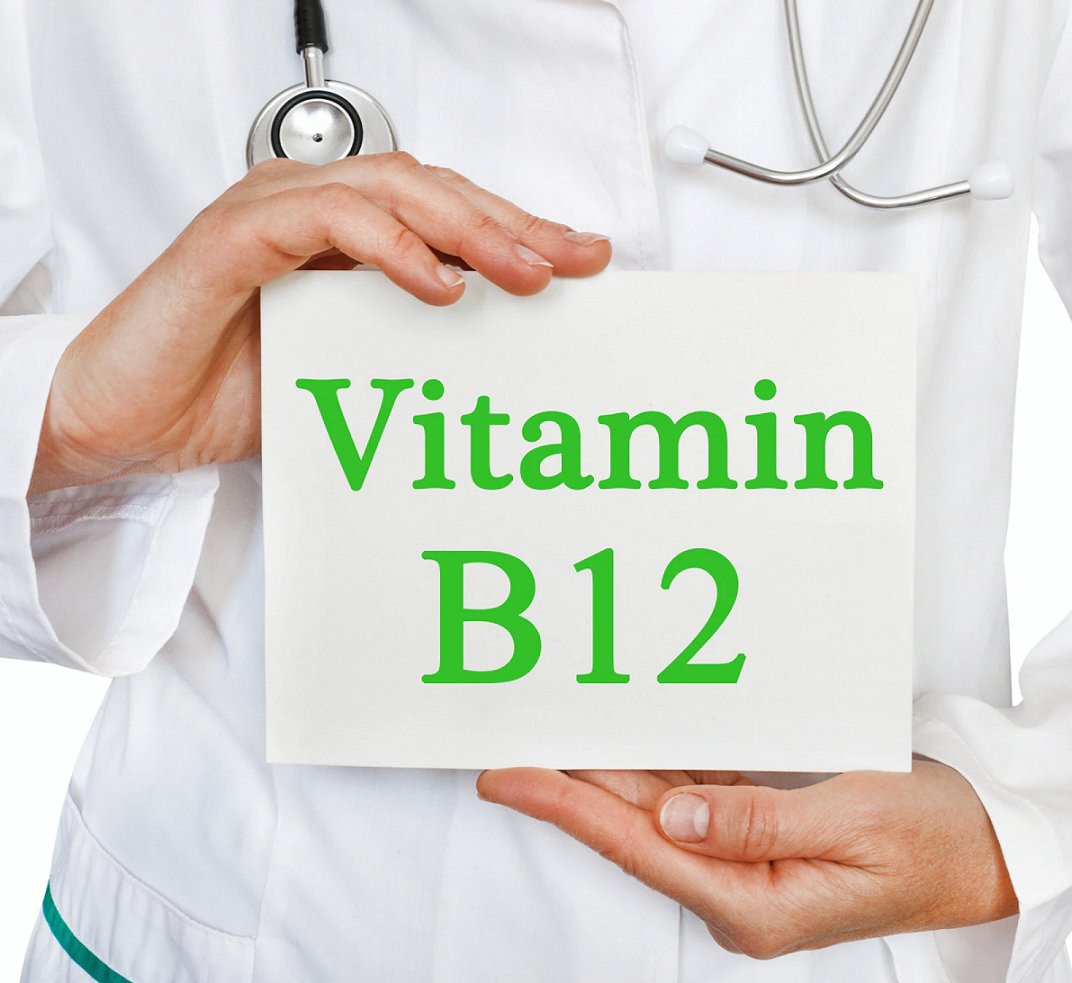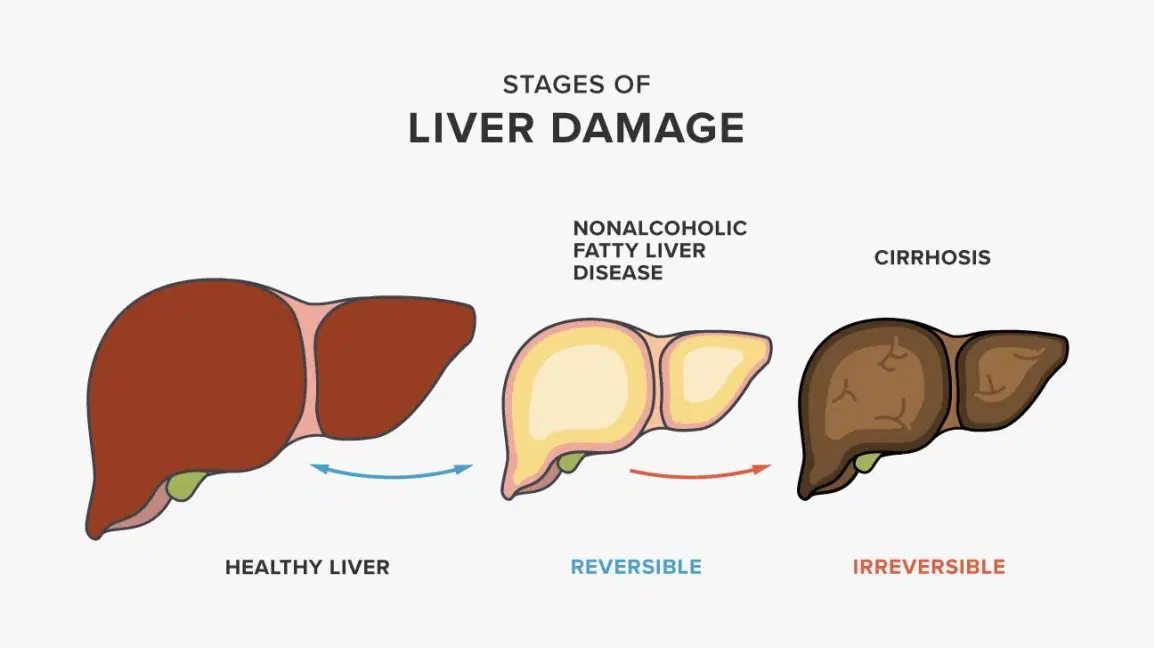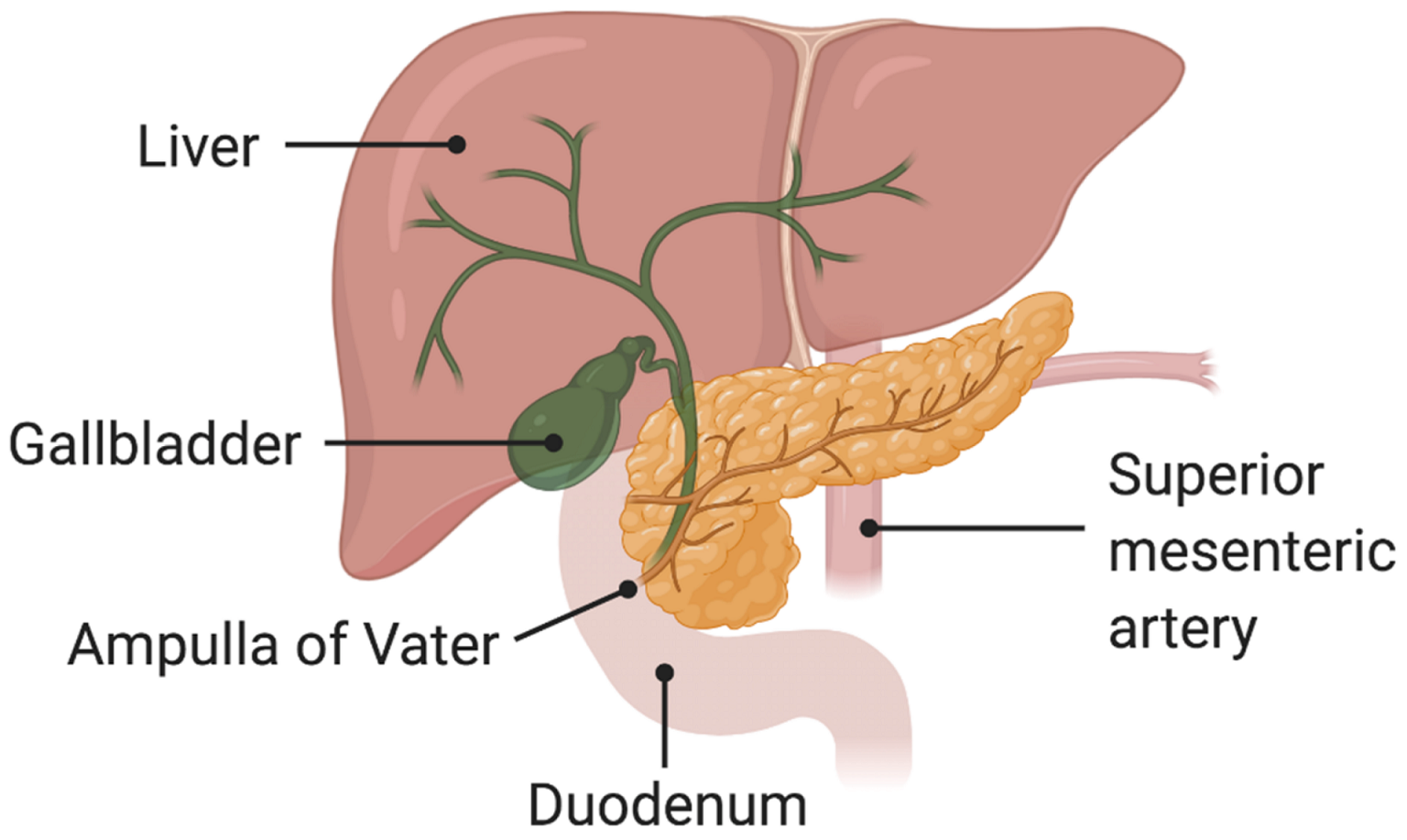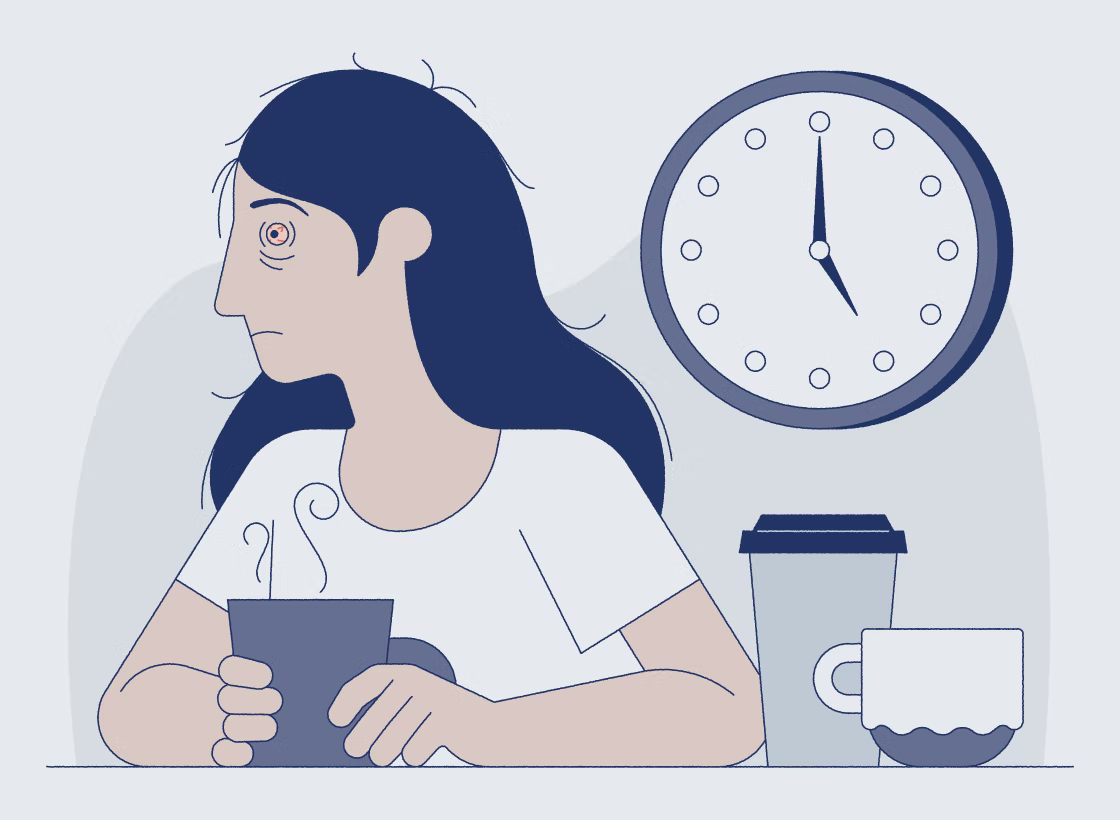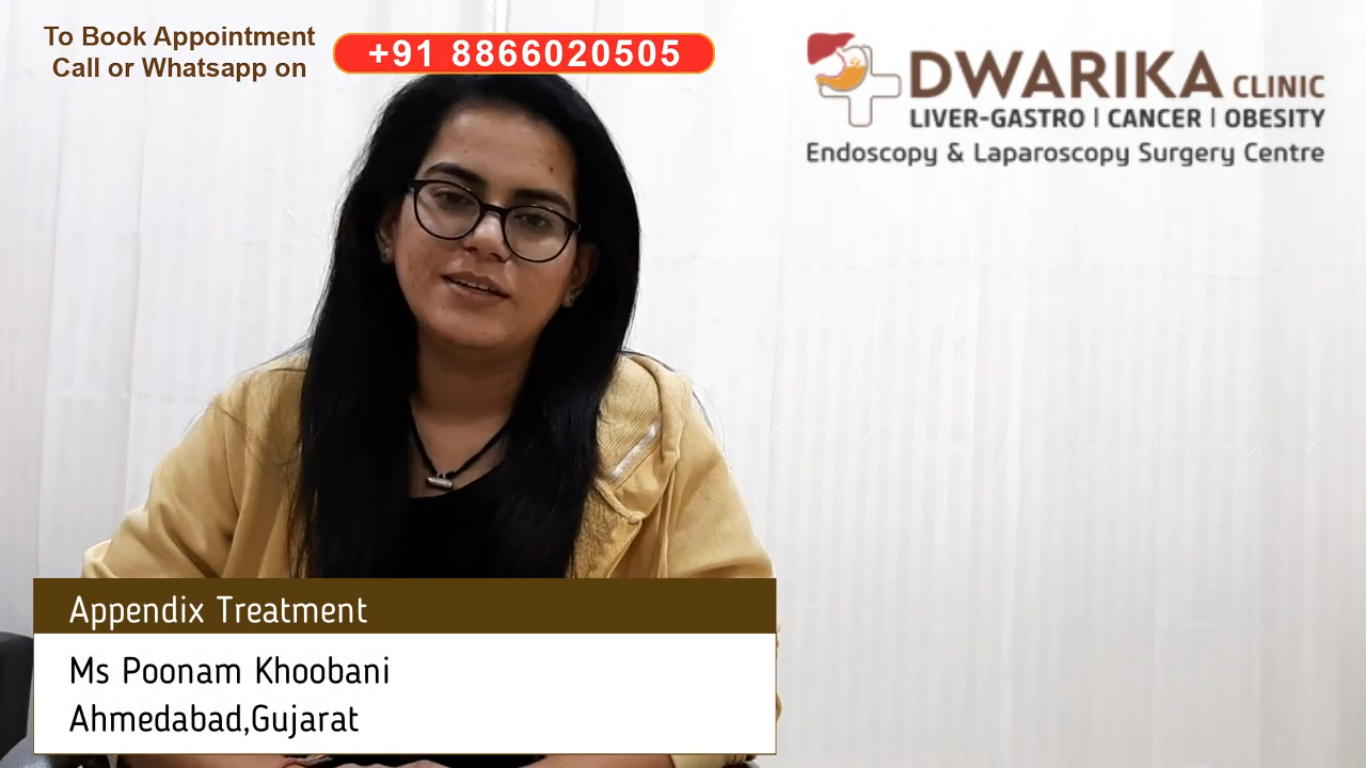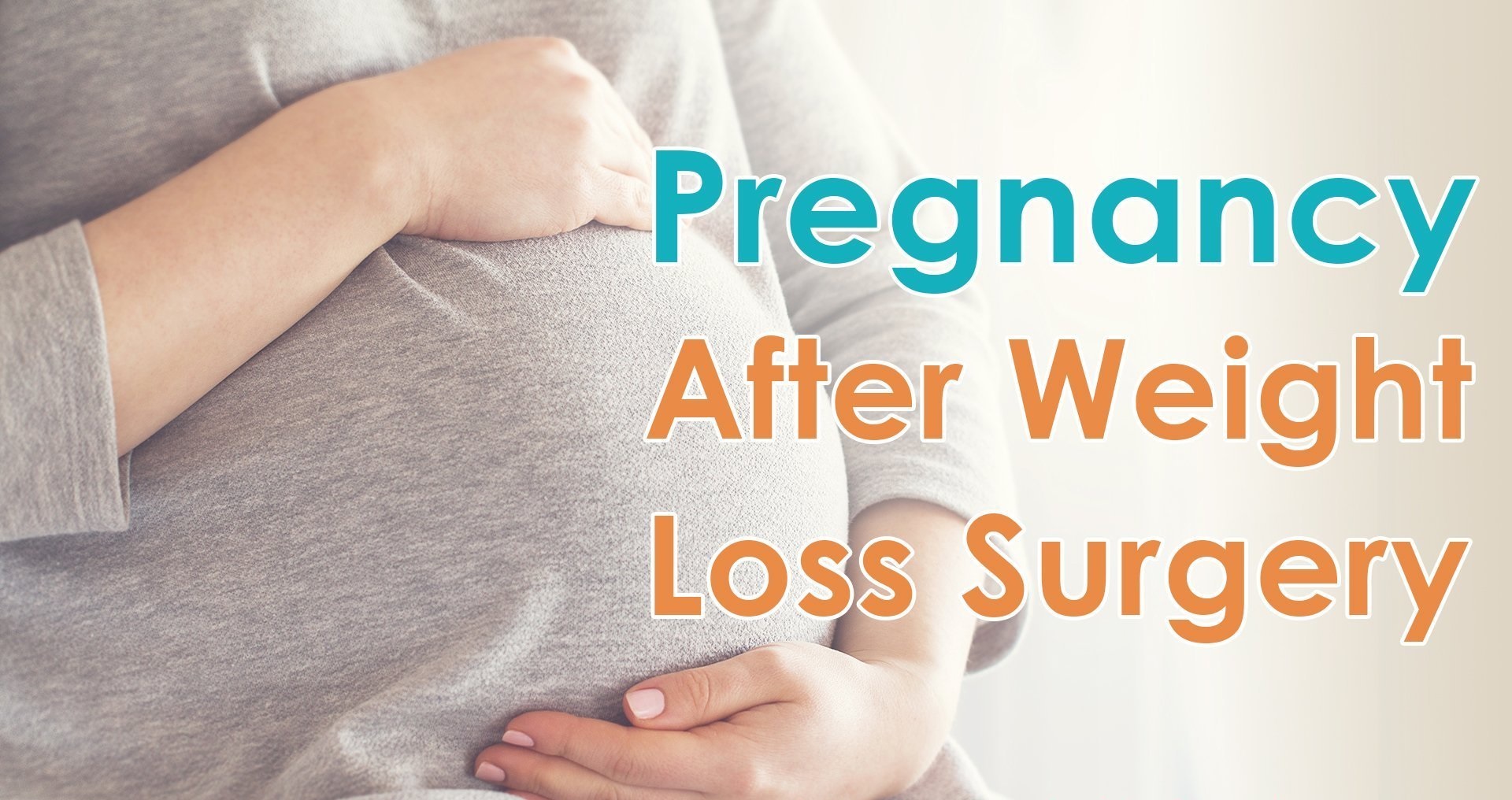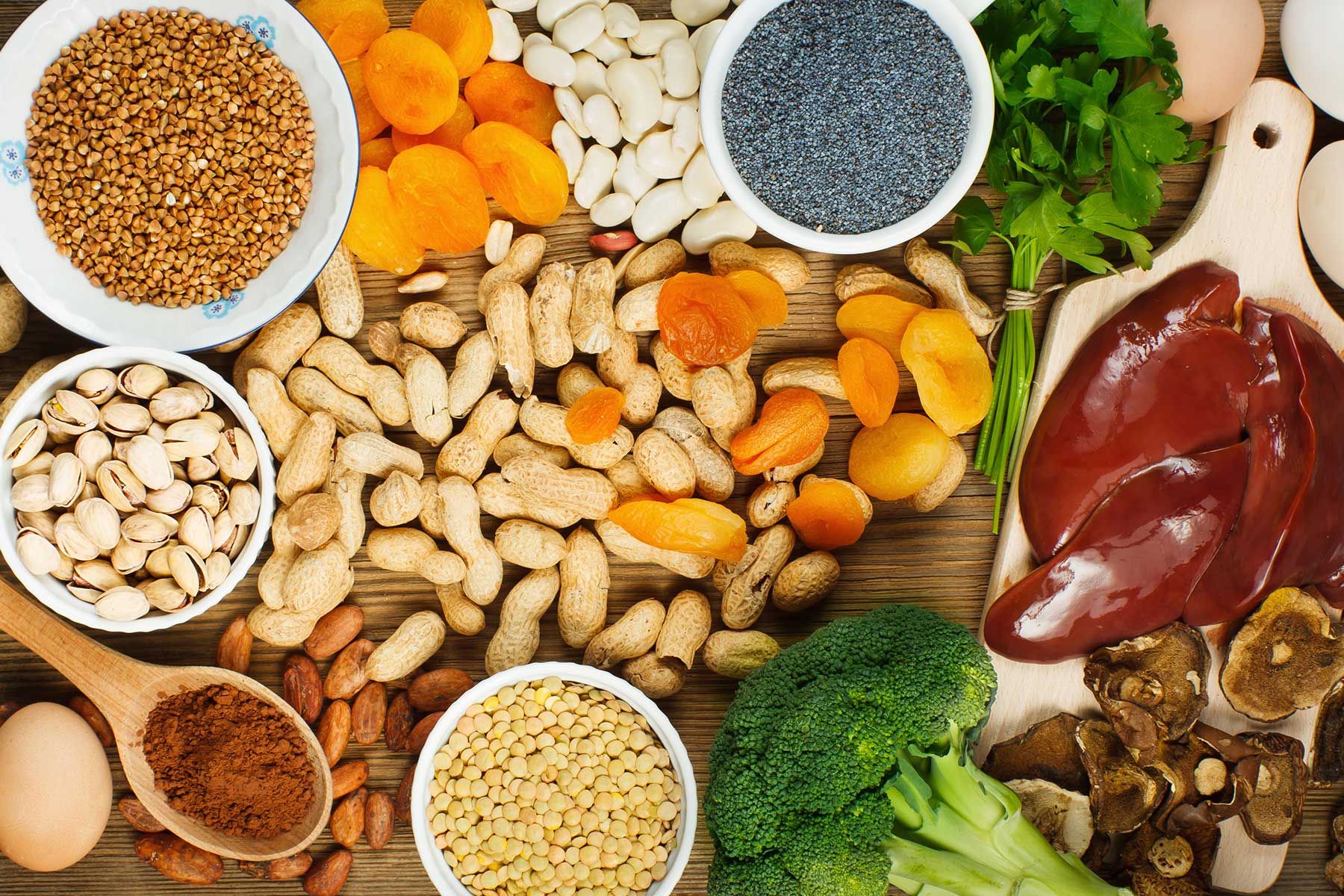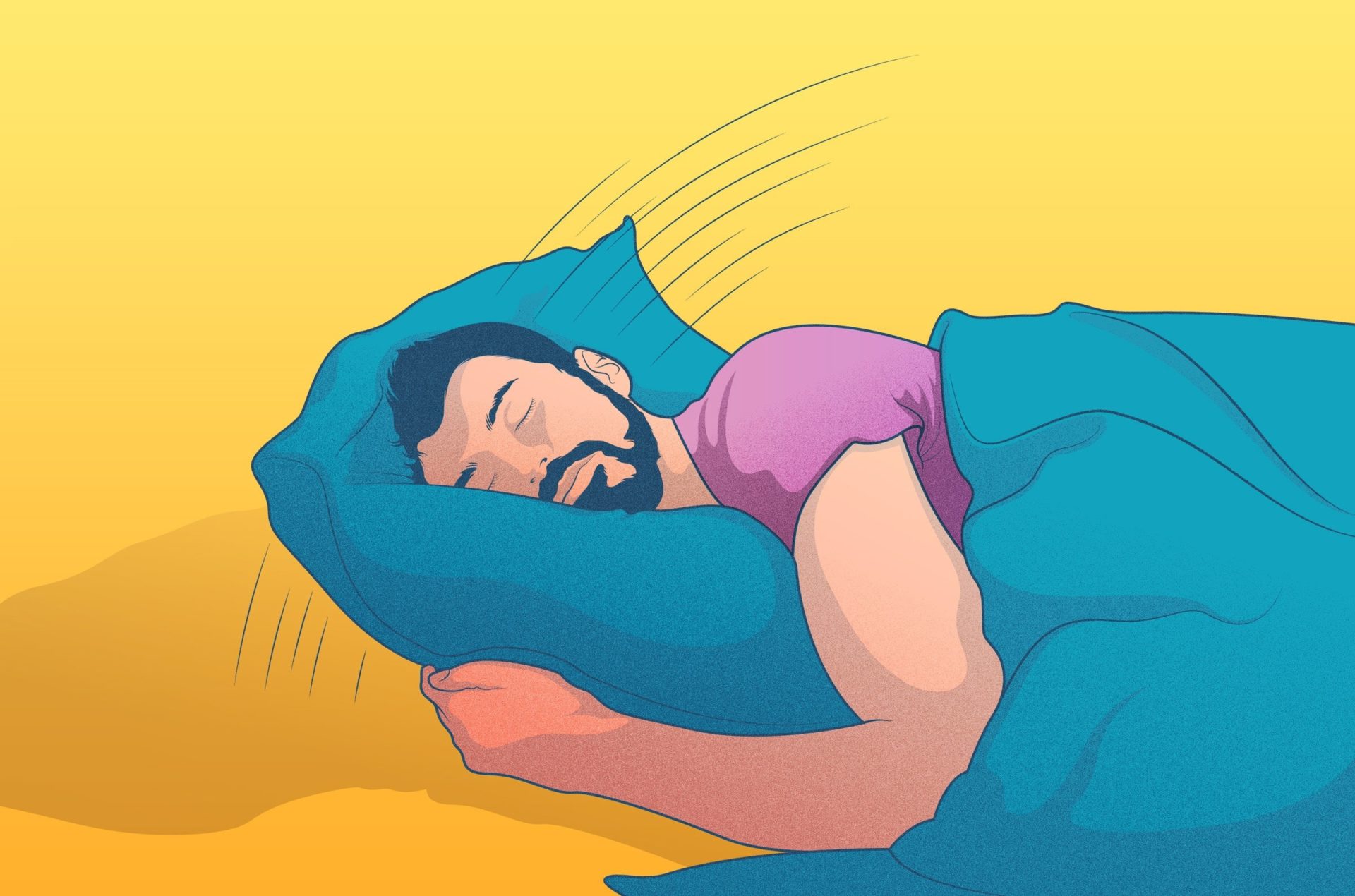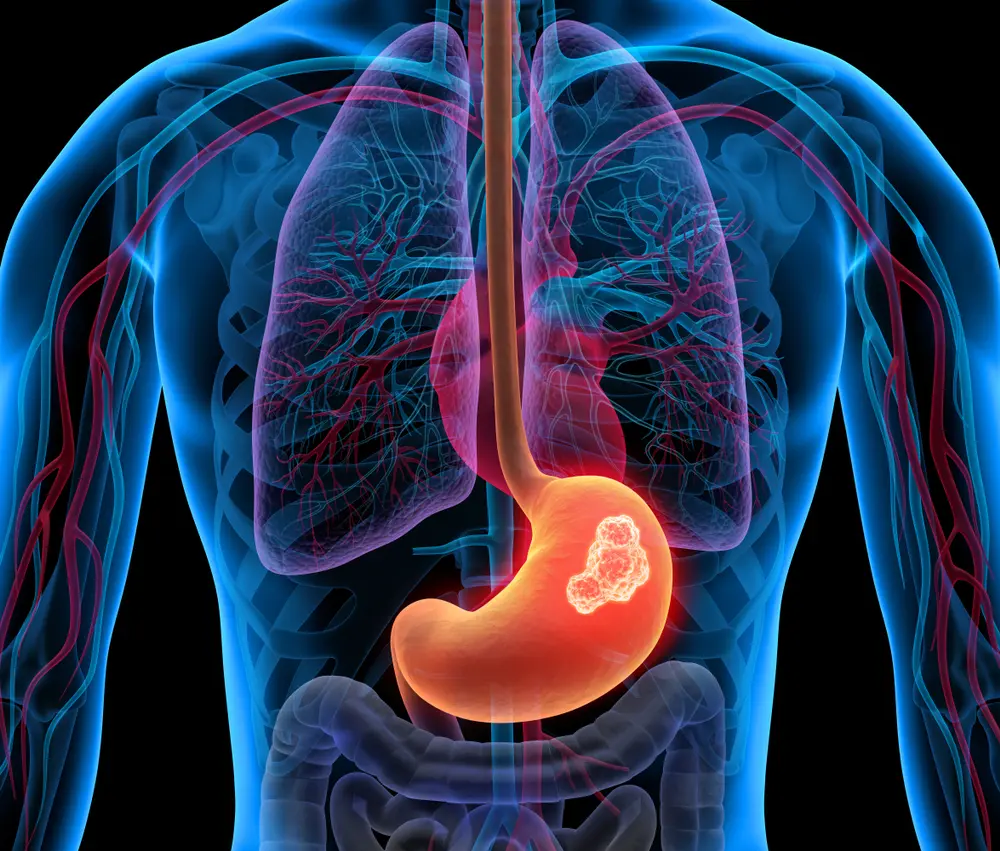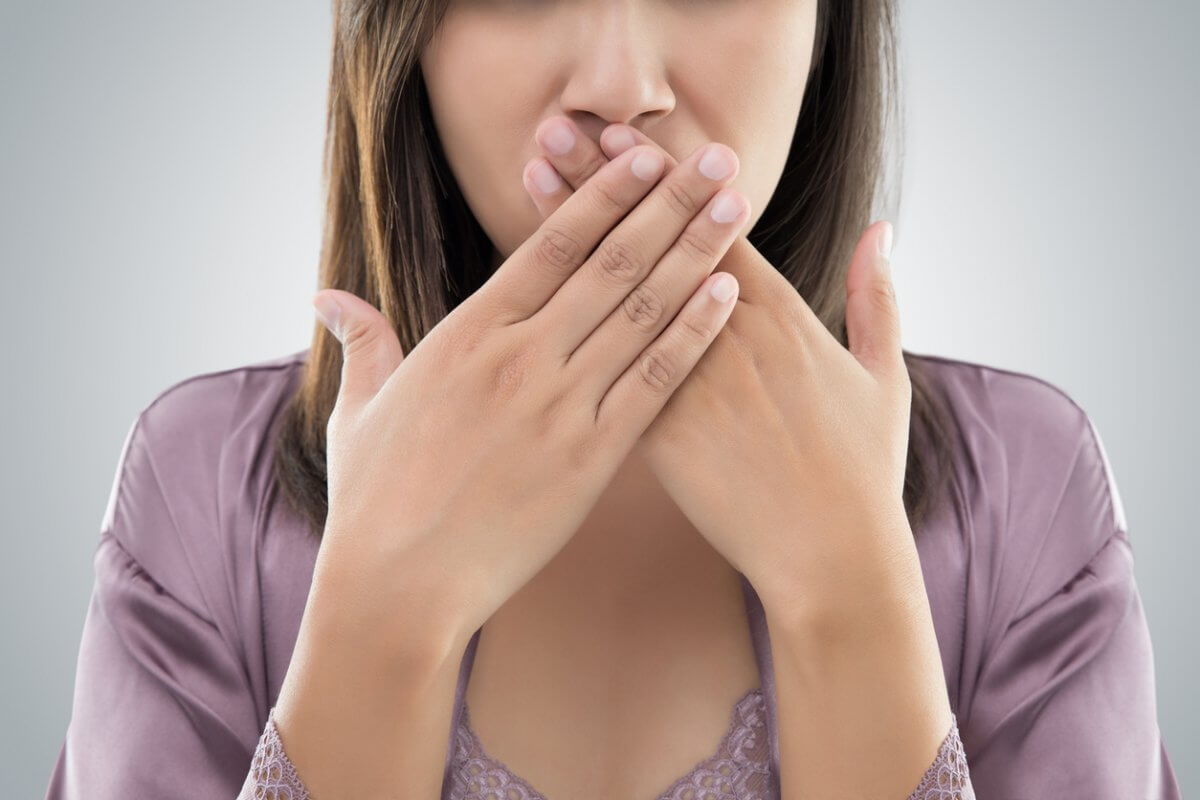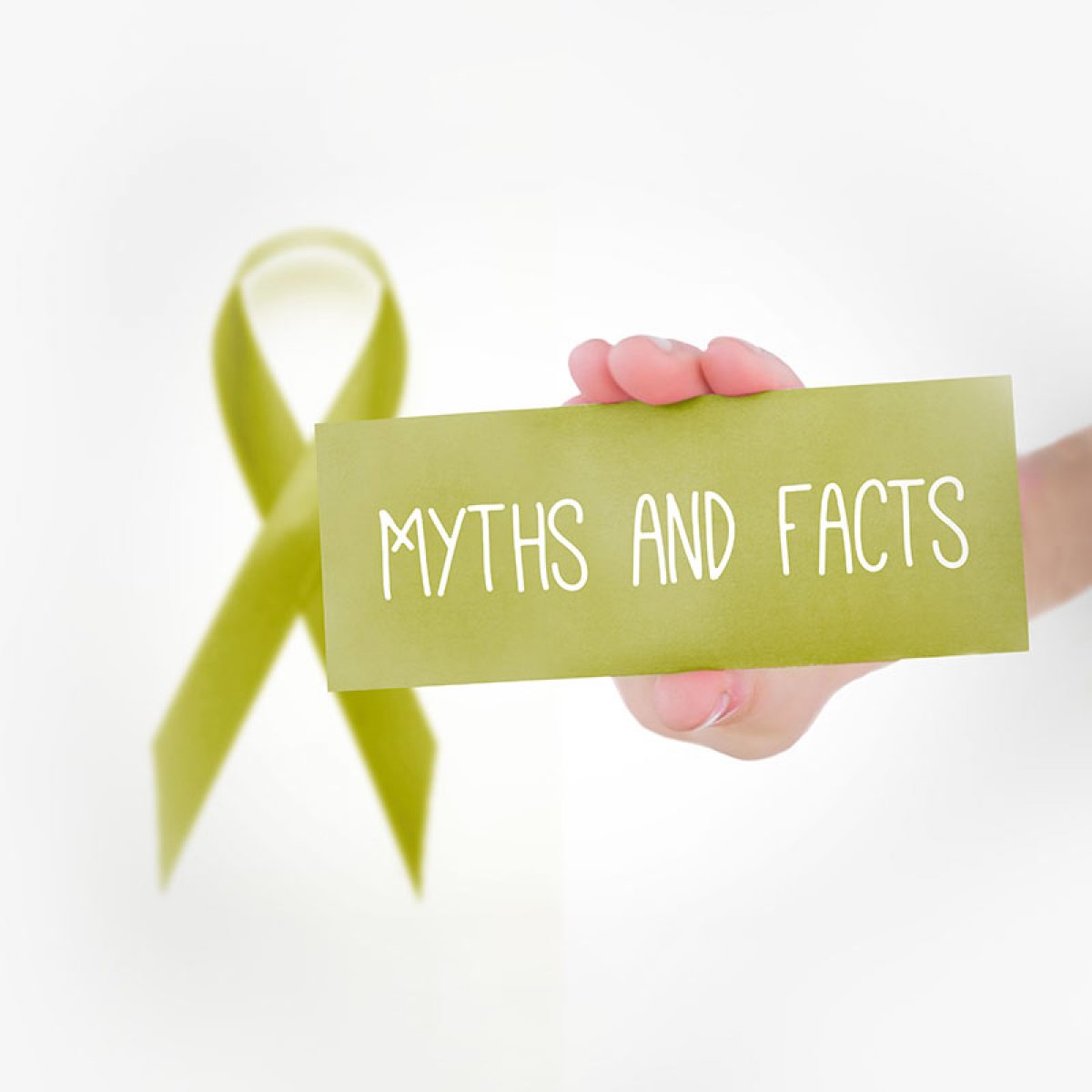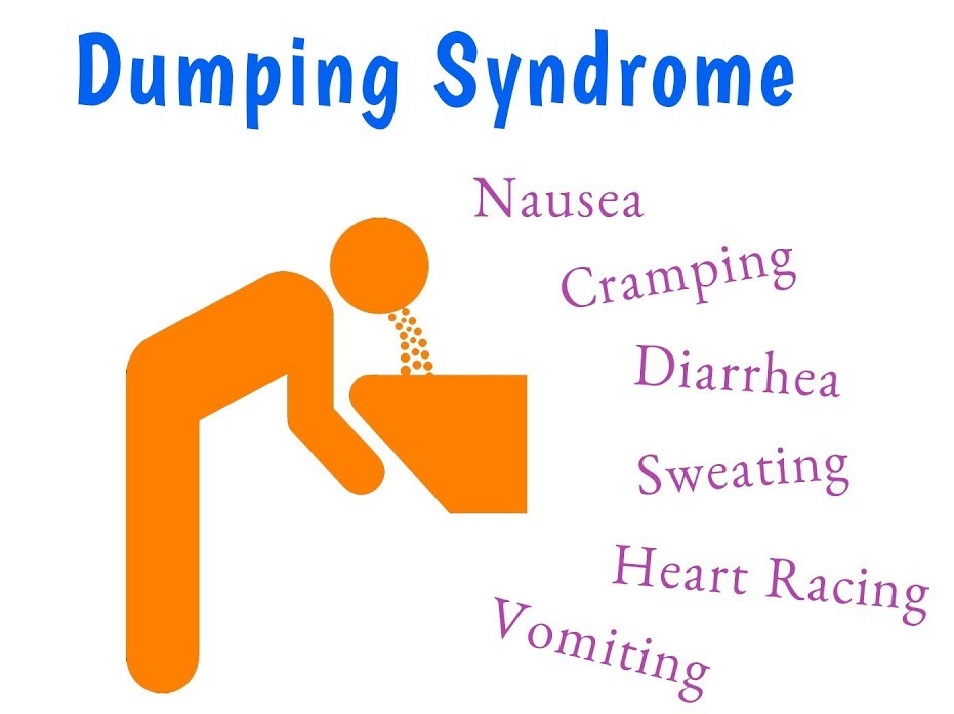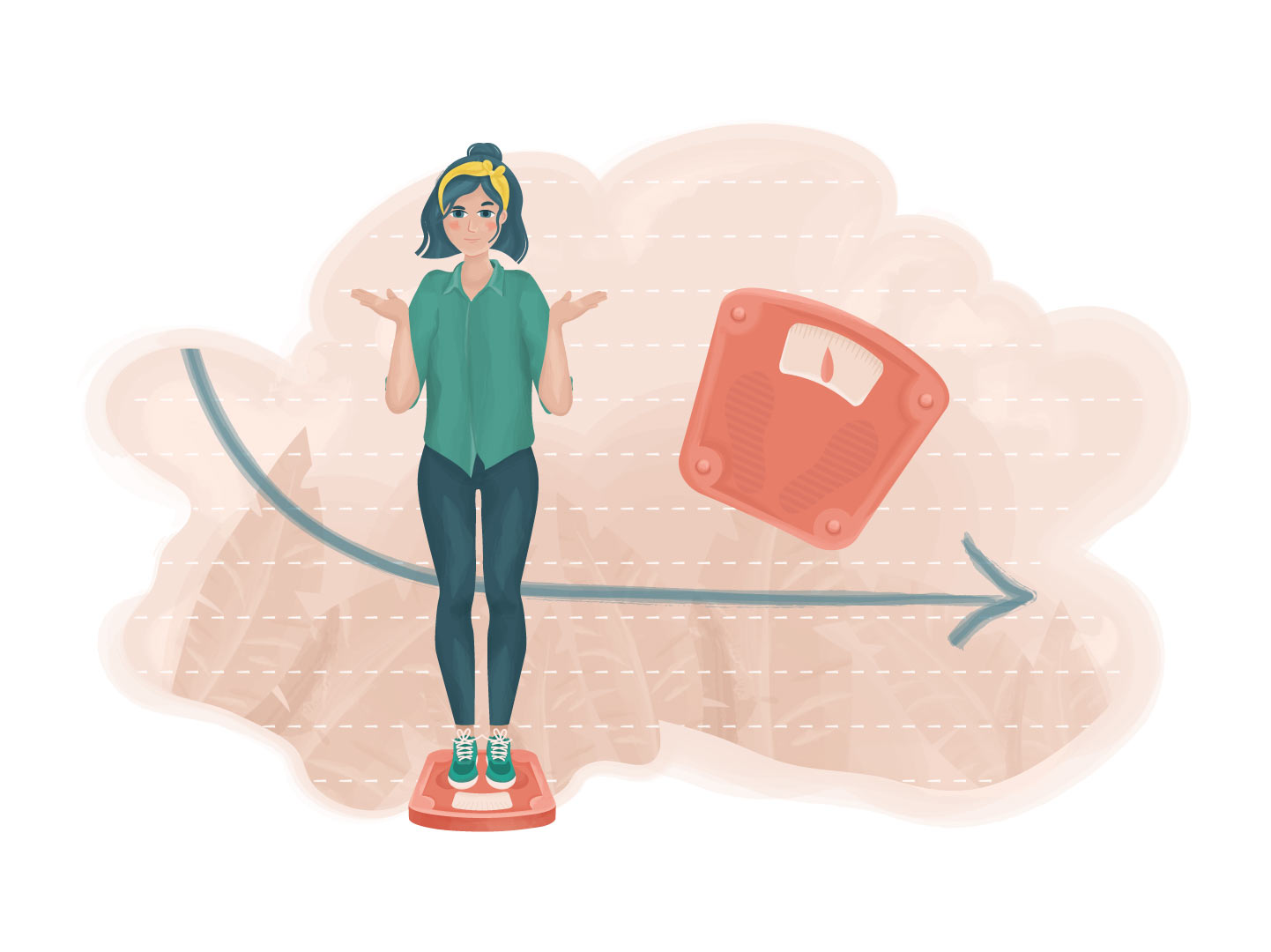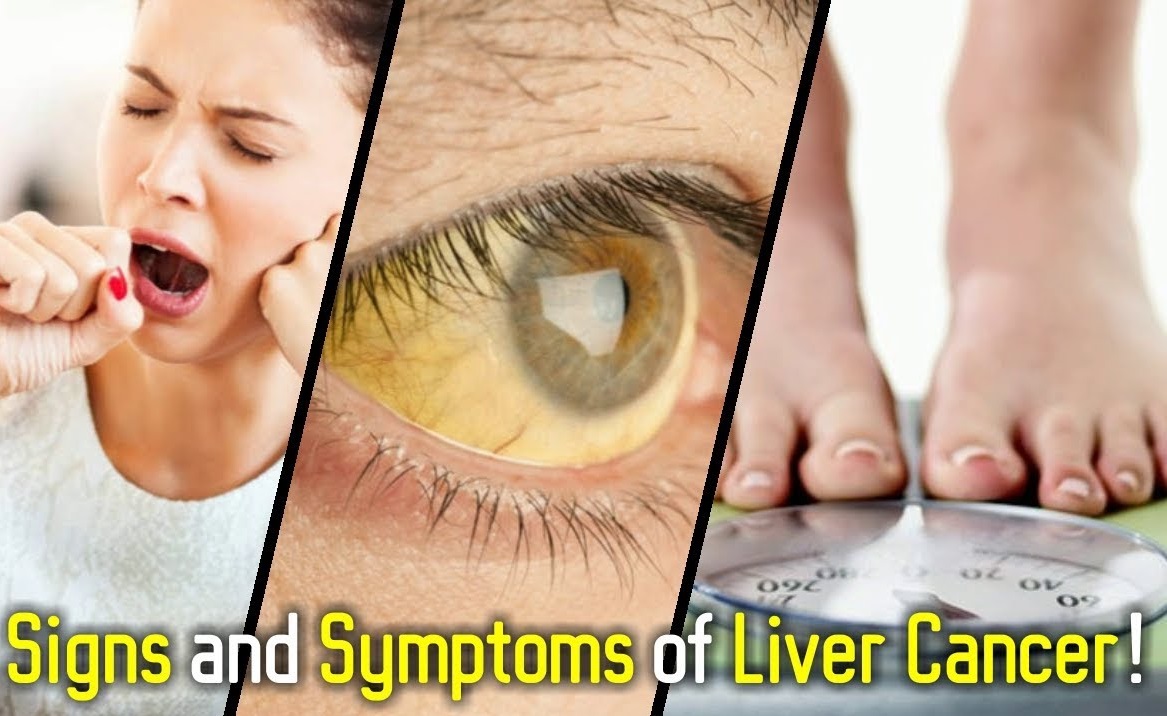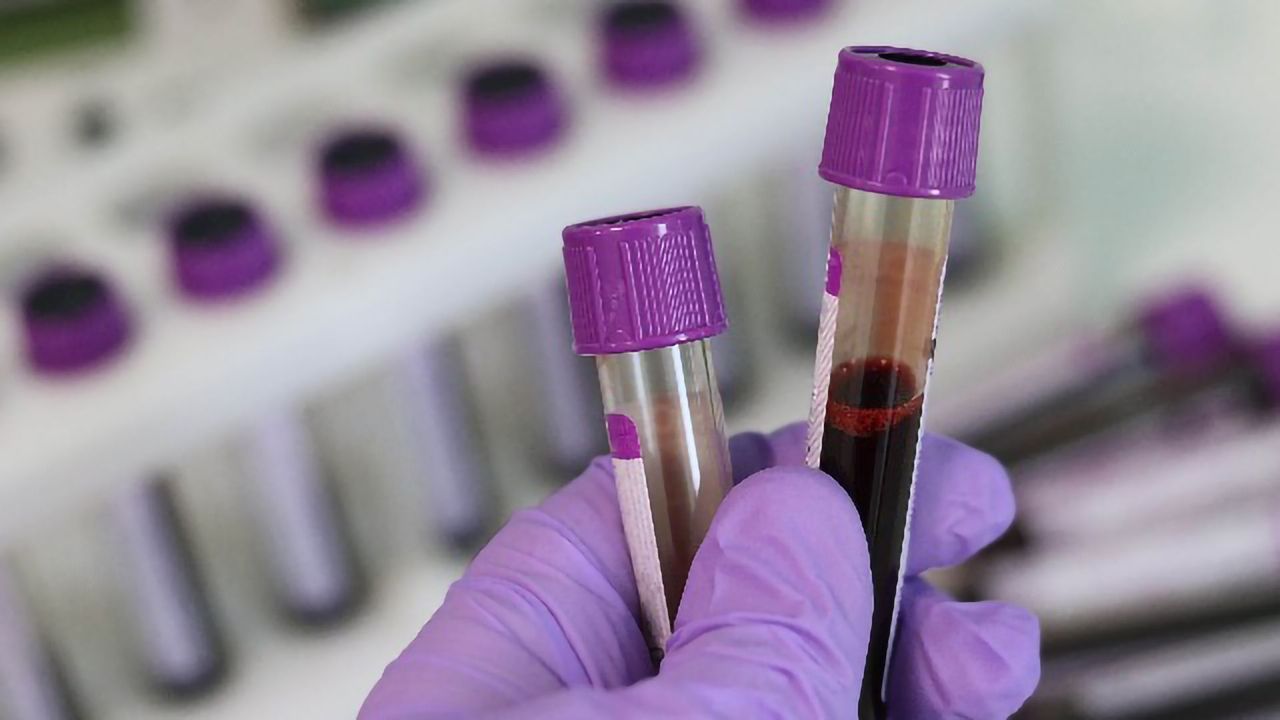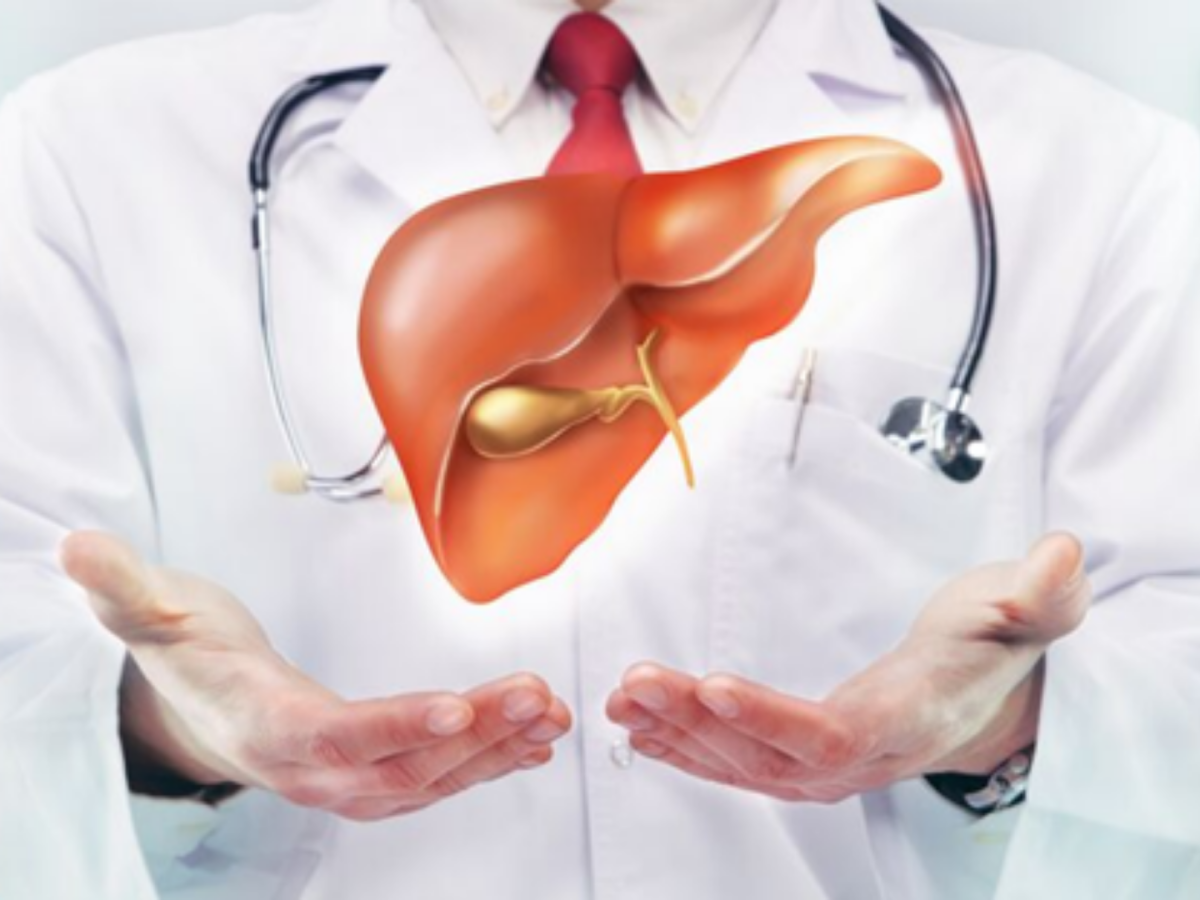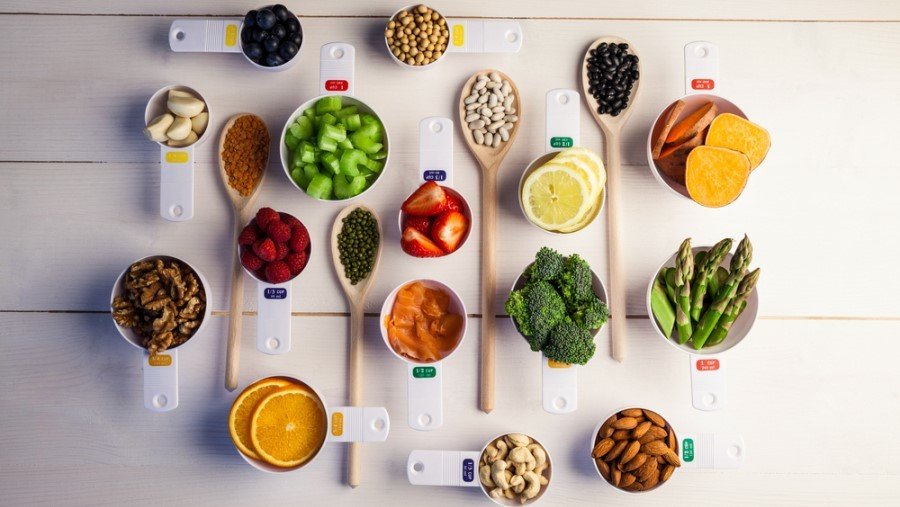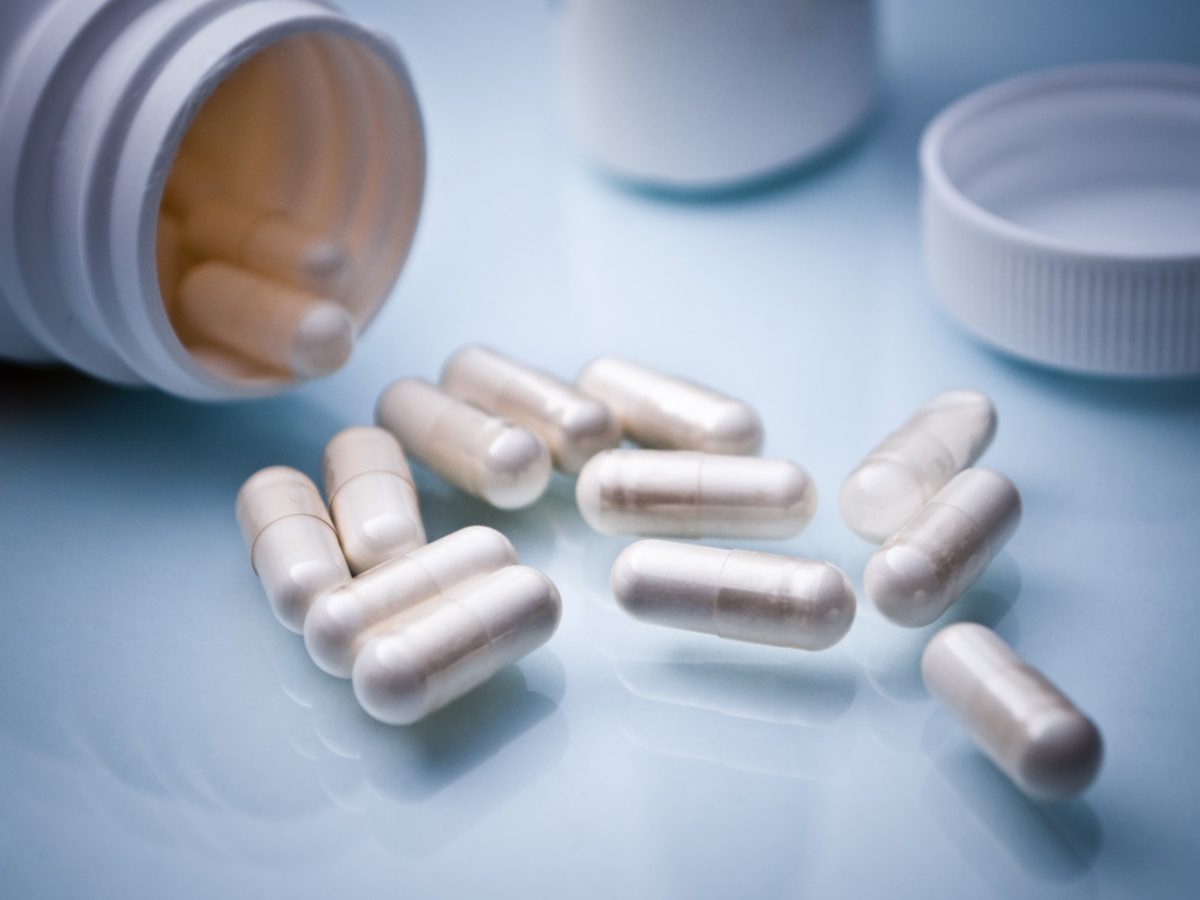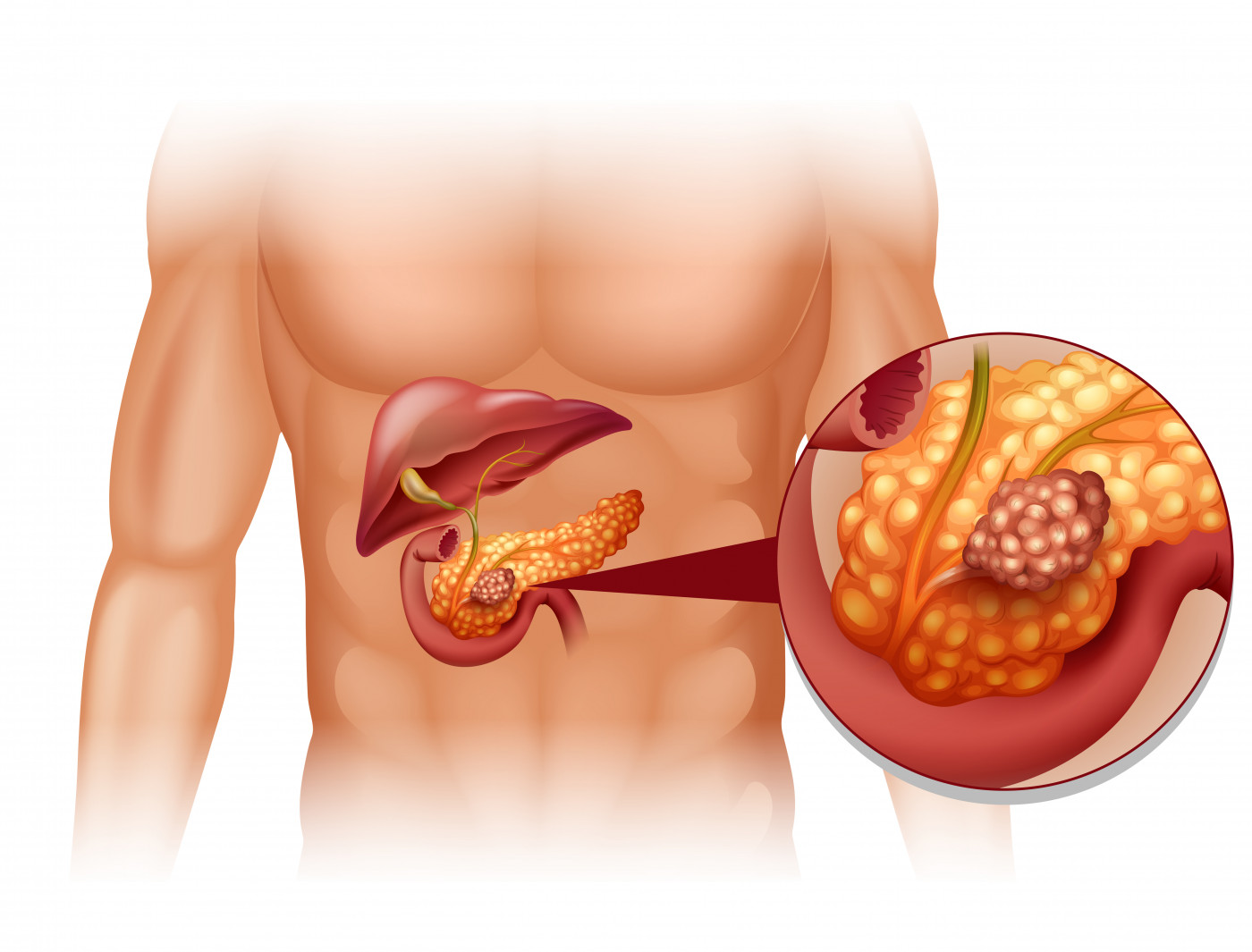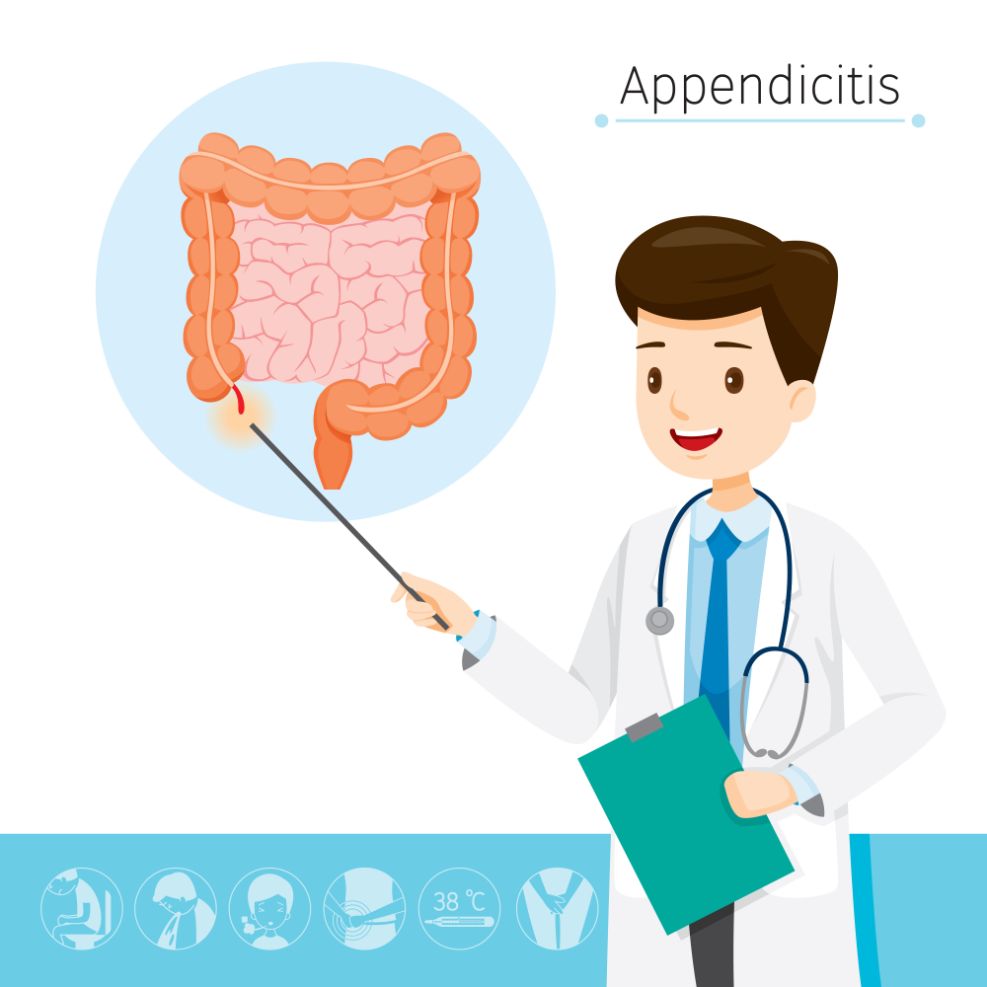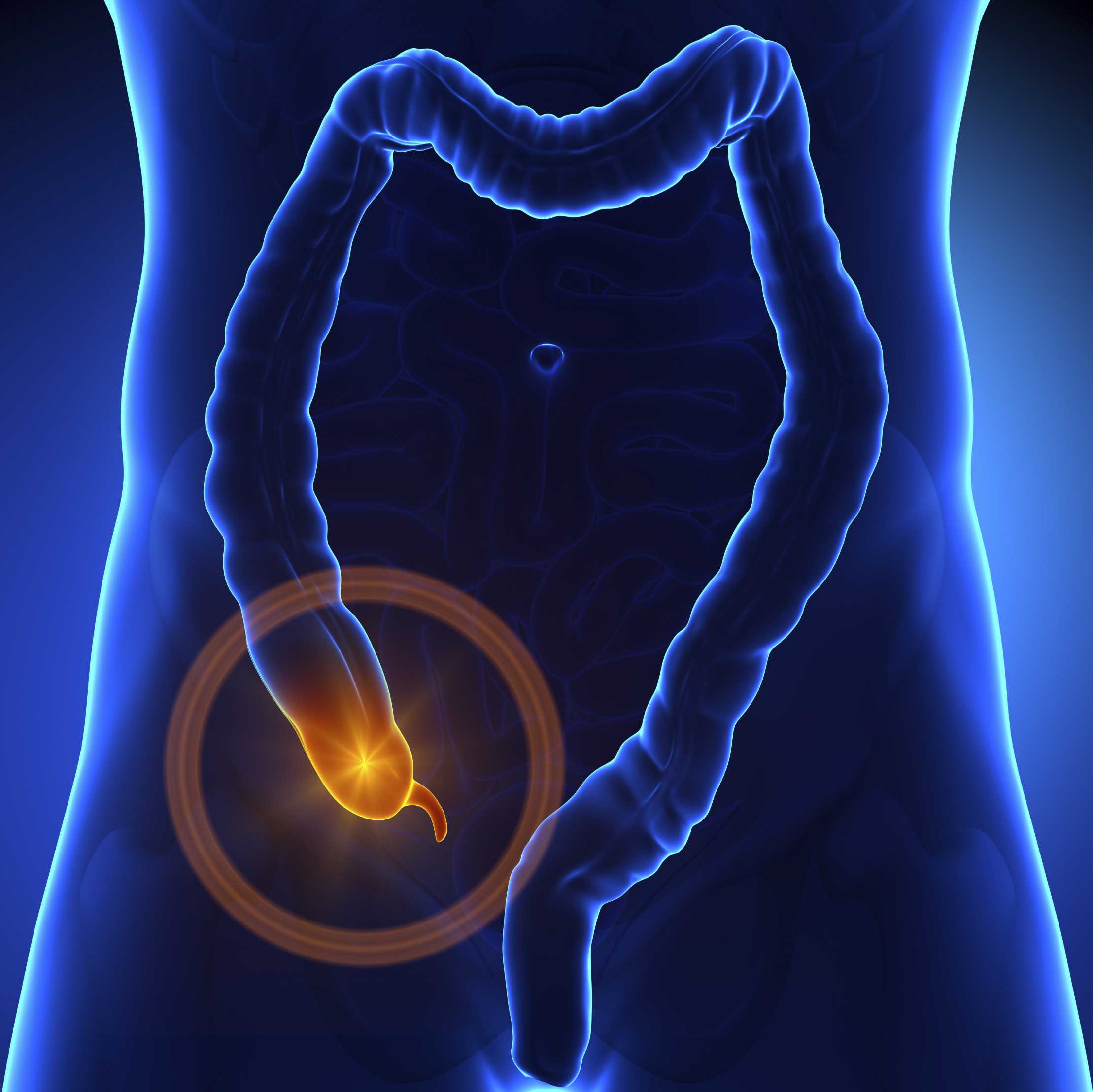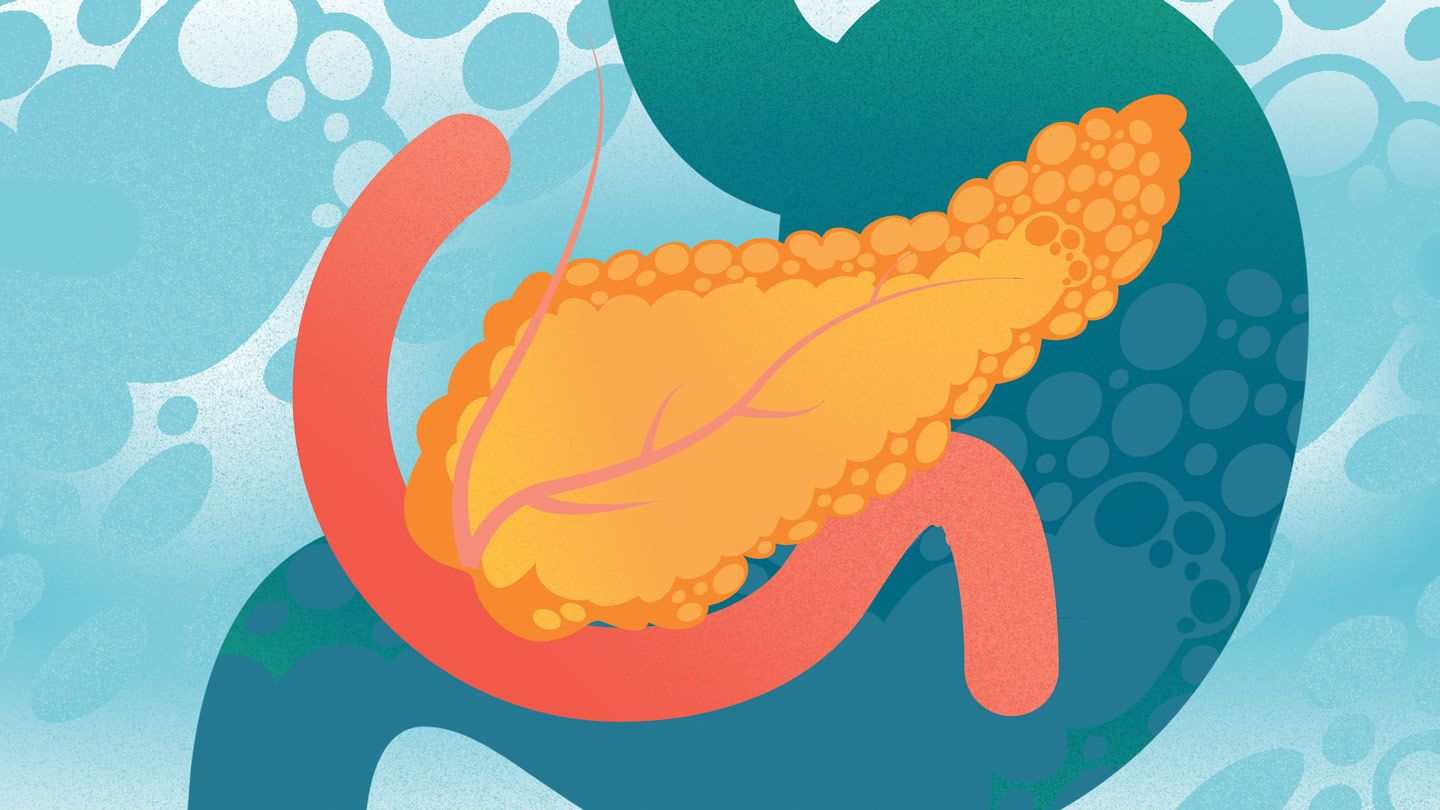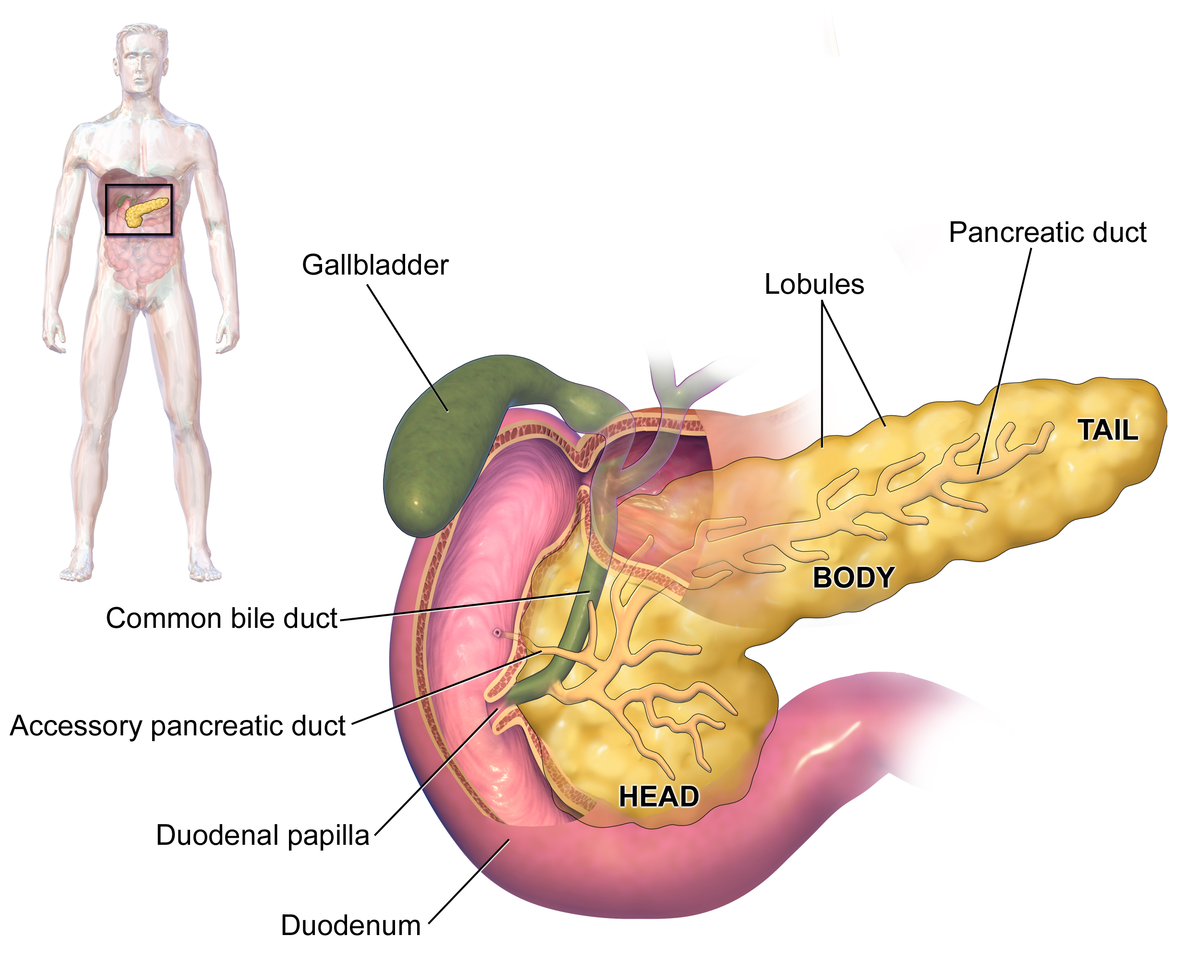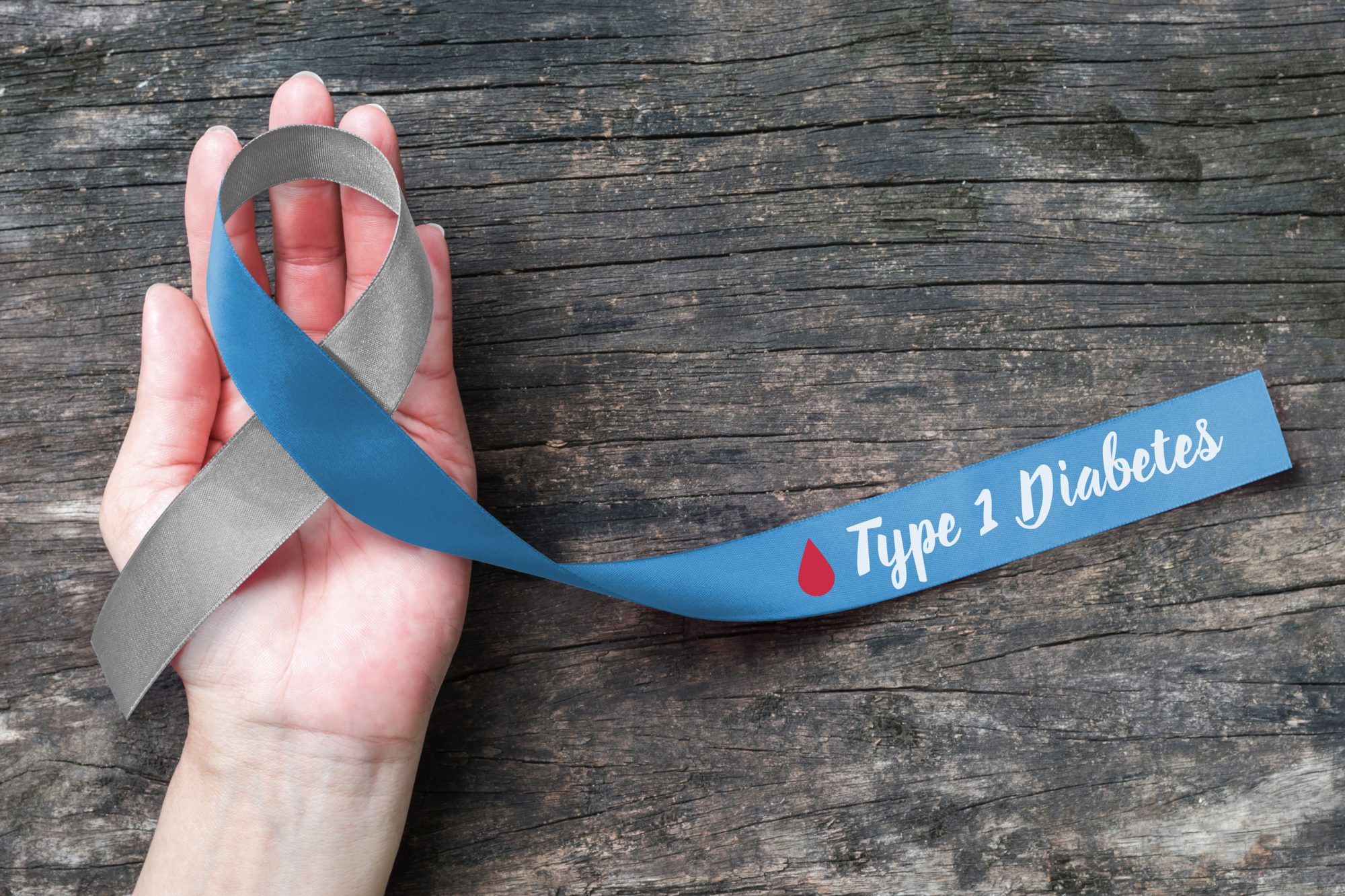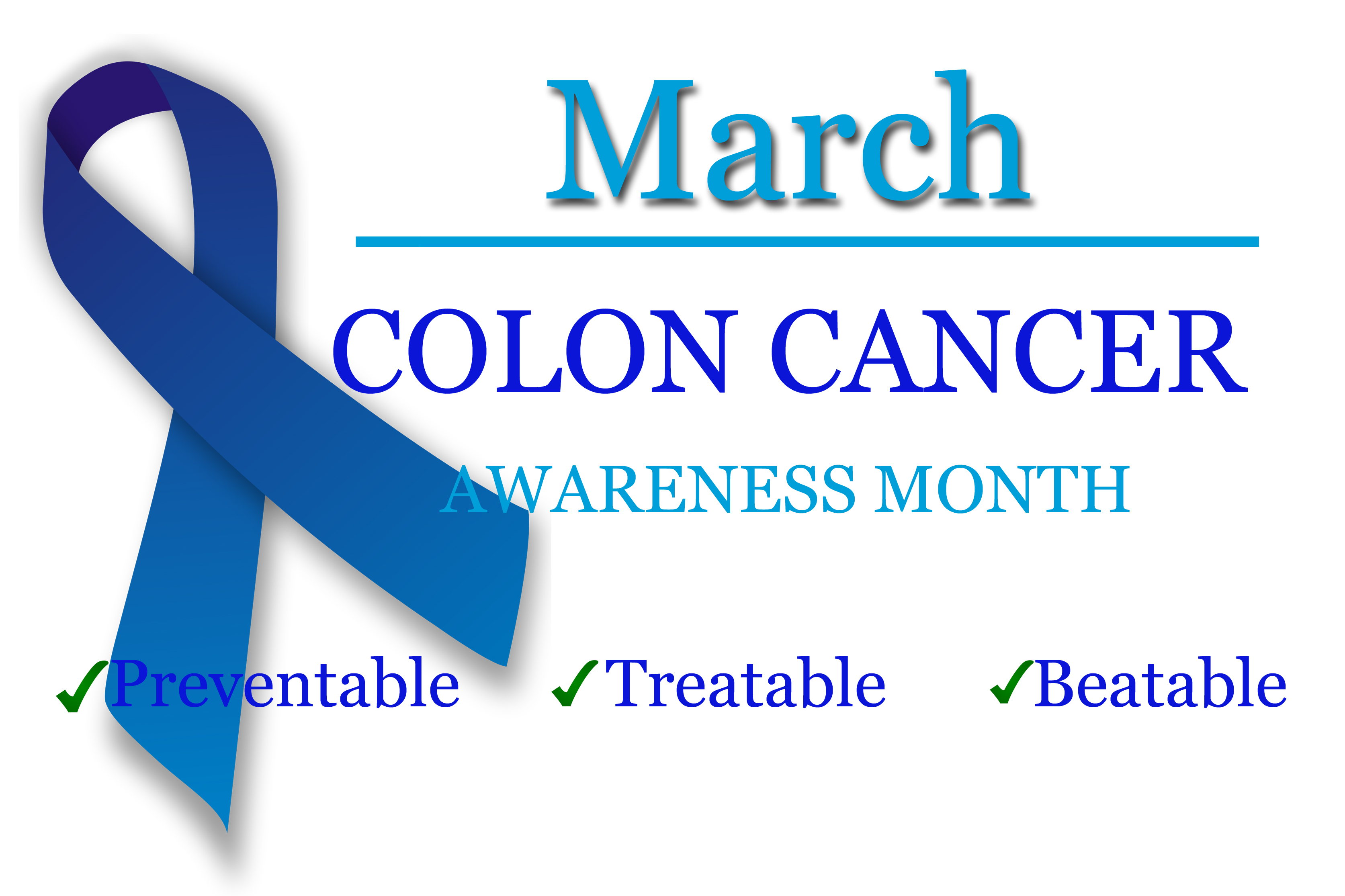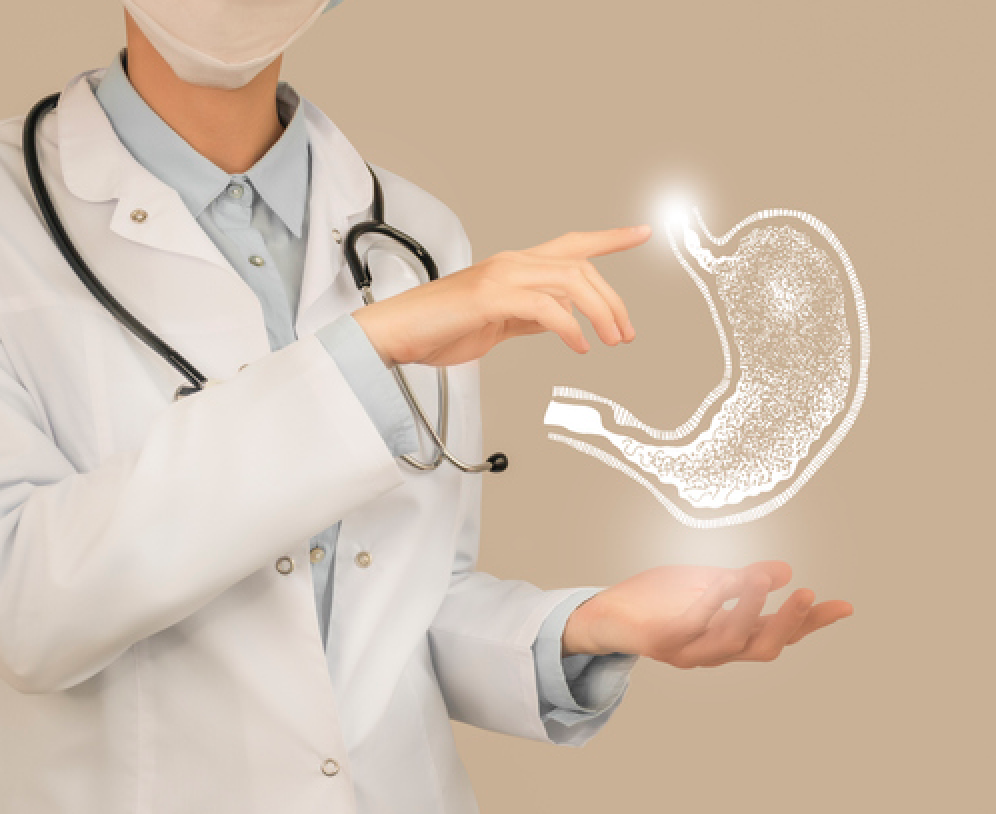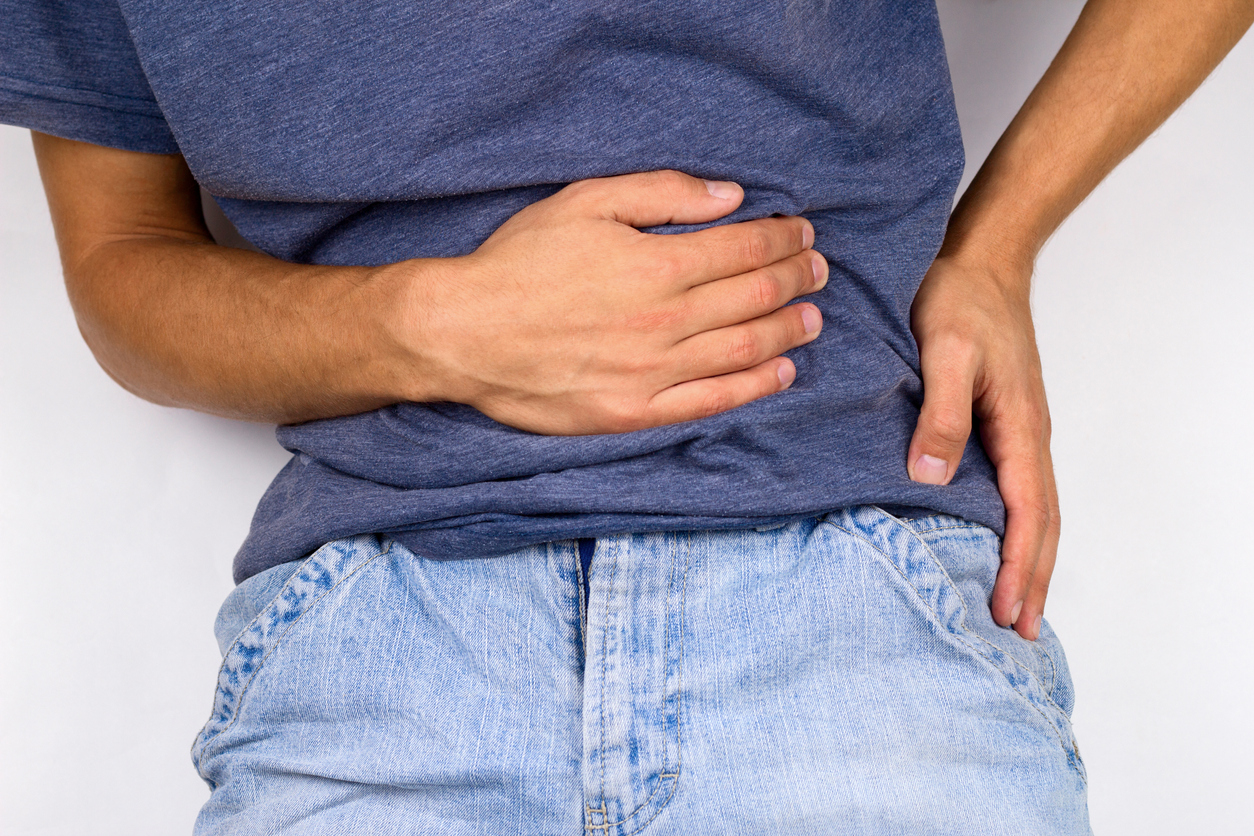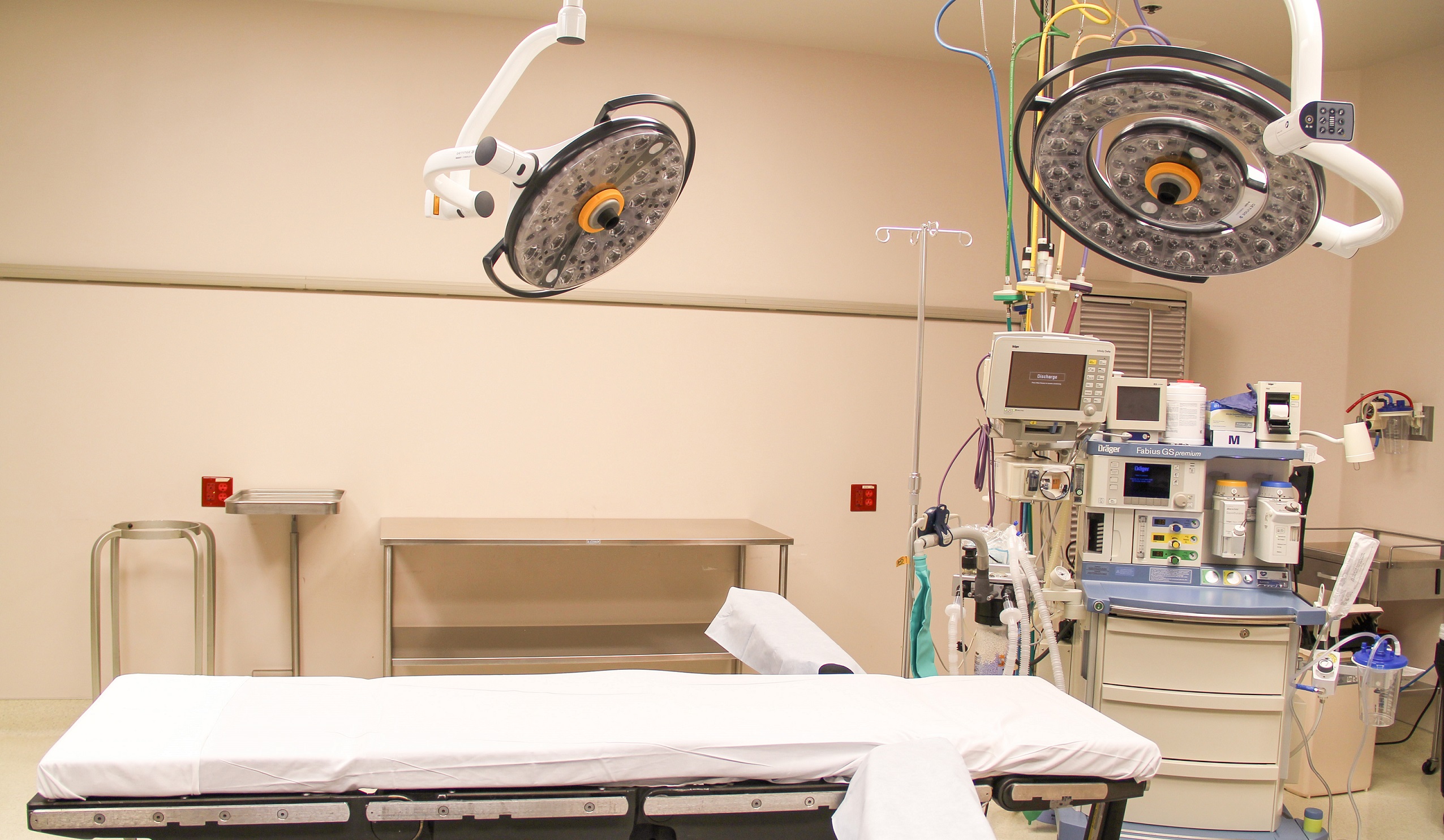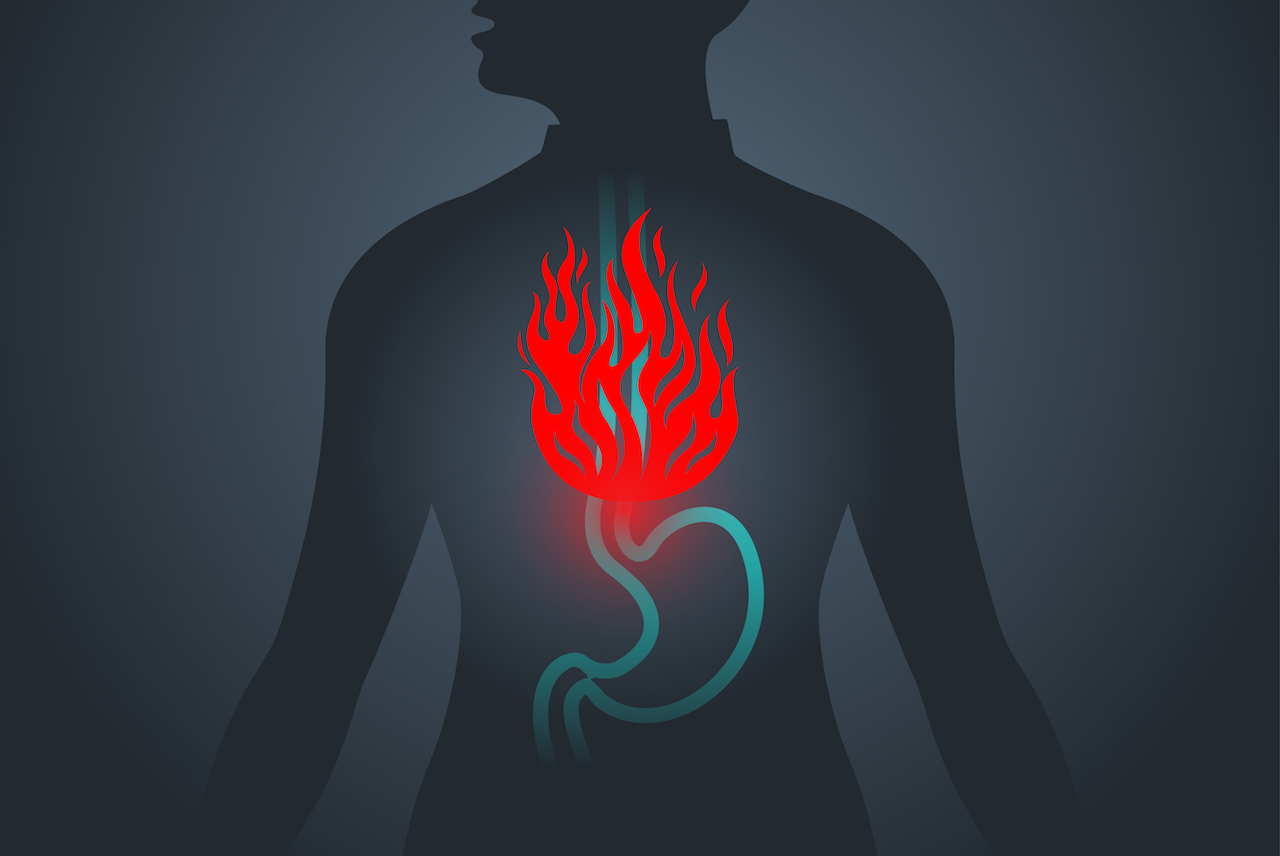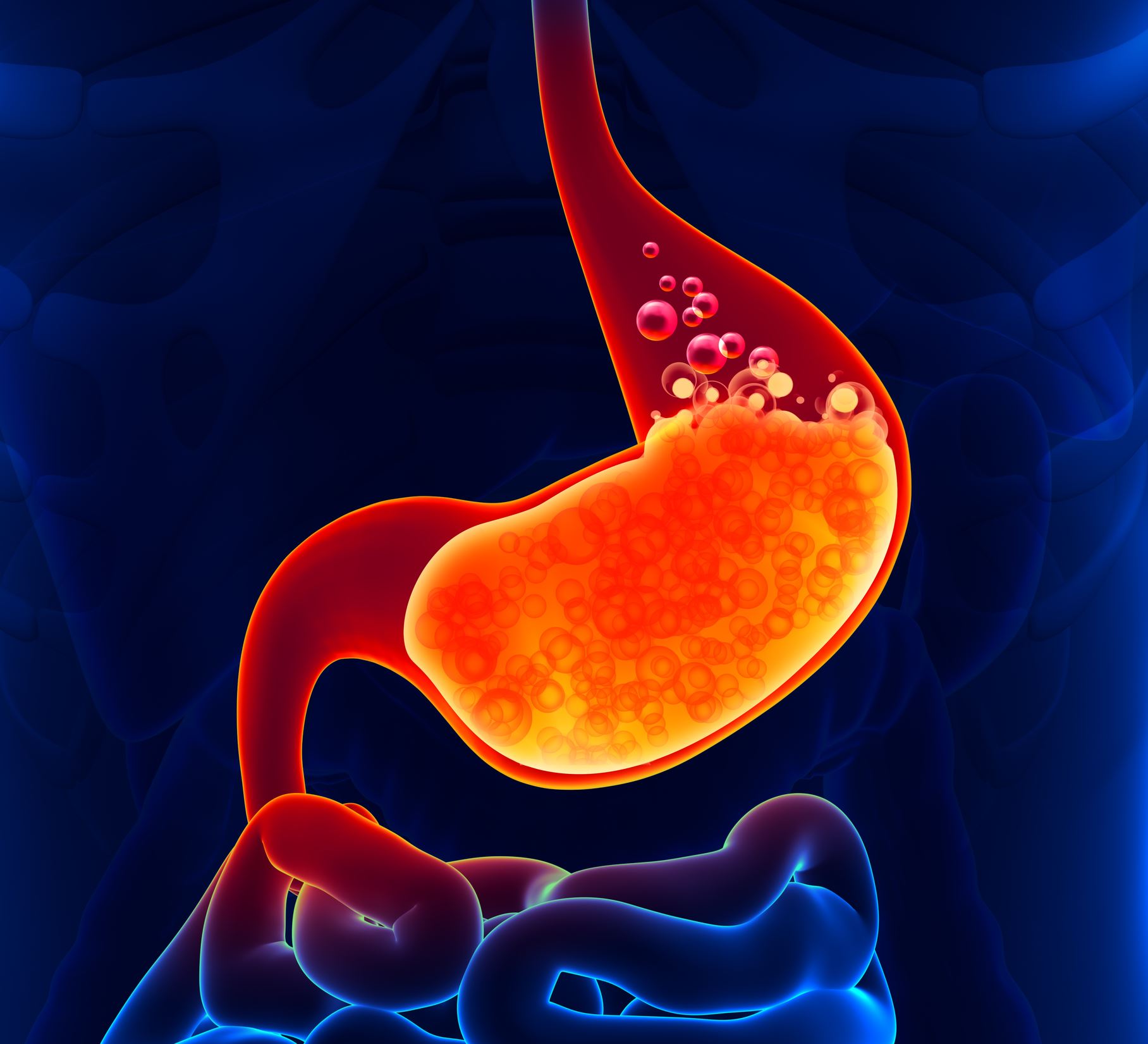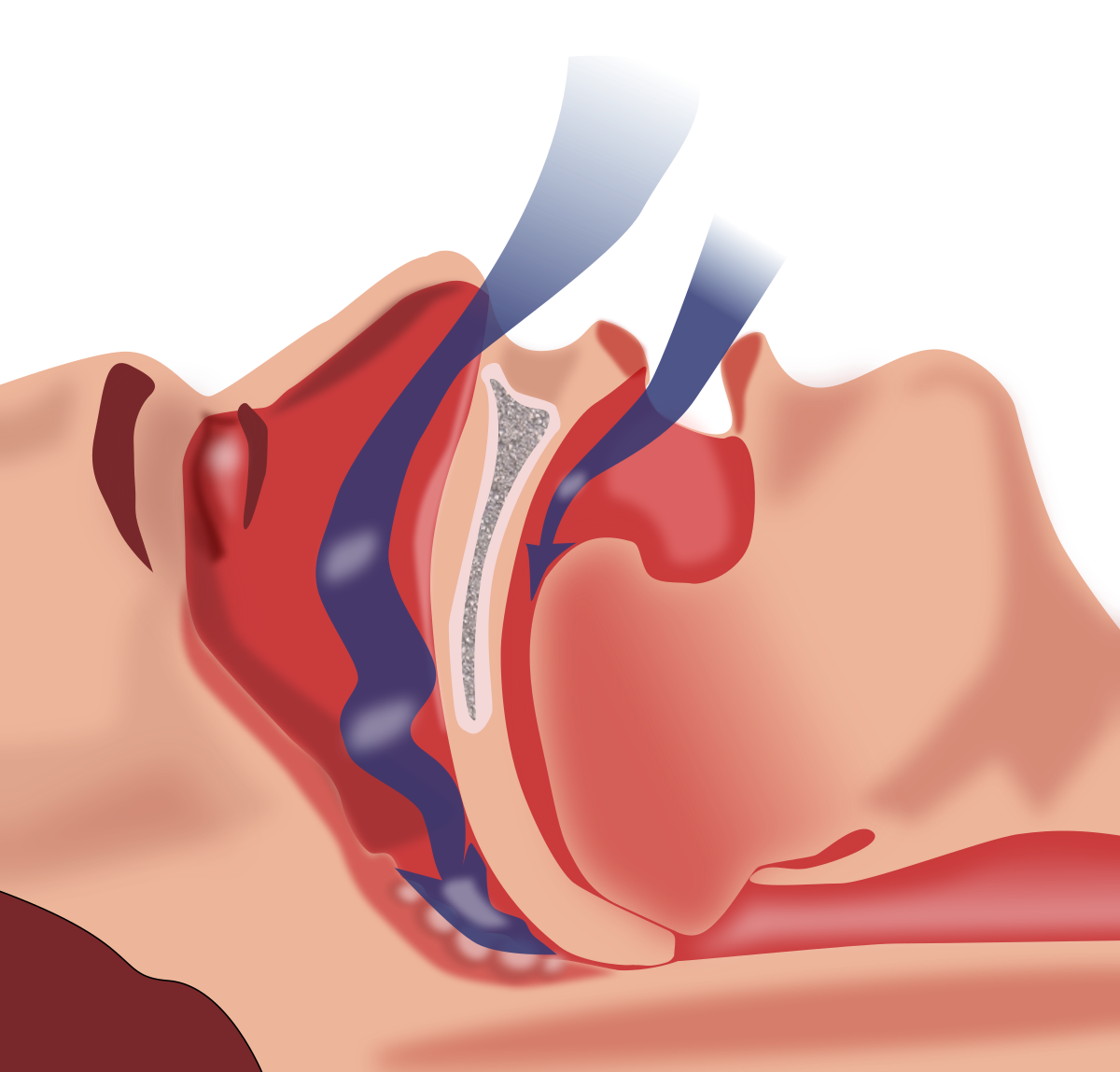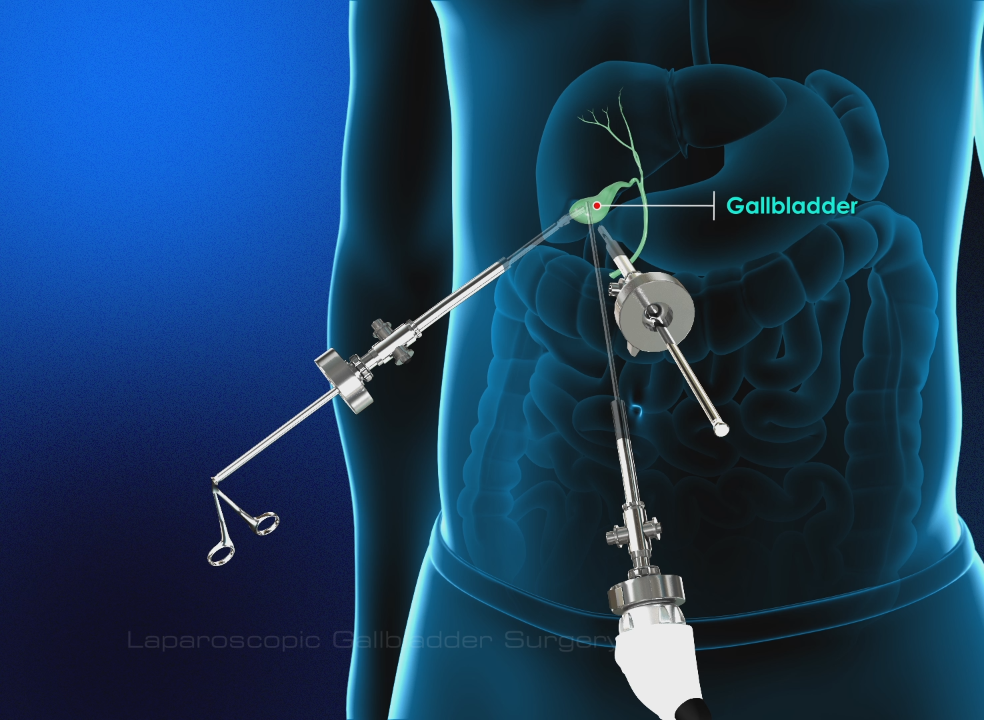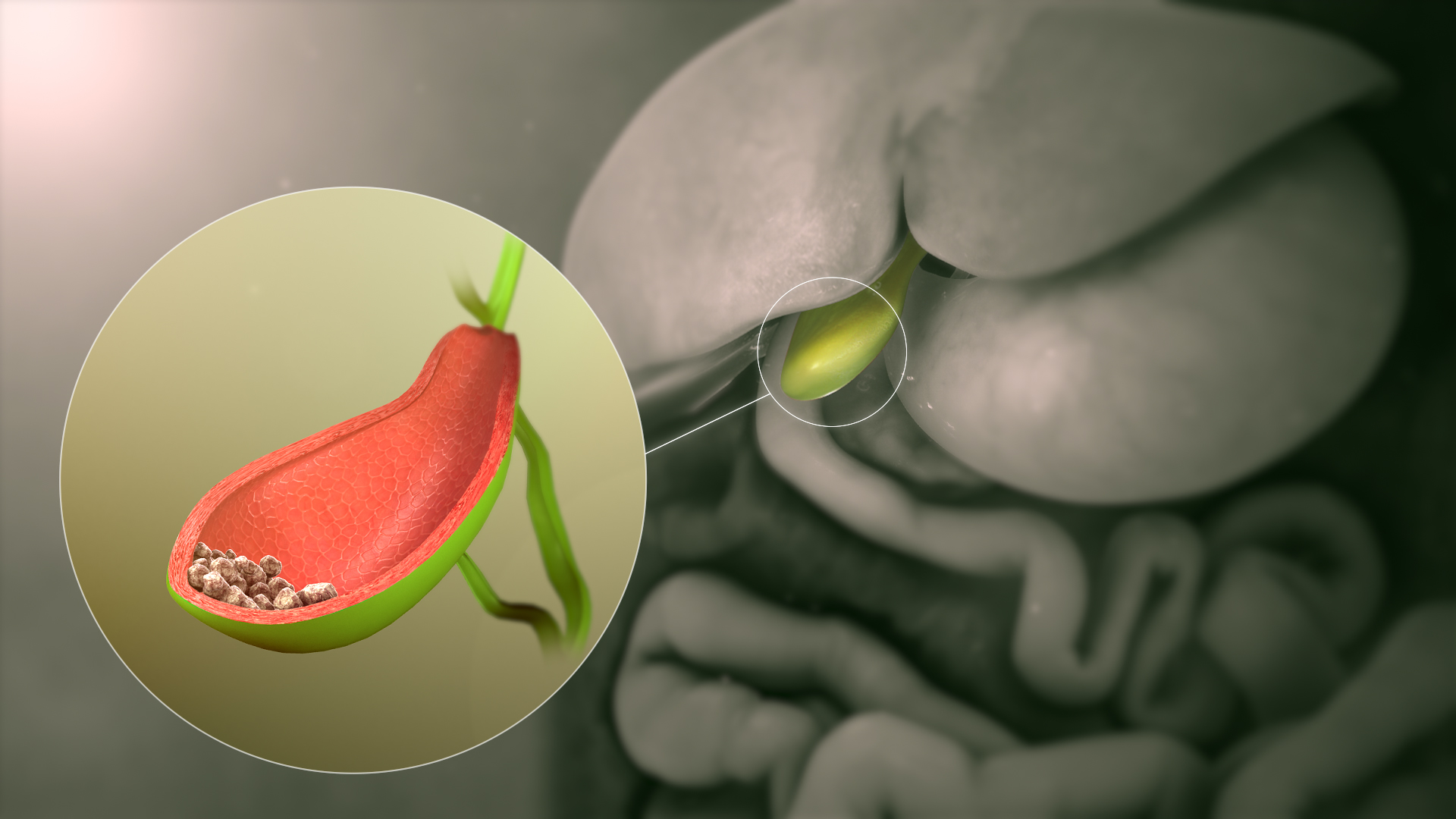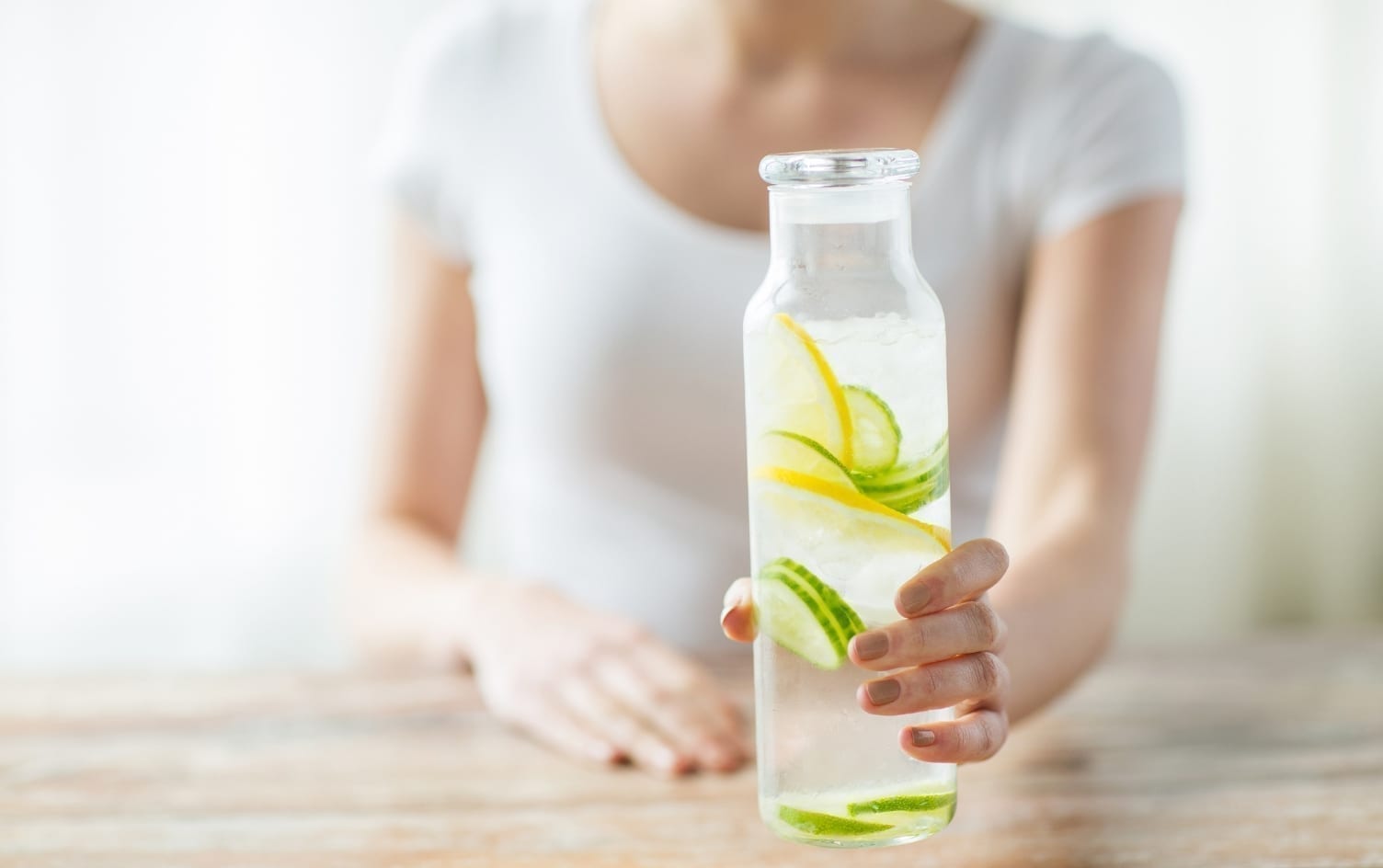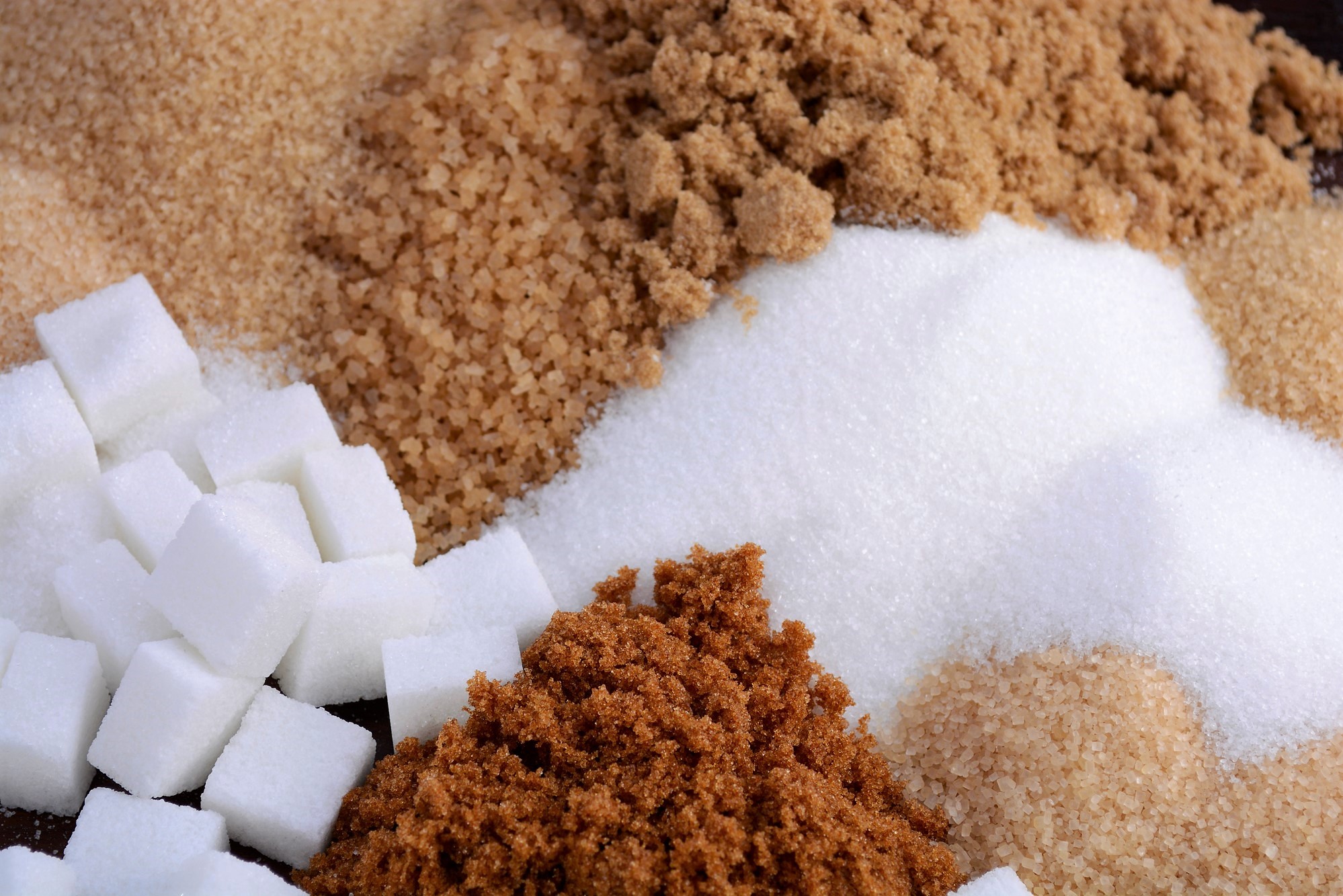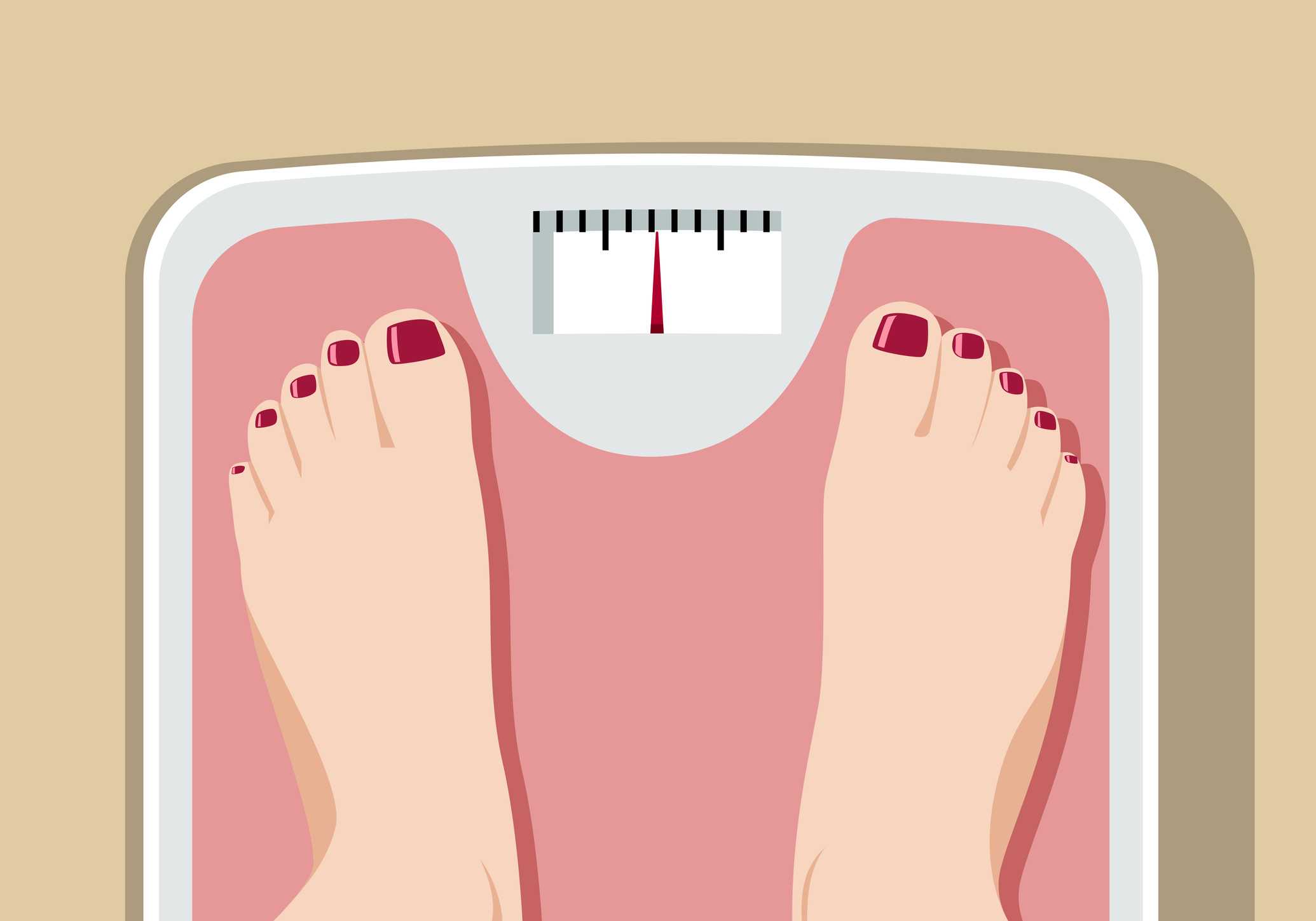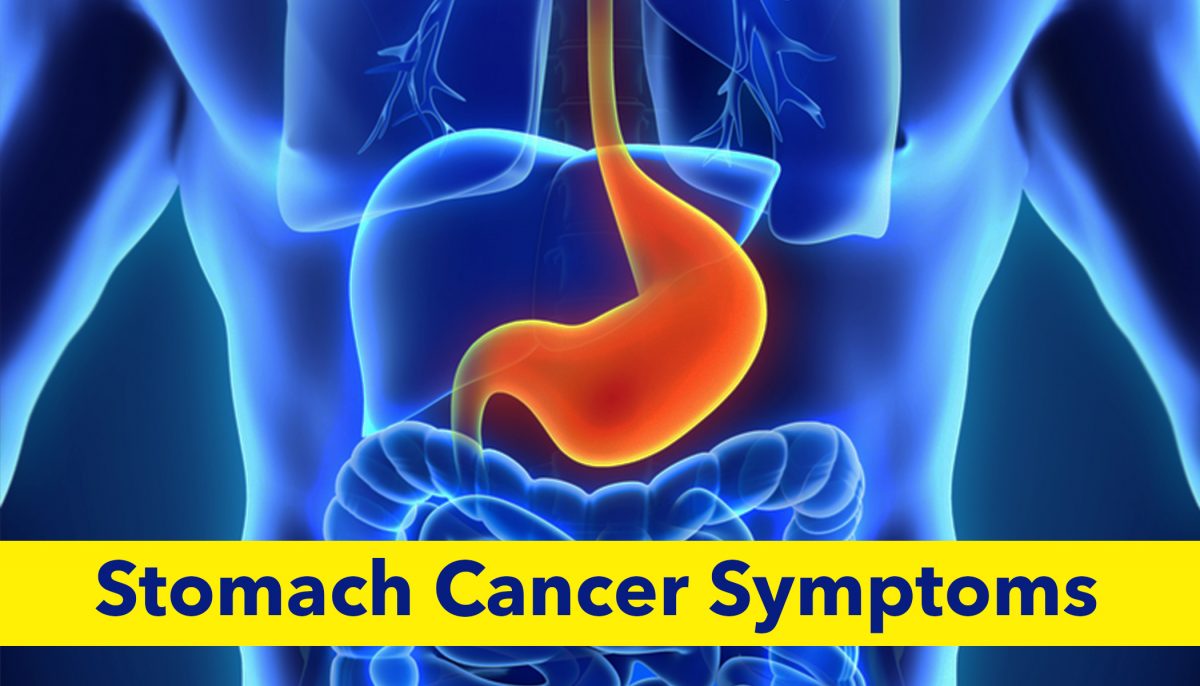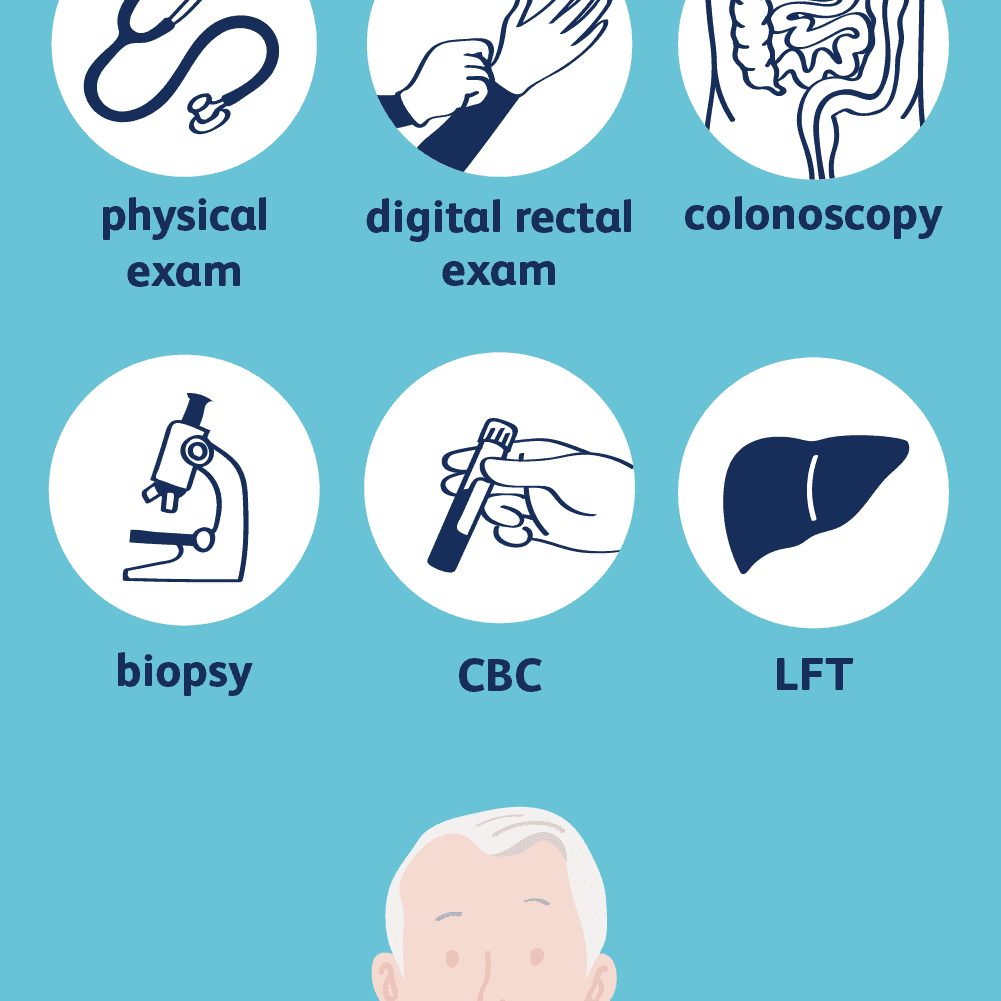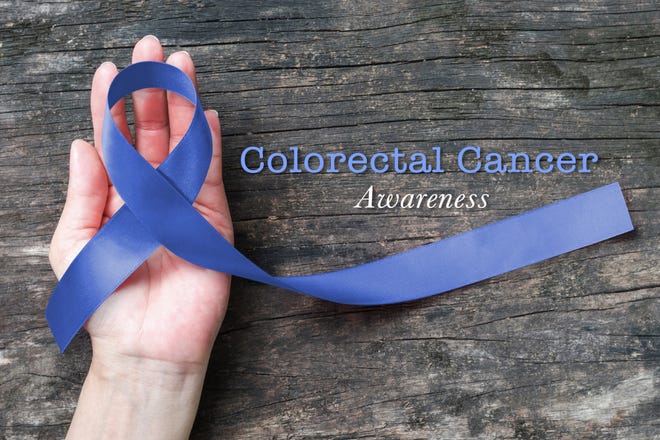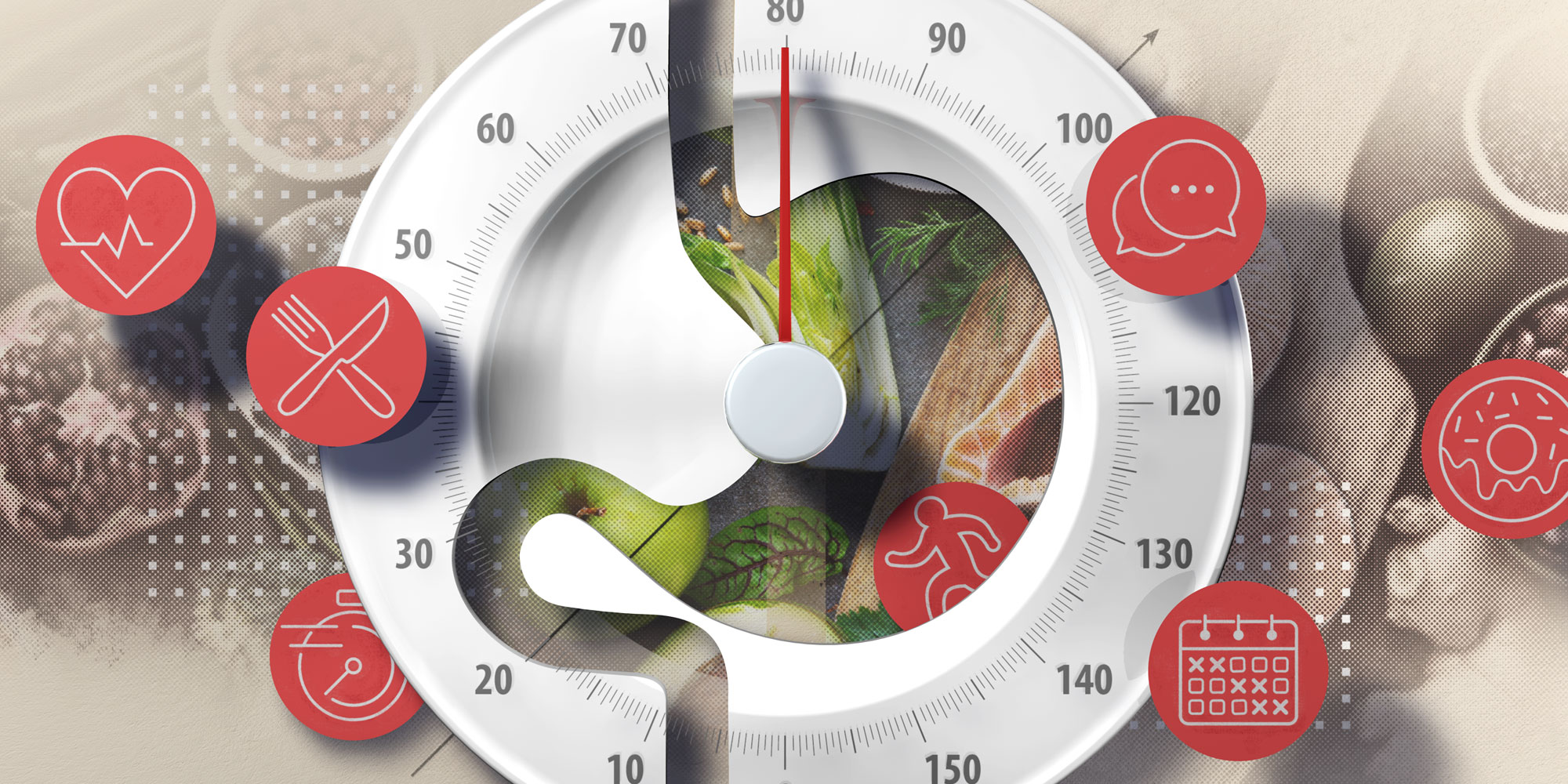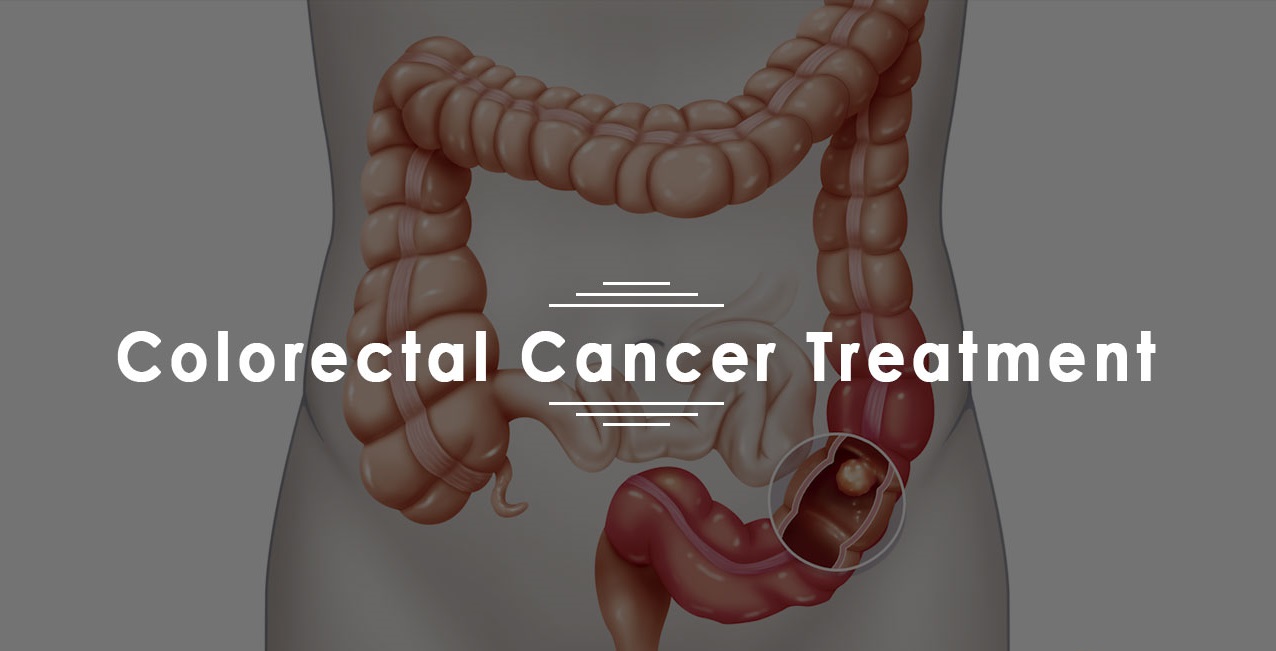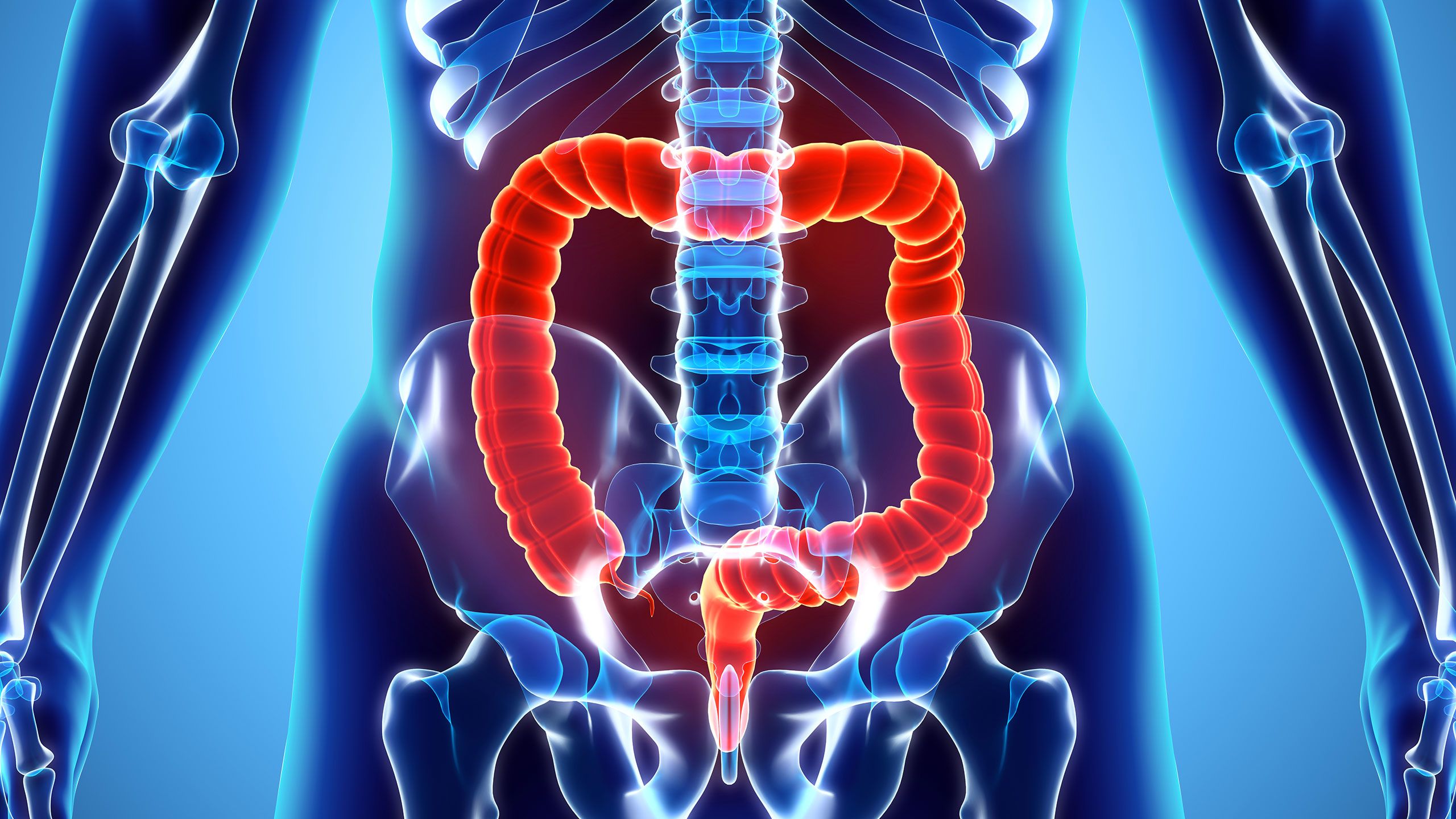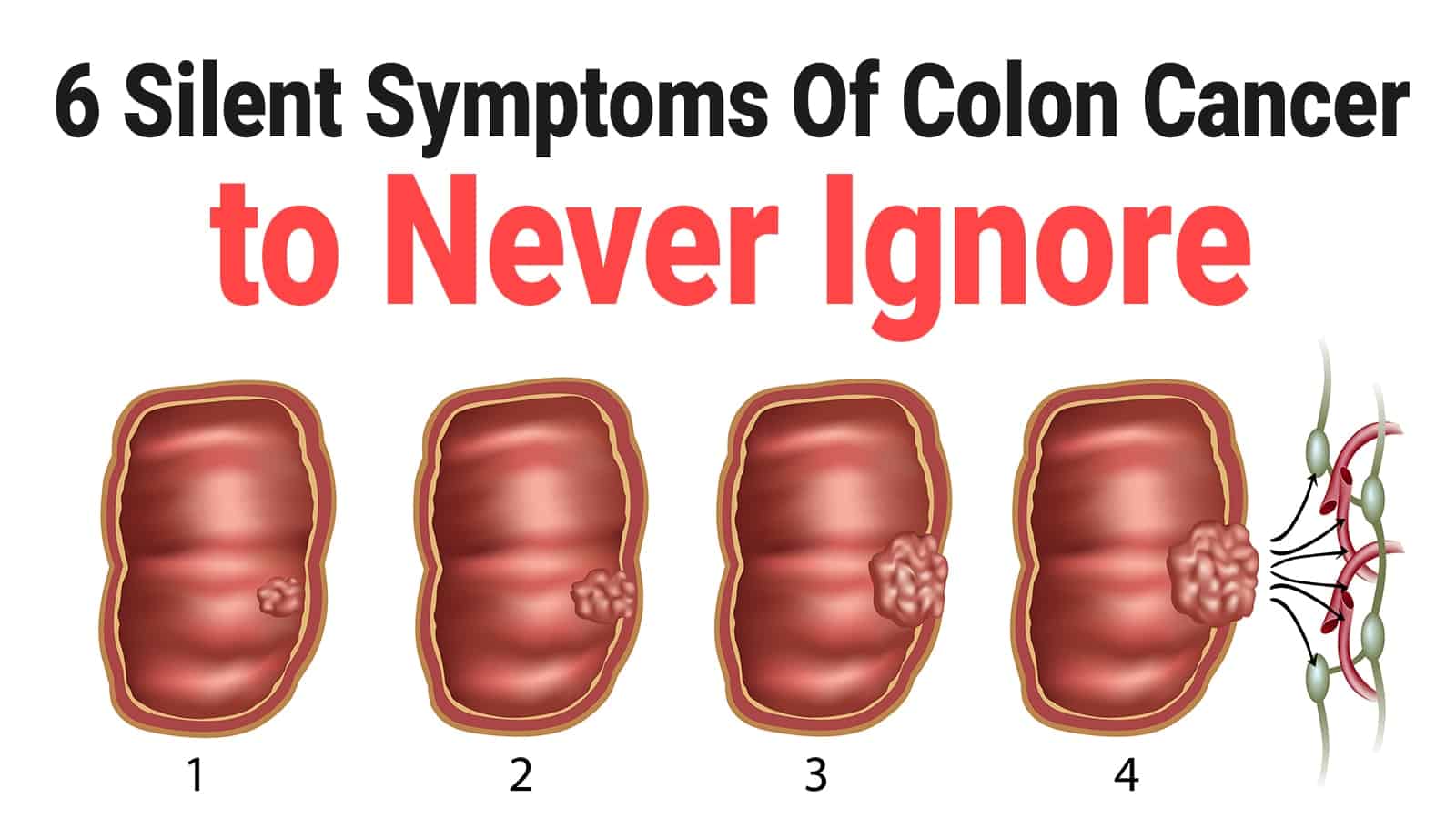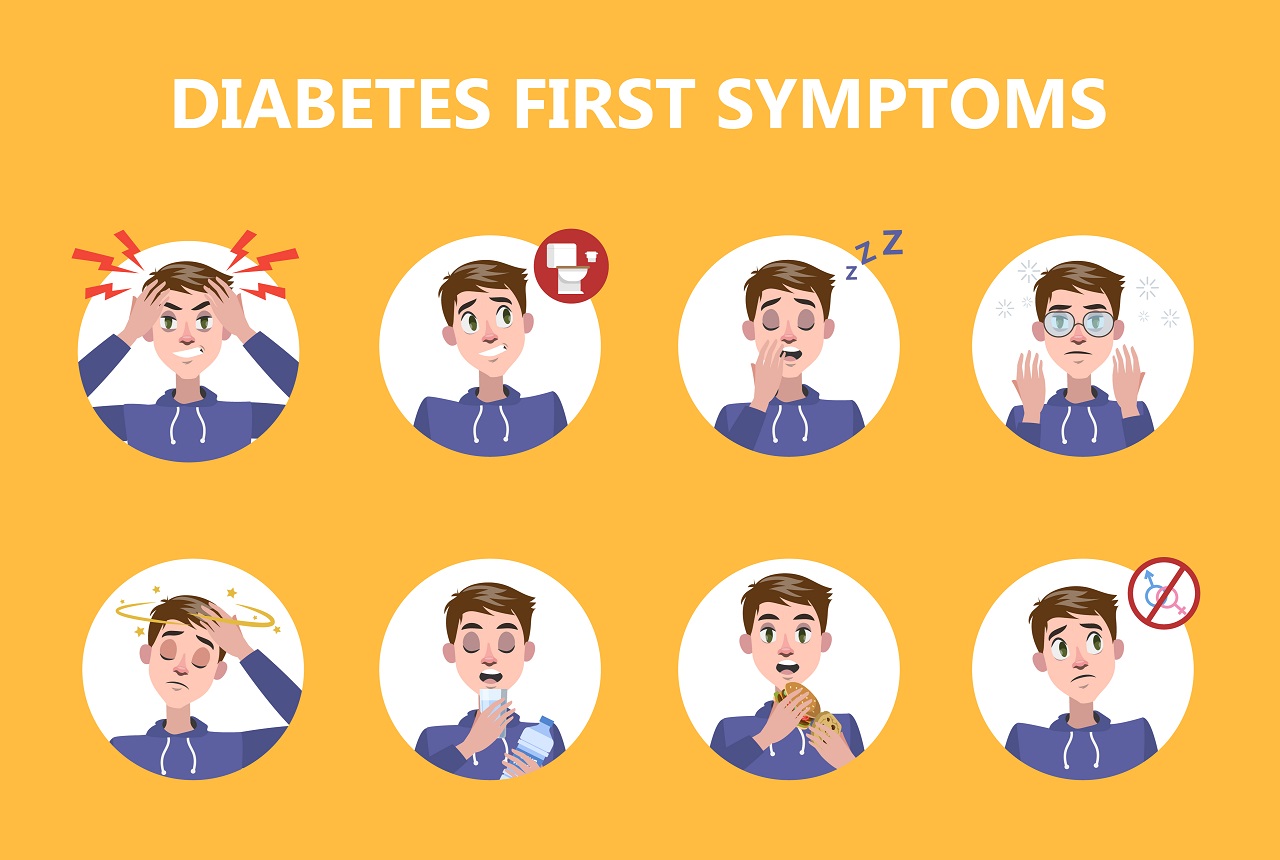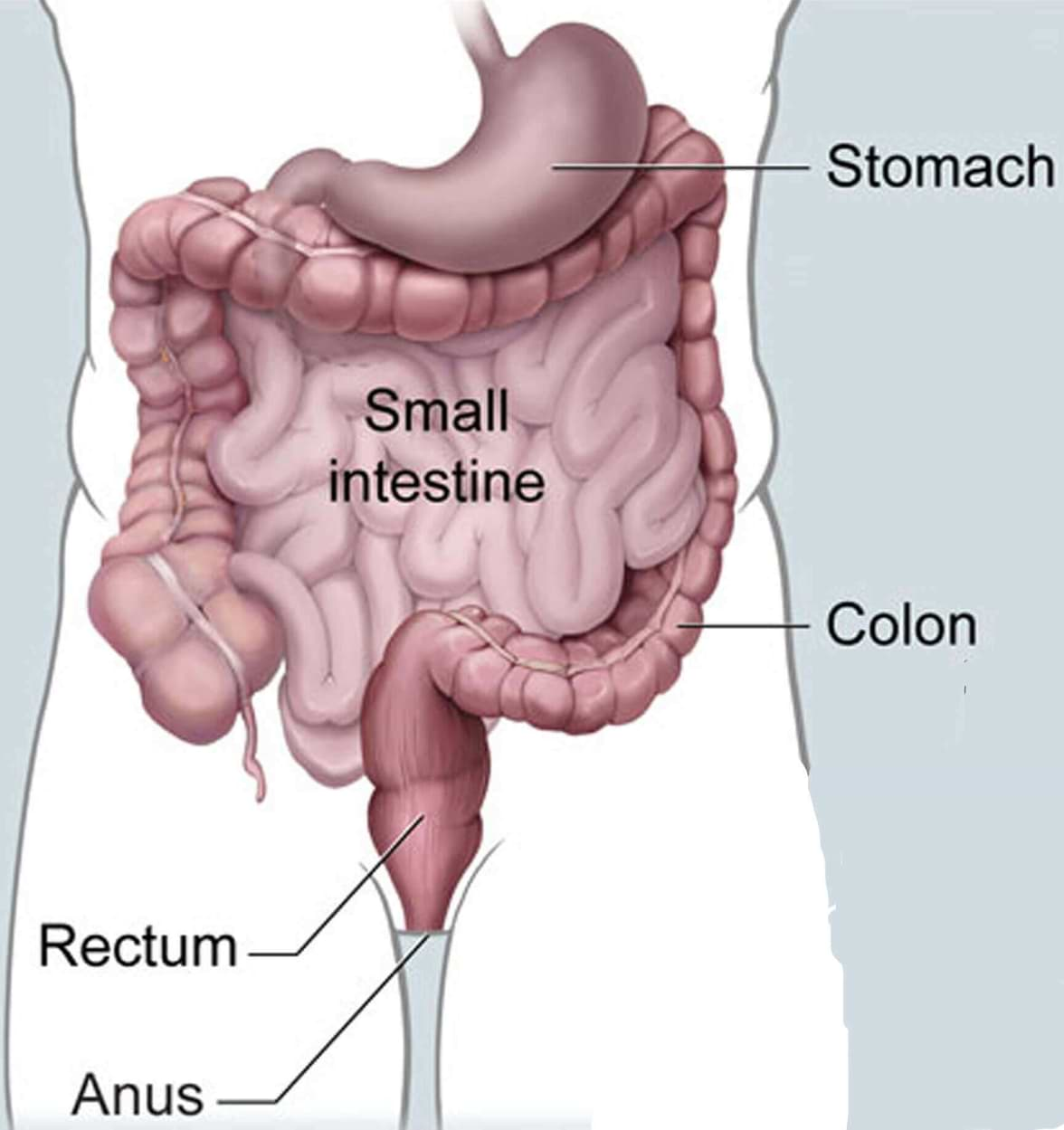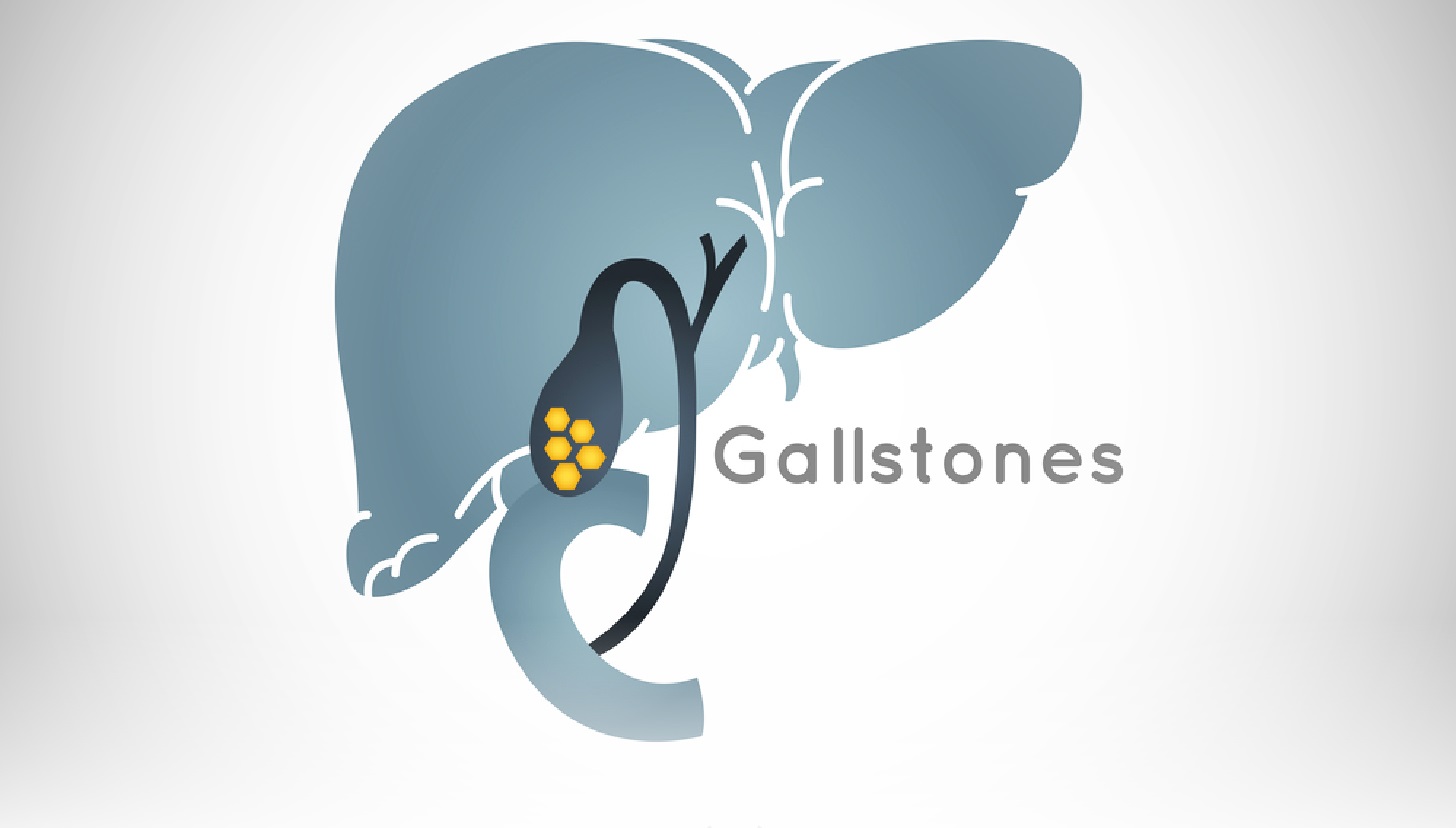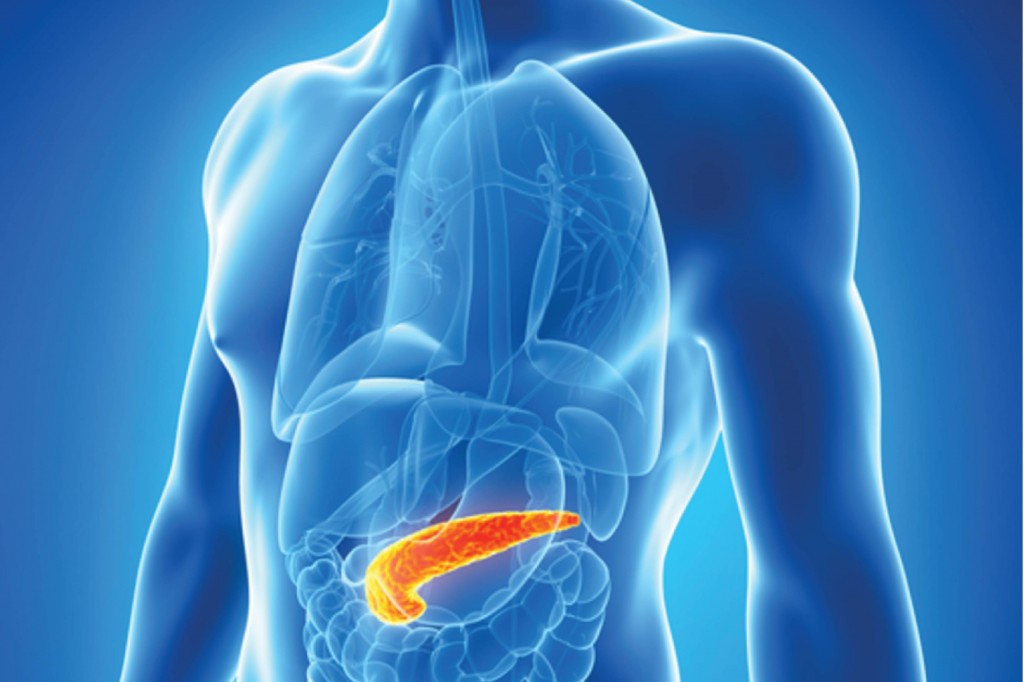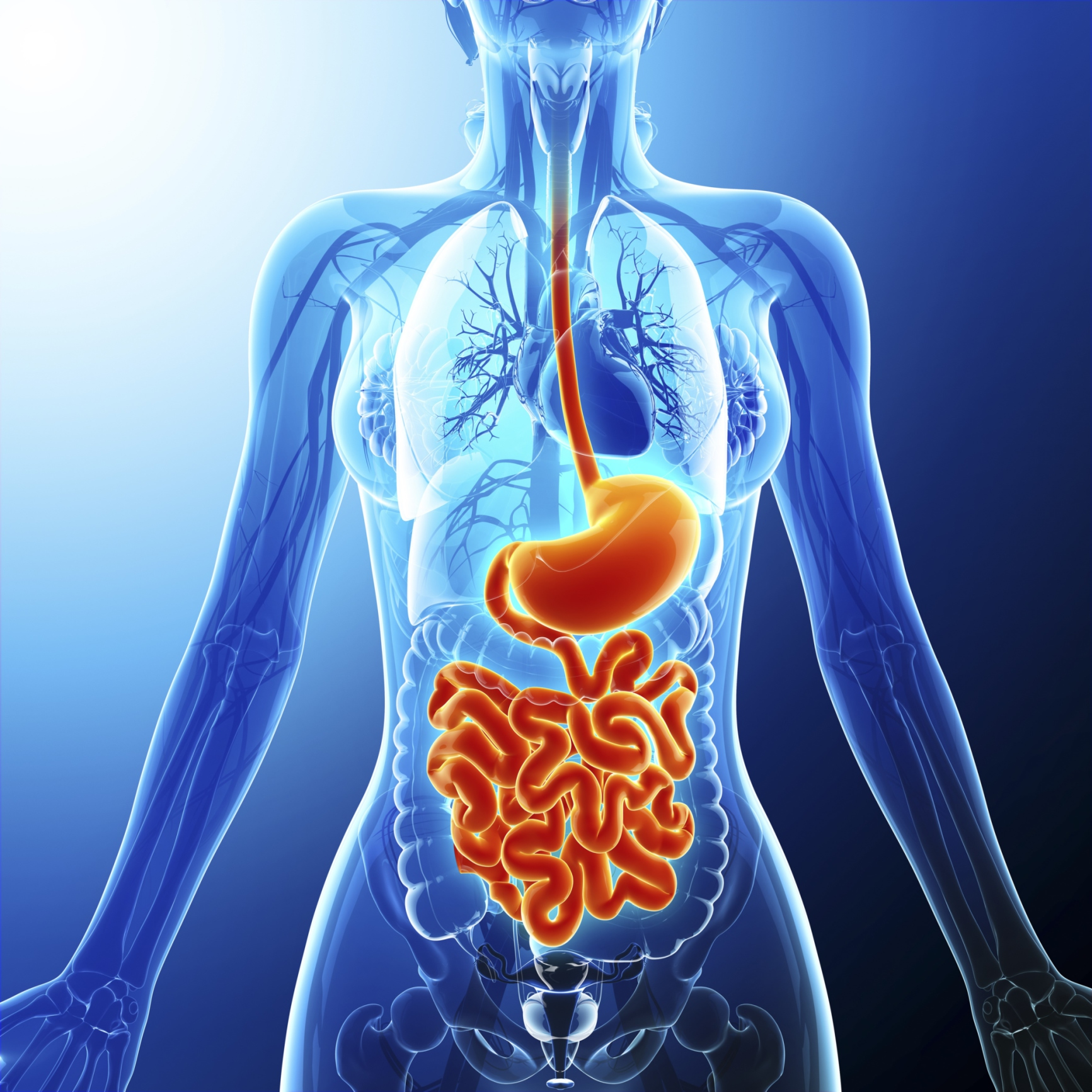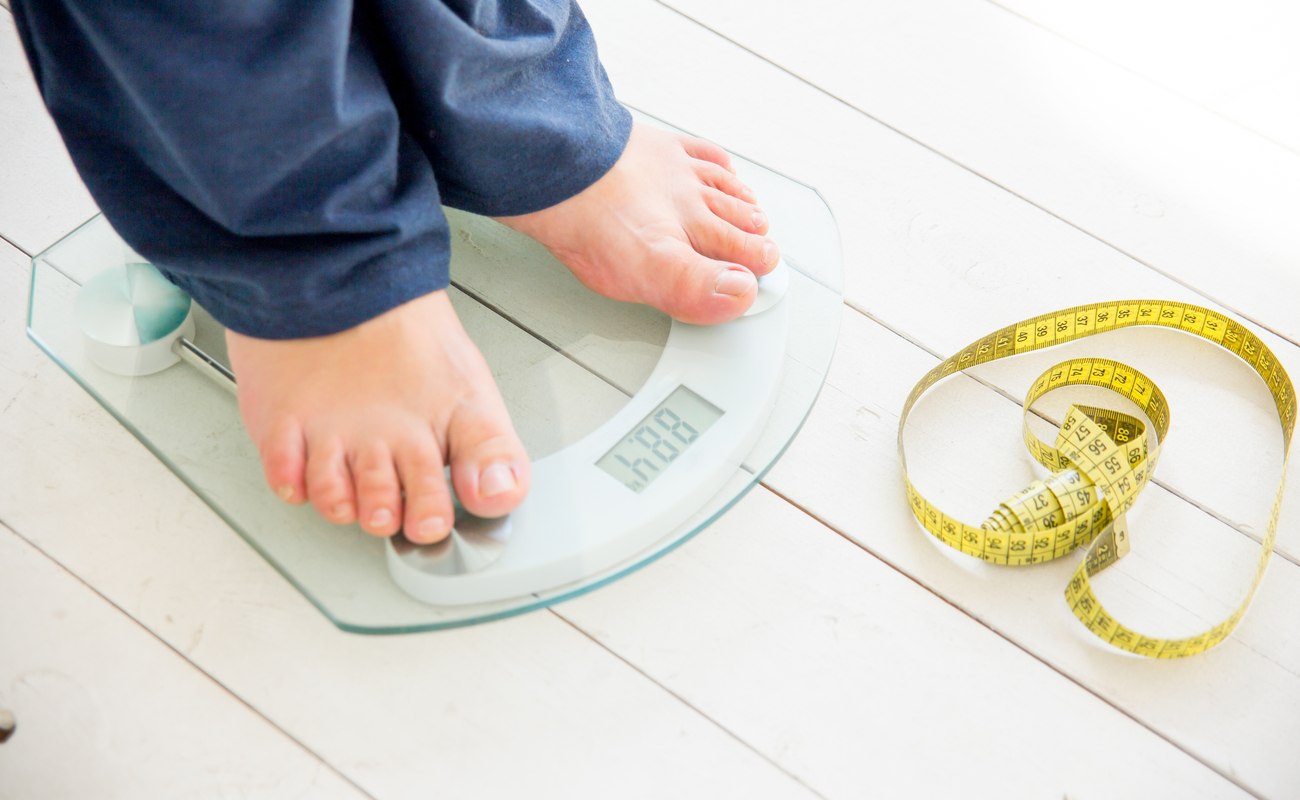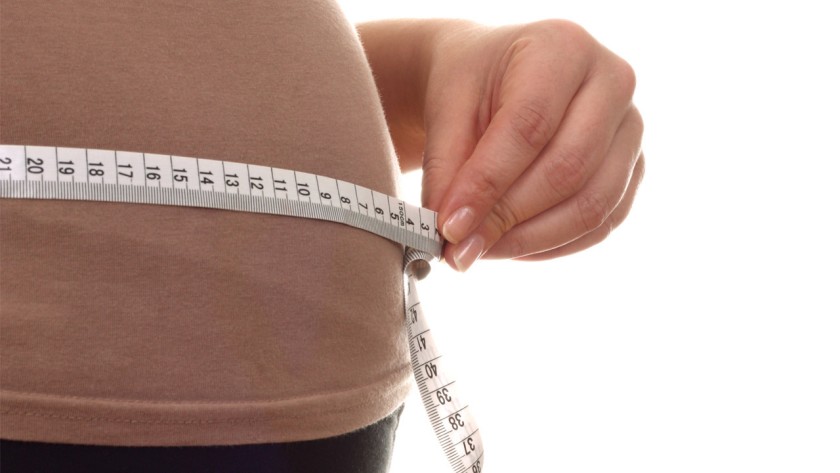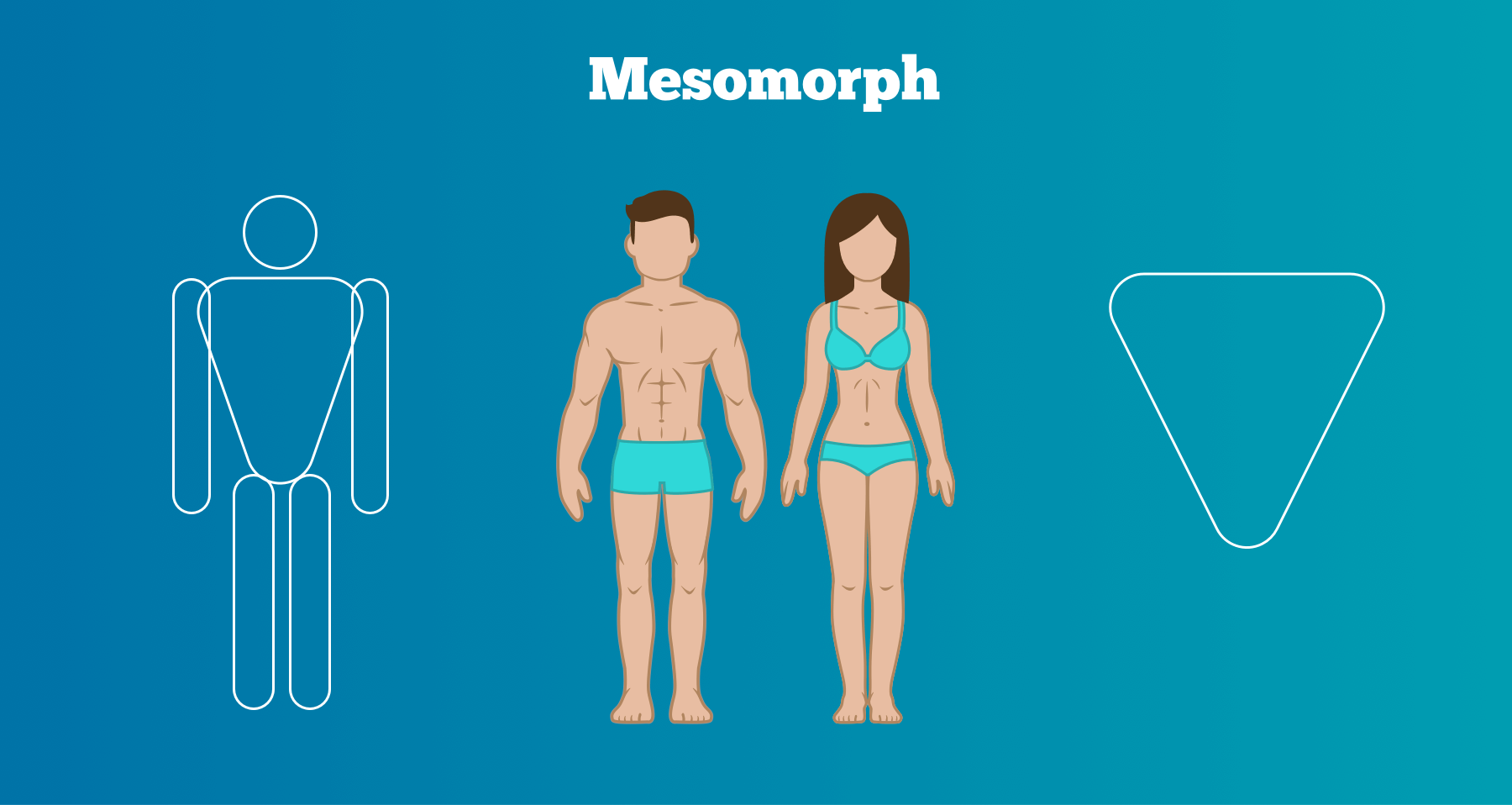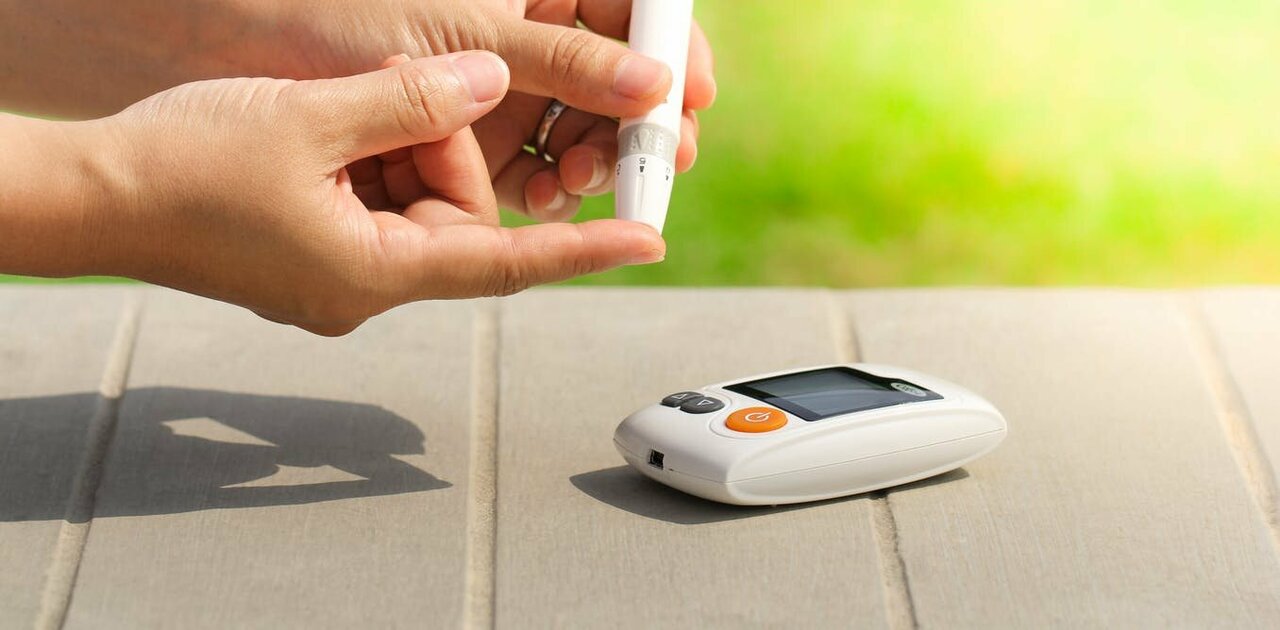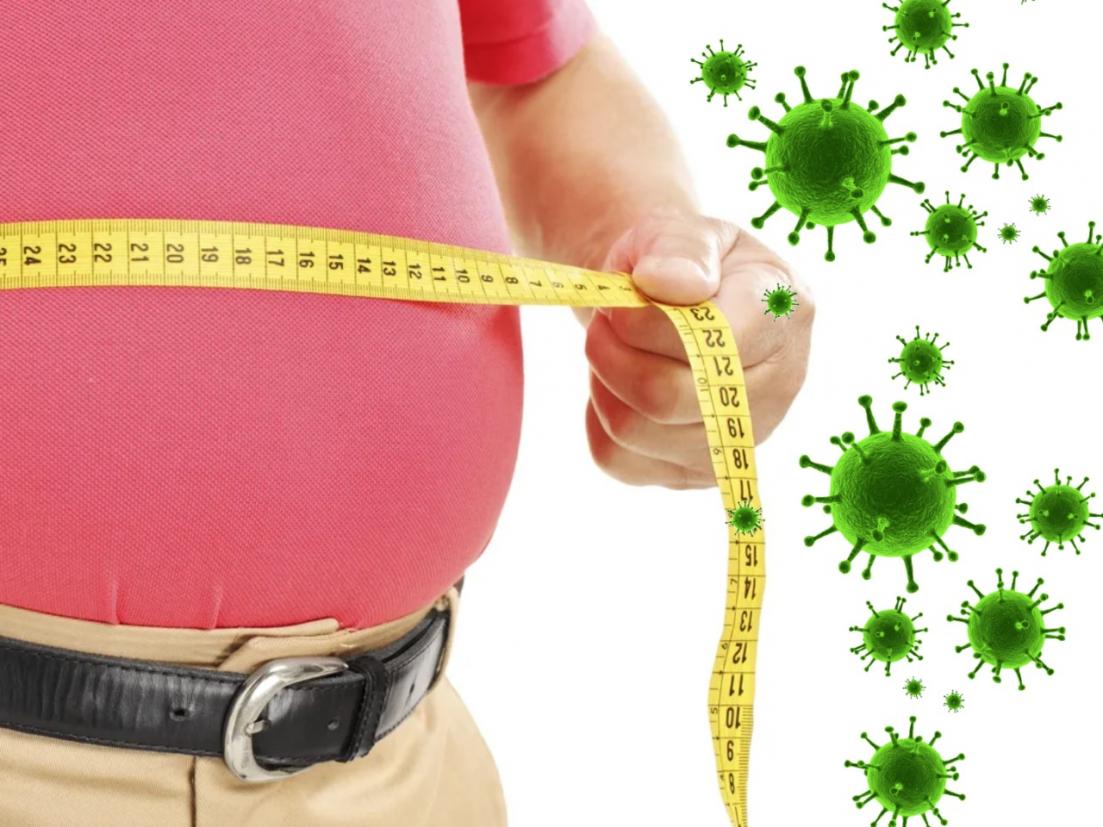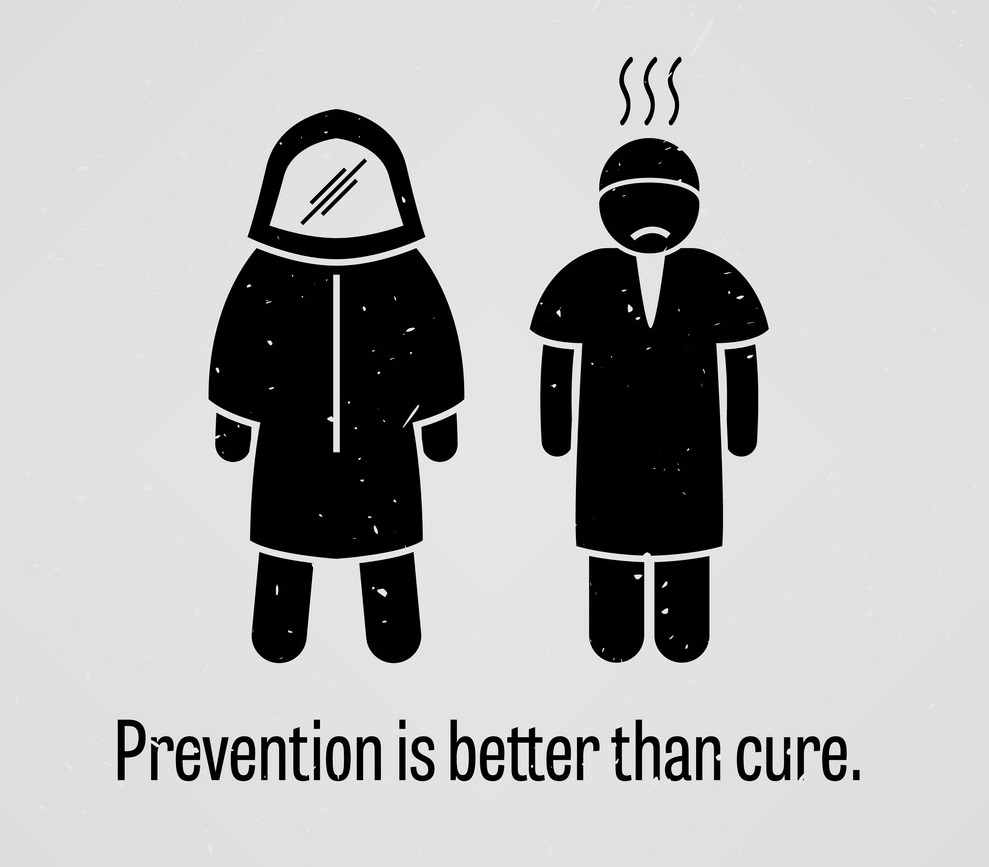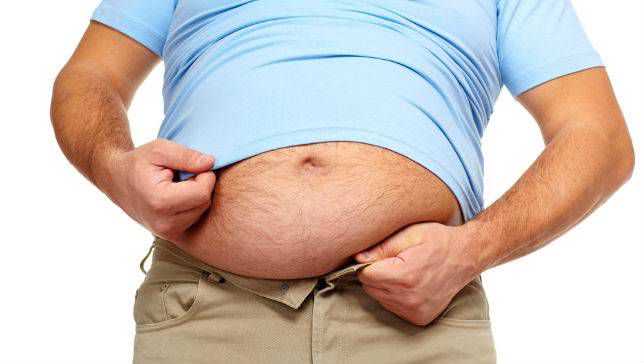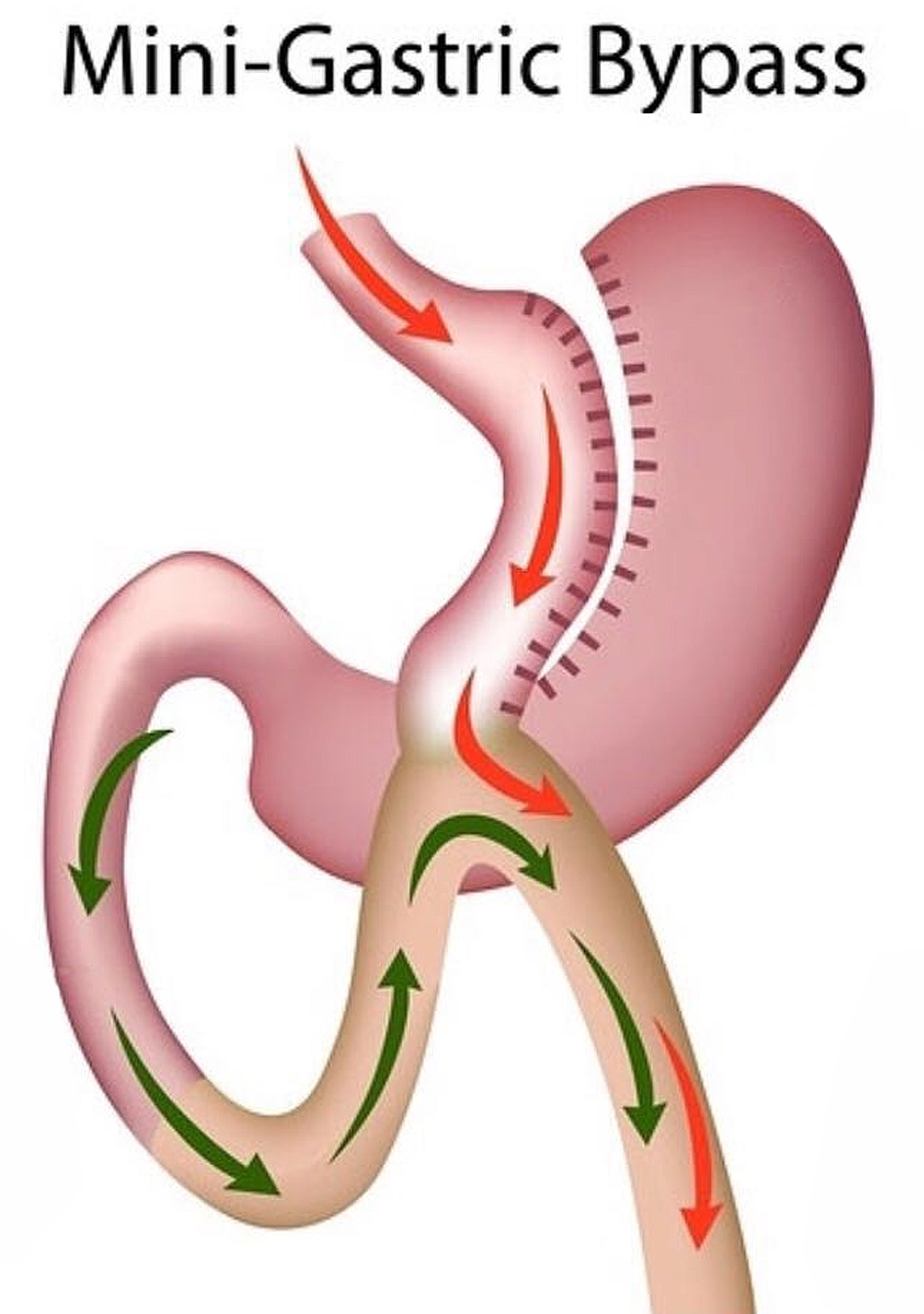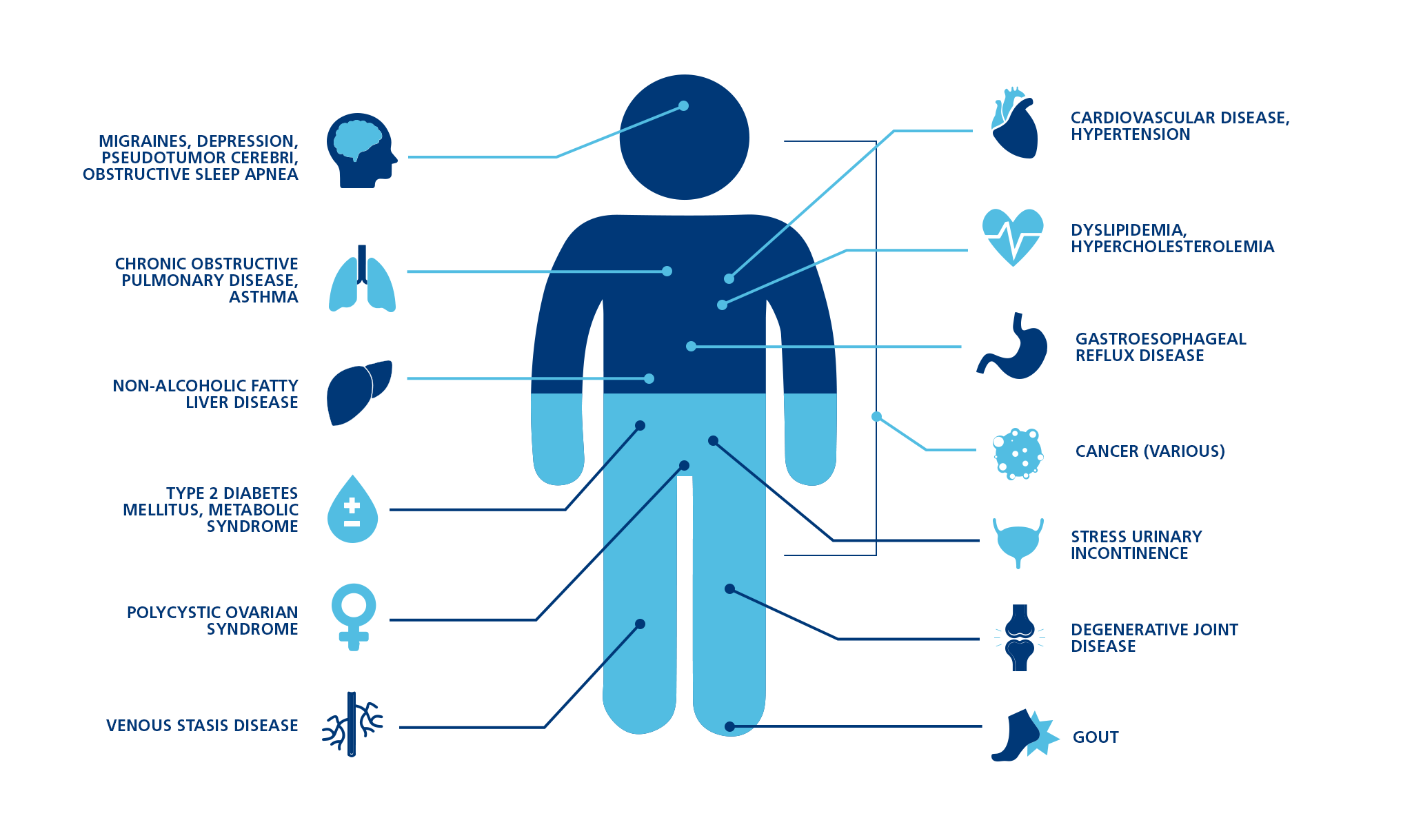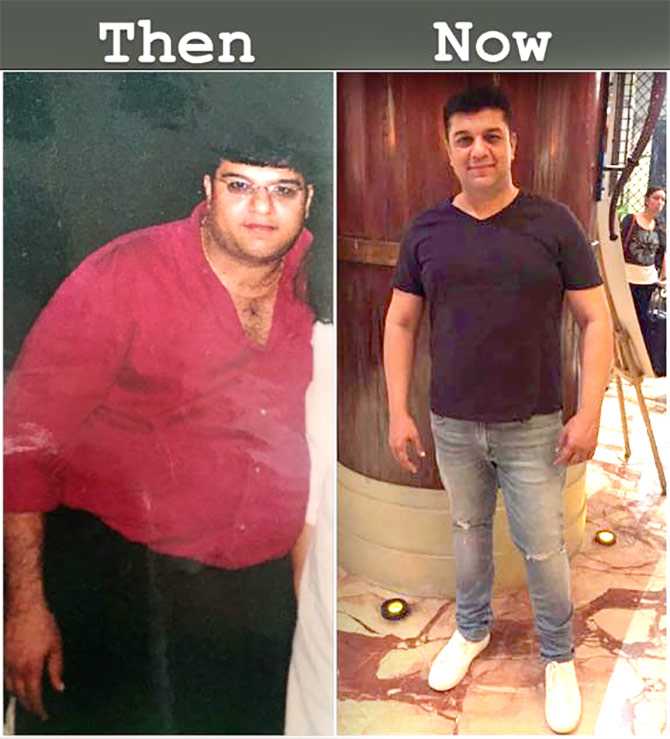Oral Health
Oral Health- The Best and Worsts Food for Teeth
Complete oral care extends far beyond brushing and flossing.
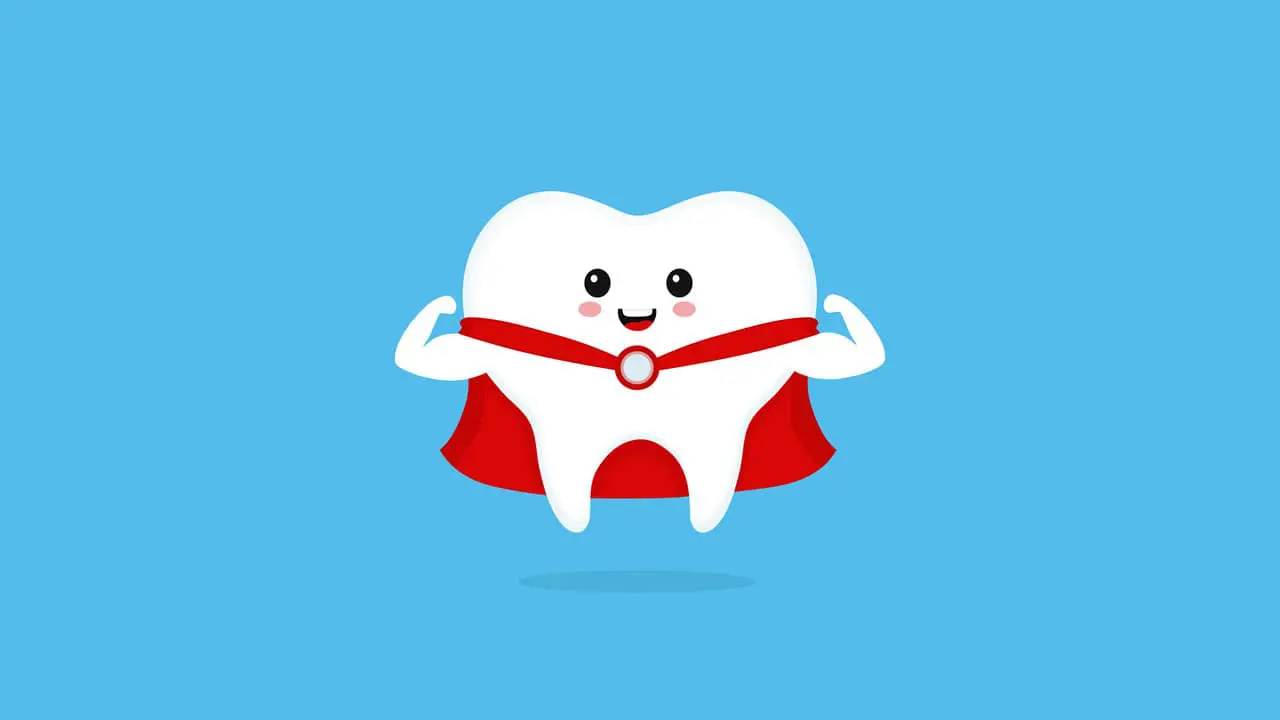
Daily brushing with fluoride toothpaste and flossing are essential to a healthy smile, but did you know nutrition has an effect on your dental health, too?
Eating a variety of nutrient-rich foods from all the food groups promotes healthy teeth and gums. A balanced eating plan that includes fruits, vegetables, protein foods, grains and dairy provides essential nutrients for optimum oral health as well as overall health.
Foods to add to your diet
Use this healthy foods list to improve your diet and the health of your mouth.
Cheese
If you're one of the many people who profess a love of cheese, you now have another reason to enjoy this tasty food. A study published on National Health Portal describes that eating cheese raised the pH in the subjects' mouths and lowered their risk of tooth decay. It's thought that the chewing required to eat cheese increases saliva in the mouth. Cheese also contains calcium and protein, nutrients that strengthen tooth enamel.
Yoghurt
Like cheese, yoghurt is high in calcium and protein, which makes it a good pick for the strength and health of your teeth. The probiotics, or beneficial bacteria, found in yoghurt also benefit your gums because the good bacteria crowd out bacteria that cause cavities. If you decide to add more yoghurt to your diet, choose a plain variety with no added sugar.
Leafy Greens
Leafy greens typically find their way onto any healthy foods list. They're full of vitamins and minerals while being low in calories. Leafy greens such as kale and spinach also promote oral health. They're high in calcium, which builds the enamel on your teeth. They also contain folic acid, according to the Indian Academy of Sciences. Folic acid is a type of B vitamin that has numerous health benefits, including possibly treating gum disease in pregnant women, according to the International Journal of Health & Allied Sciences. If you have trouble getting leafy greens into your diet, add a handful of baby spinach to your next salad or throw some kale on a pizza. You can also try adding some greens to a smoothie.
Apples
While the ADA recommends steering clear of most sweet foods, there are some exceptions. Fruits, such as apples, might be sweet, but they're also high in fibre and water. The action of eating an apple produces saliva in your mouth, which rinses away bacteria and food particles. The fibrous texture of the fruit also stimulates the gums. Eating an apple isn't the same as brushing your teeth with a toothpaste that contains fluoride, but it can tide you over until you have a chance to brush. Pack either a whole apple or apple slices in your lunch to give your mouth a good scrubbing at the end of the meal.
Carrots
Like apples, carrots are crunchy and full of fibre. Eating a handful of raw carrots at the end of the meal increases saliva production in your mouth, which reduces your risk of cavities. Along with being high in fibre, carrots are a great source of vitamin A. Top a salad with a few slices of raw carrot, or enjoy some baby carrots on their own.
Celery
Celery might get a bad reputation for being bland, watery and full of those pesky strings, but like carrots and apples, it acts a bit like a toothbrush, scraping food particles and bacteria away from your teeth. It's also a good source of vitamins A and C, two antioxidants that give the health of your gums a boost. Make celery even tastier by topping it with cream cheese.
Almonds
Almonds are great for your teeth because they are a good source of calcium and protein while being low in sugar. Enjoy a handful of almonds with your lunch. You can also add a handful to a salad or to a stir-fry dinner.
Along with adding more leafy greens, dairy products and fibrous vegetables to your diet, pay attention to what you're drinking. Since it has no calories or sugar, water is always the best pick, especially compared to juice or fizzy drinks. Your diet makes a big difference when it comes to a healthy smile.
Foods to avoid
Stay away from these:
- Sticky candies and sweets. If you eat sweets, go for those that clear out of your mouth quickly. So thumbs down for lollipops, caramels, and cough drops that have refined sugar. The effects of chocolate on preventing cavities has been widely promoted (largely by studies funded by the candy industry). This has not been totally proven. But the ADA states that chocolate washes off the teeth more quickly than other candies. Dark chocolate (70% cacao) does have some health benefits. Some studies have shown chocolate is not as bad as other sugary treats.
- Starchy foods that can get stuck in your mouth. Soft breads and potato chips, for instance, can get trapped between your teeth.
- Carbonated soft drinks. These drinks are the leading source of added sugar among kids and teens. They are loaded with sugar. And most soft drinks have phosphoric and citric acids that wear away tooth enamel.
- Substances that dry out your mouth. These include alcohol and many medicines. If medicines are the cause, talk with your dental care provider about getting a fluoride rinse, or a fluoride gel for brushing your teeth.
Bottomline
Diet plays a key role for your dental health. Eating a variety of nutrient-rich foods from all the food groups promotes healthy teeth and gums.
Reference
- https://www.nhp.gov.in/healthlyliving/oral-health
- http://repository.ias.ac.in/18633/1/309.pdf
- https://www.ijhas.in/article.asp?issn=2278-344X;year=2013;volume=2;issue=3;spage=145;epage=152;aulast=George
- https://www.mouthhealthy.org/en/az-topics/d/diet-and-dental-health
- https://www.urmc.rochester.edu/encyclopedia/content.aspx?contenttypeid=1&contentid=4062

